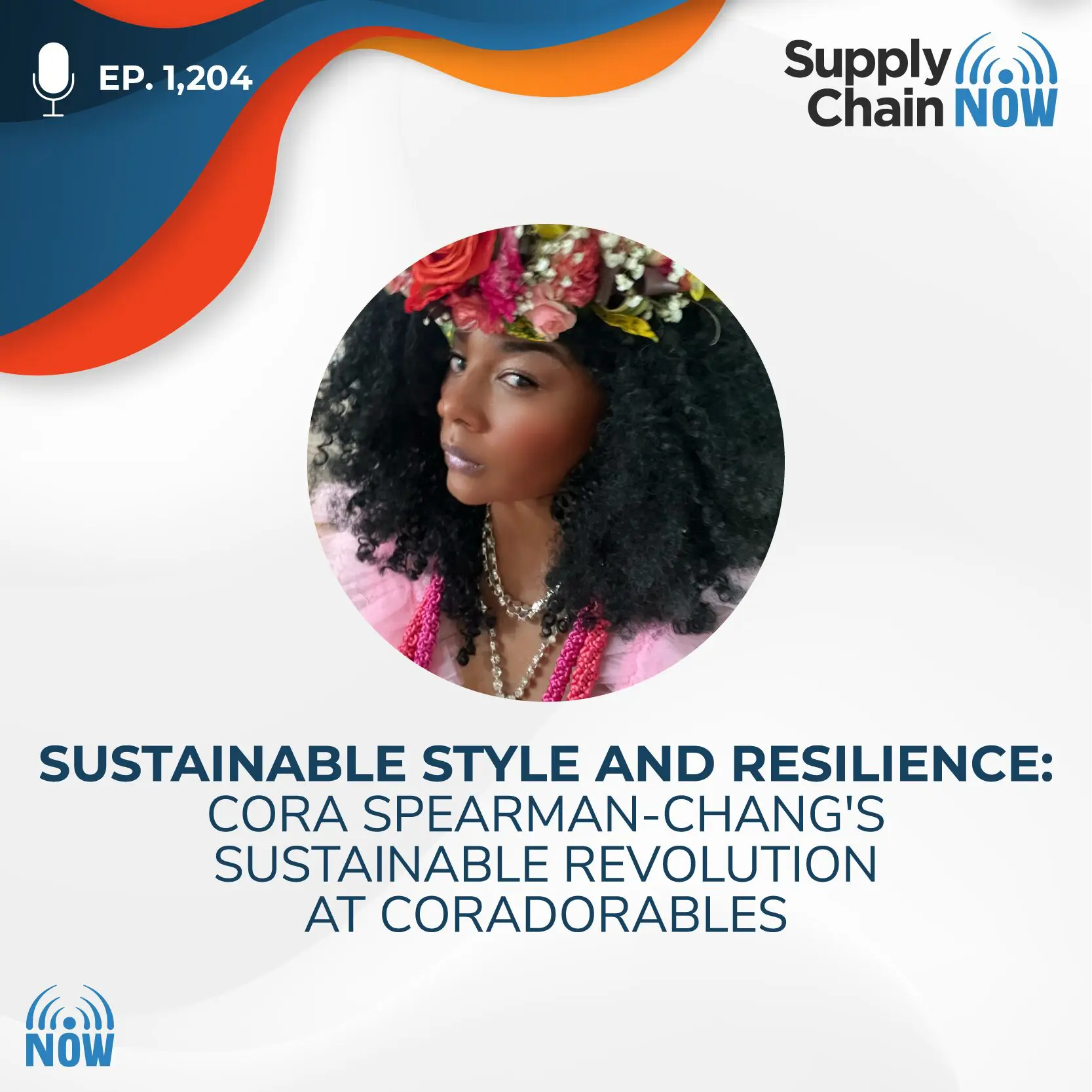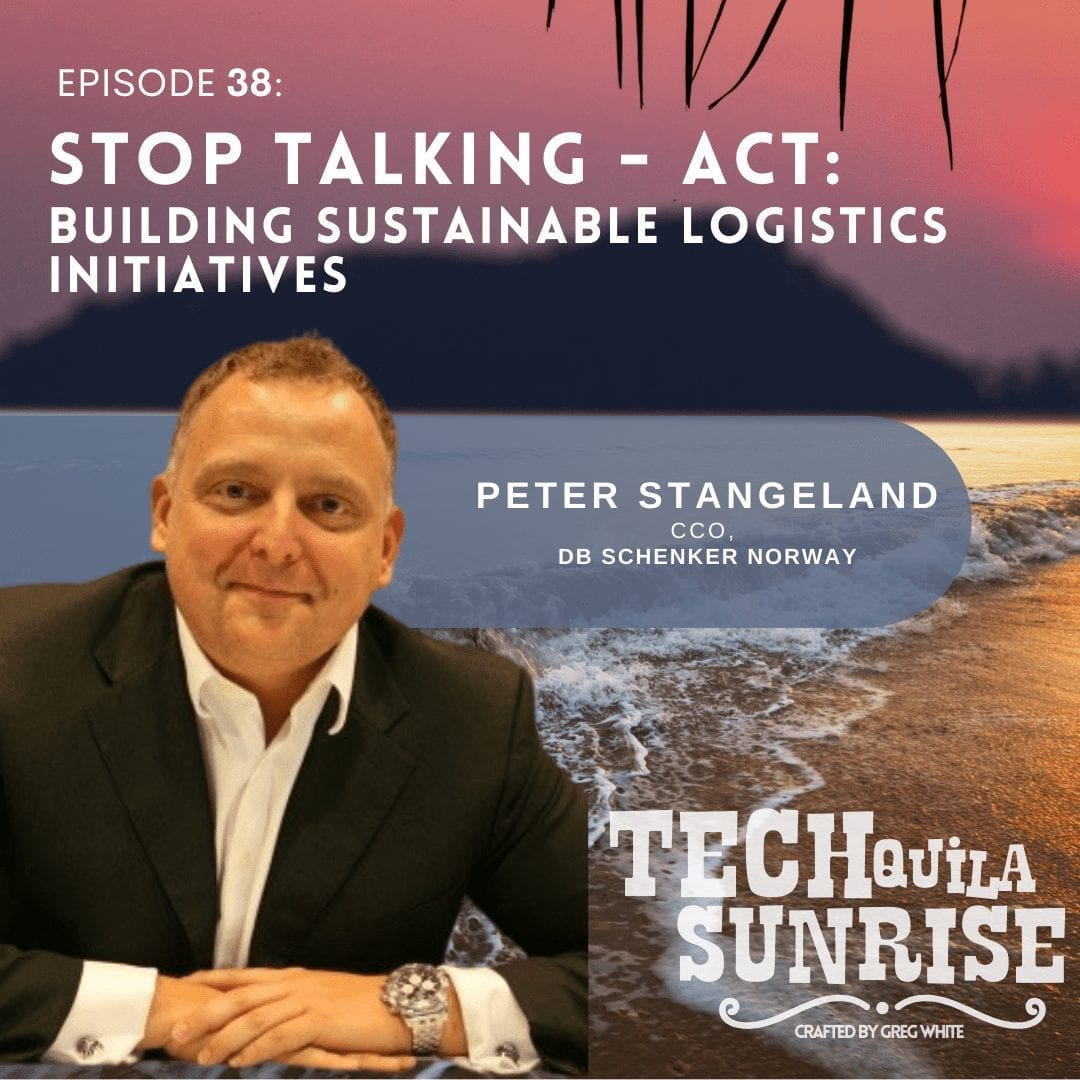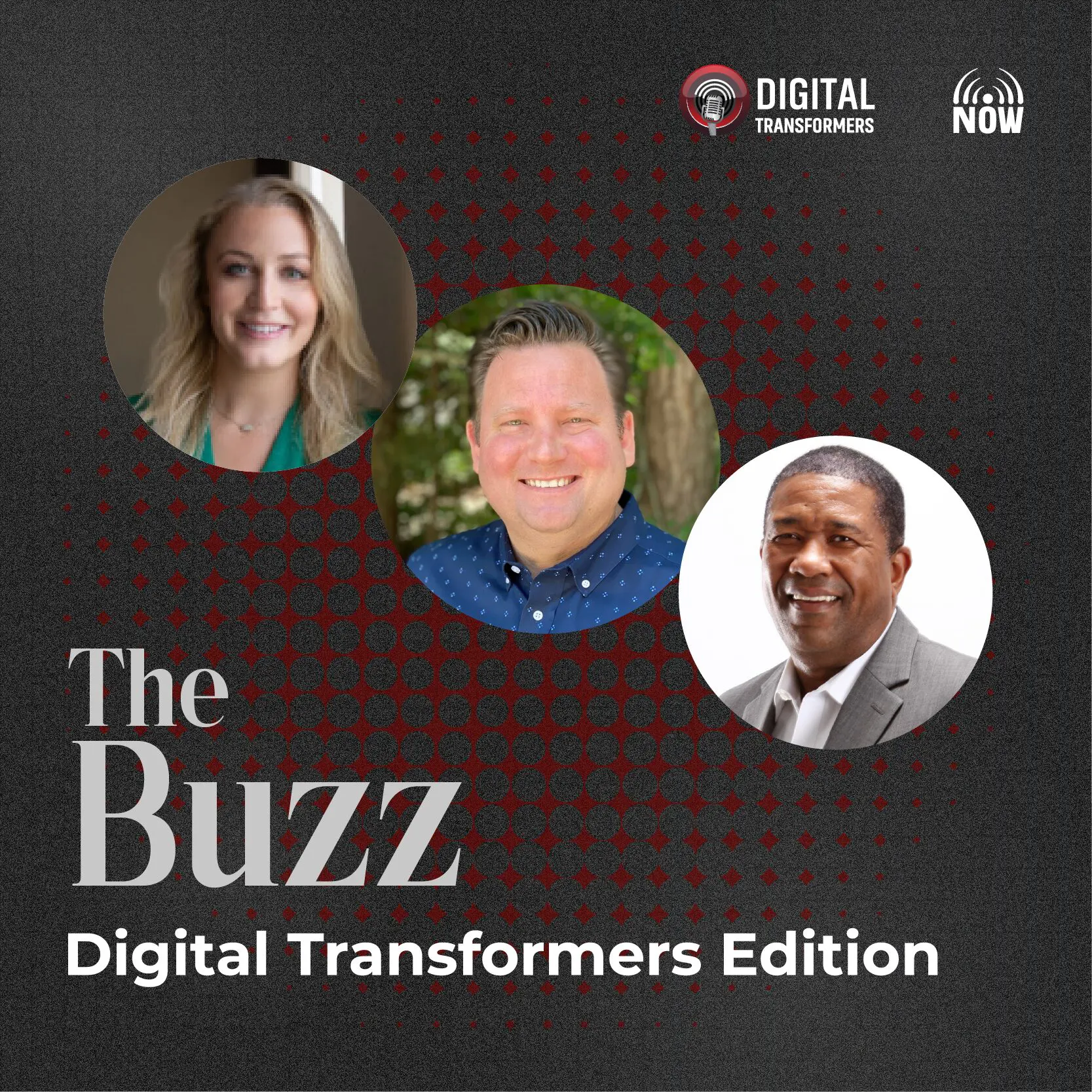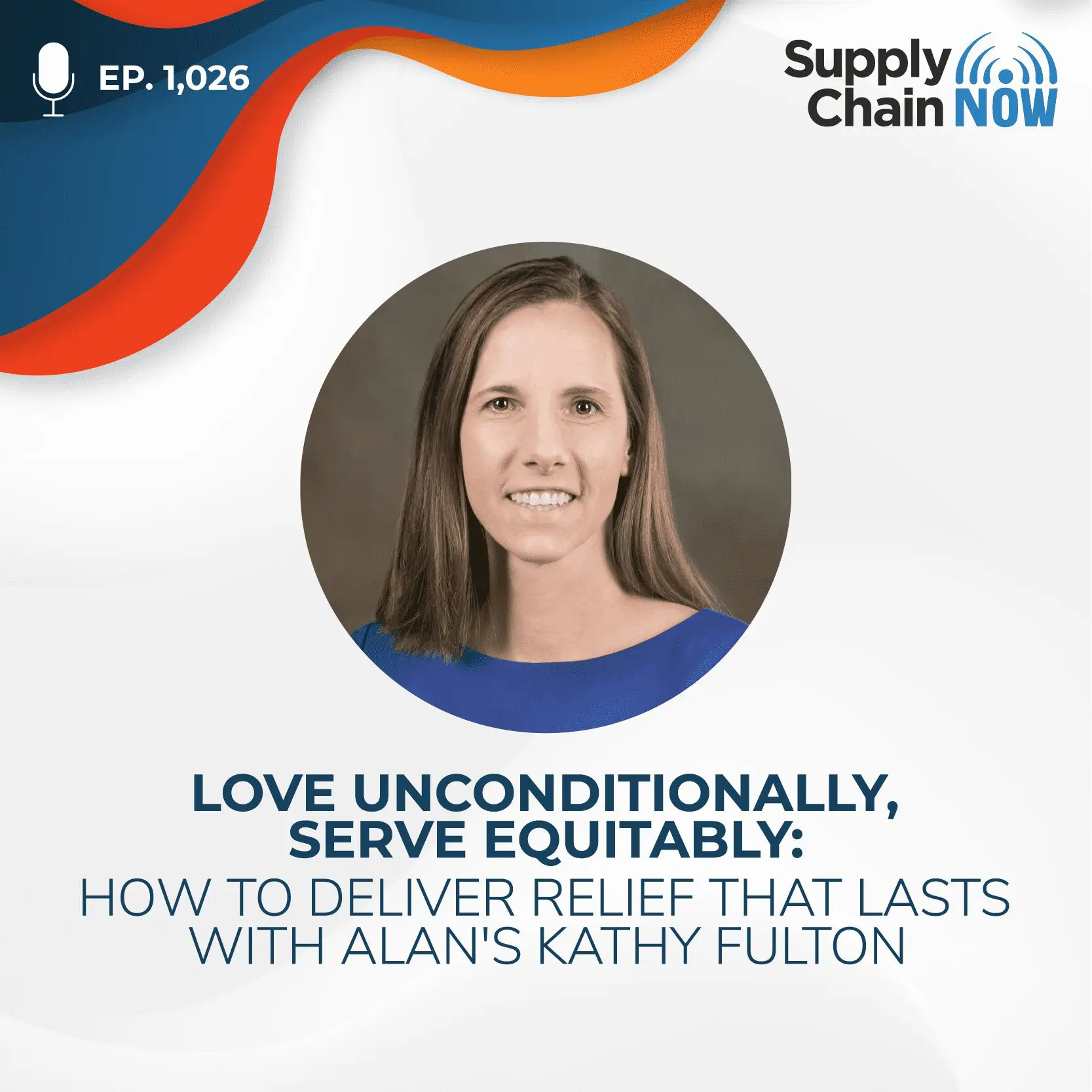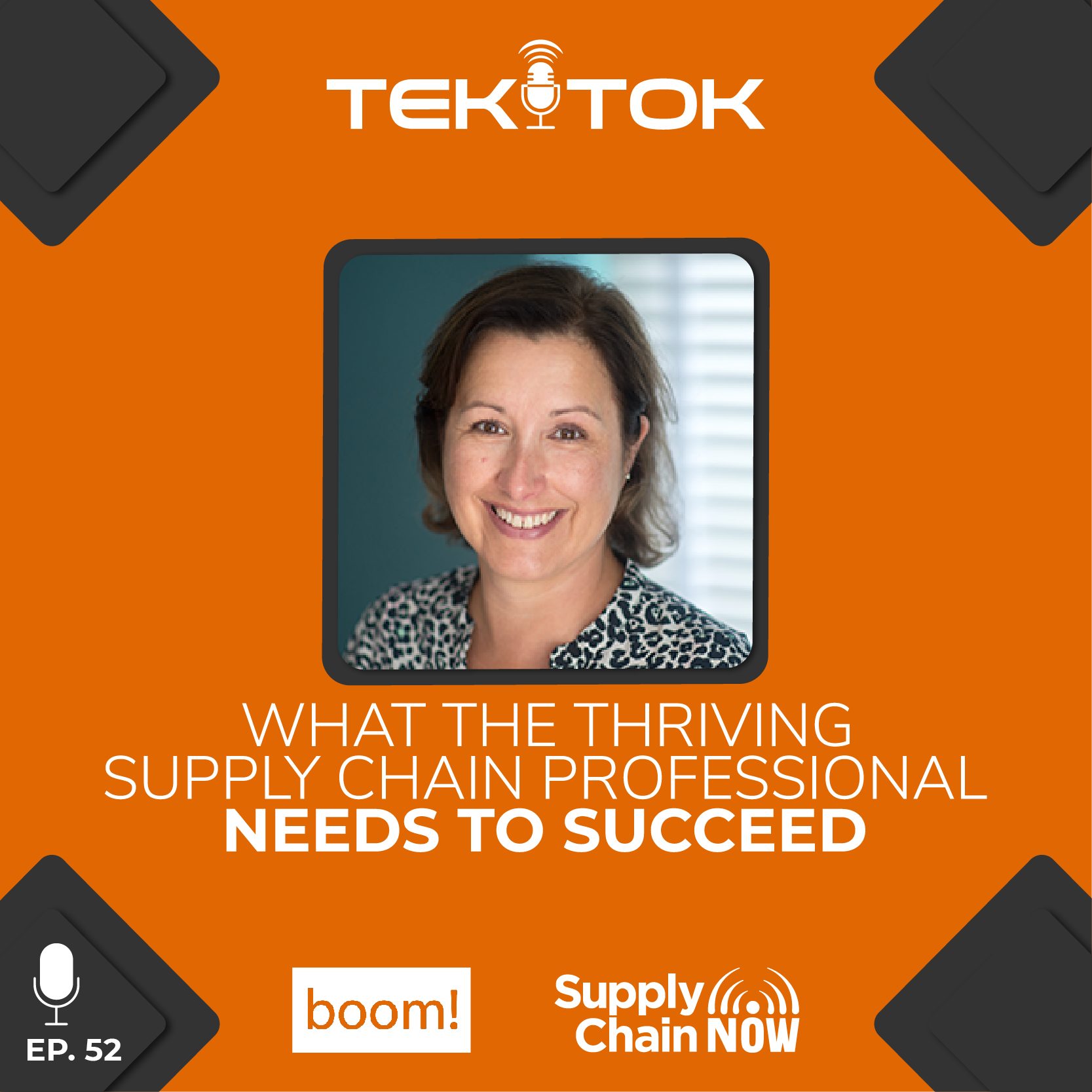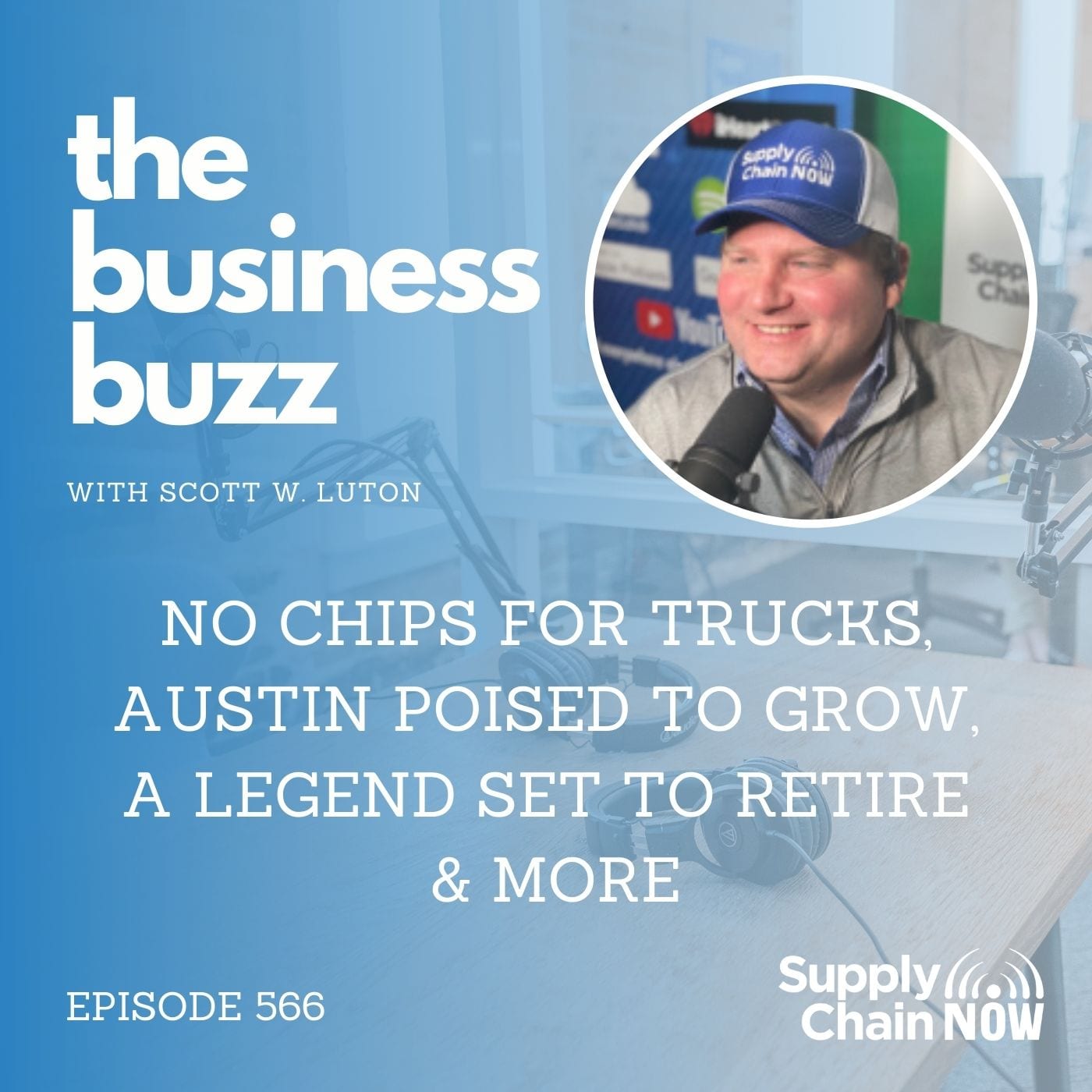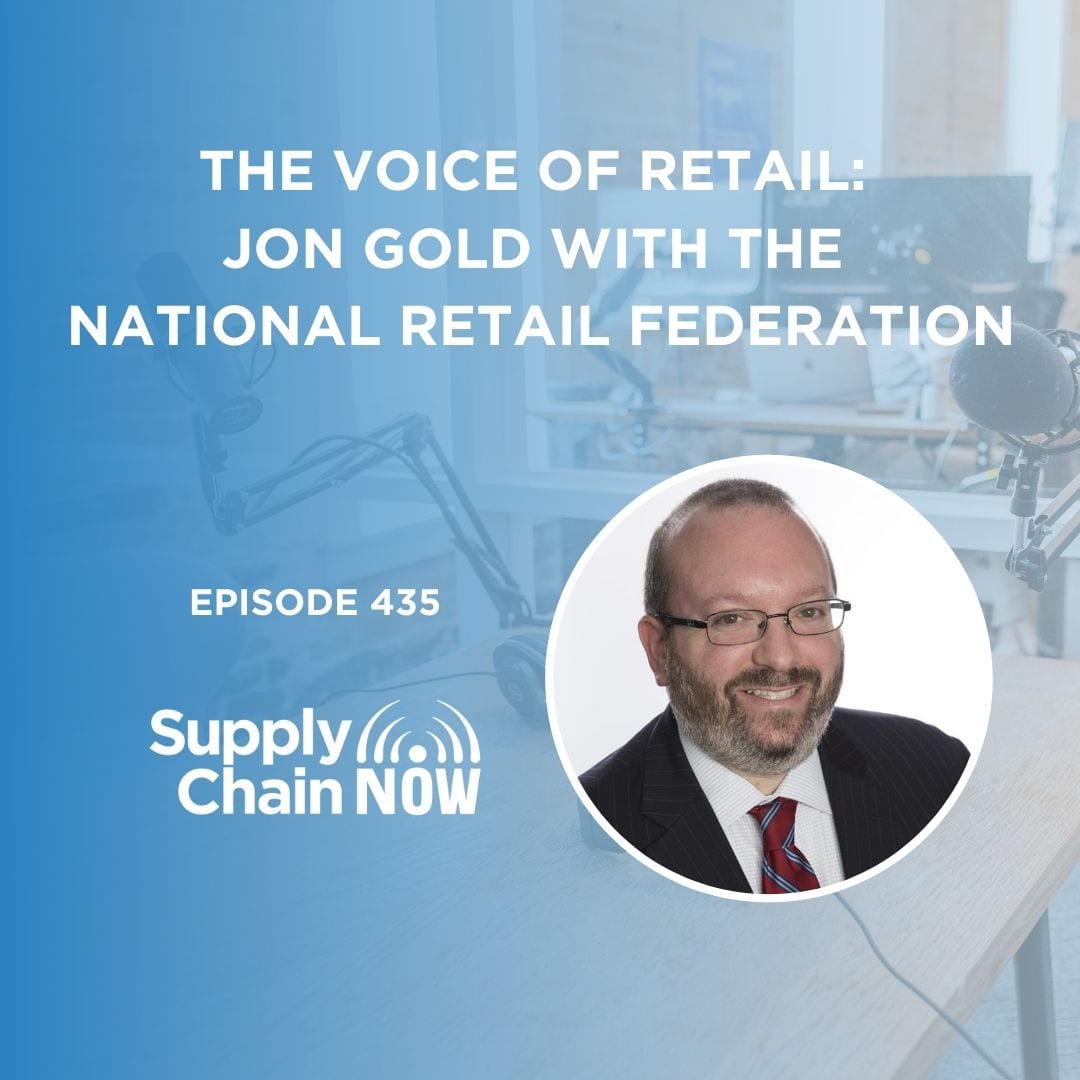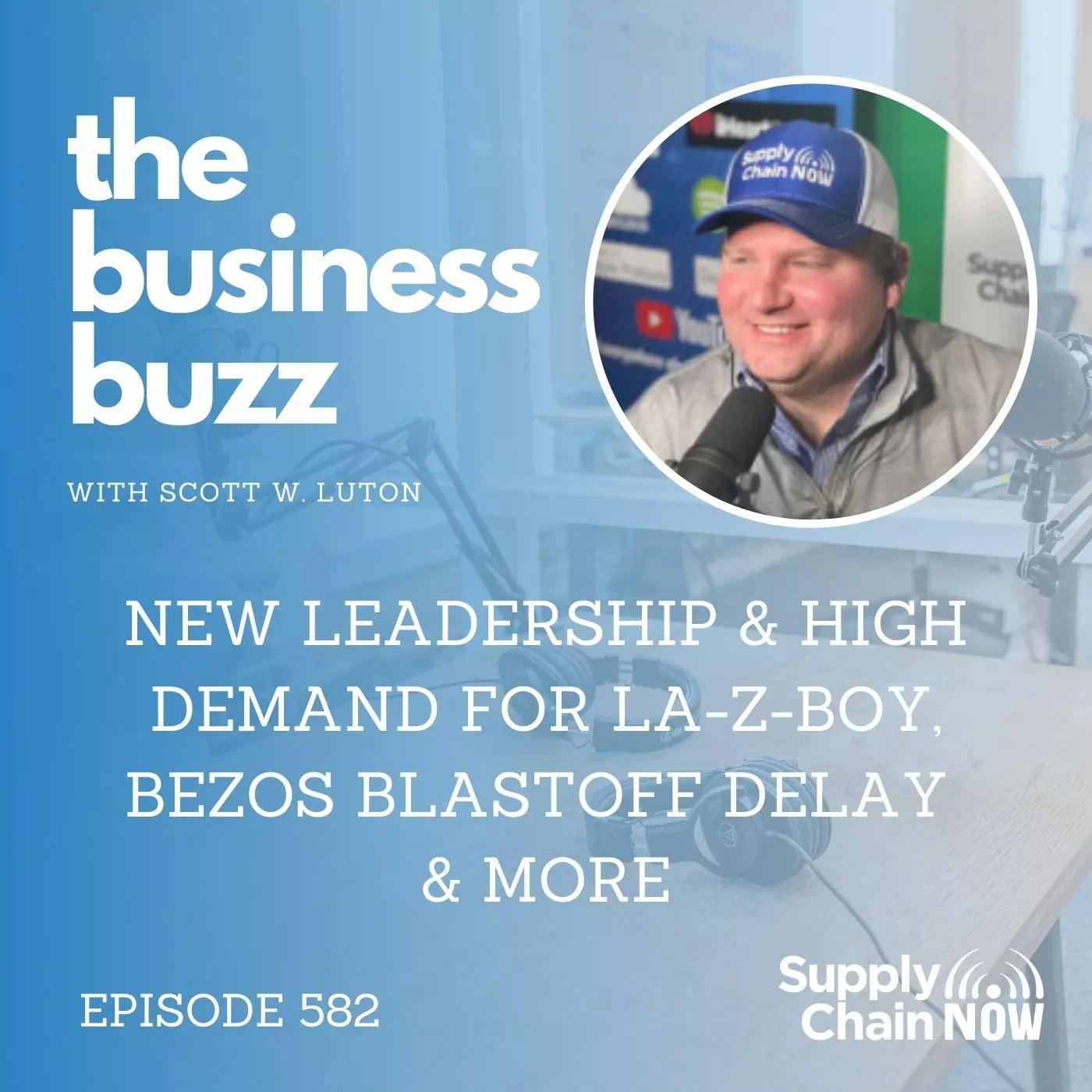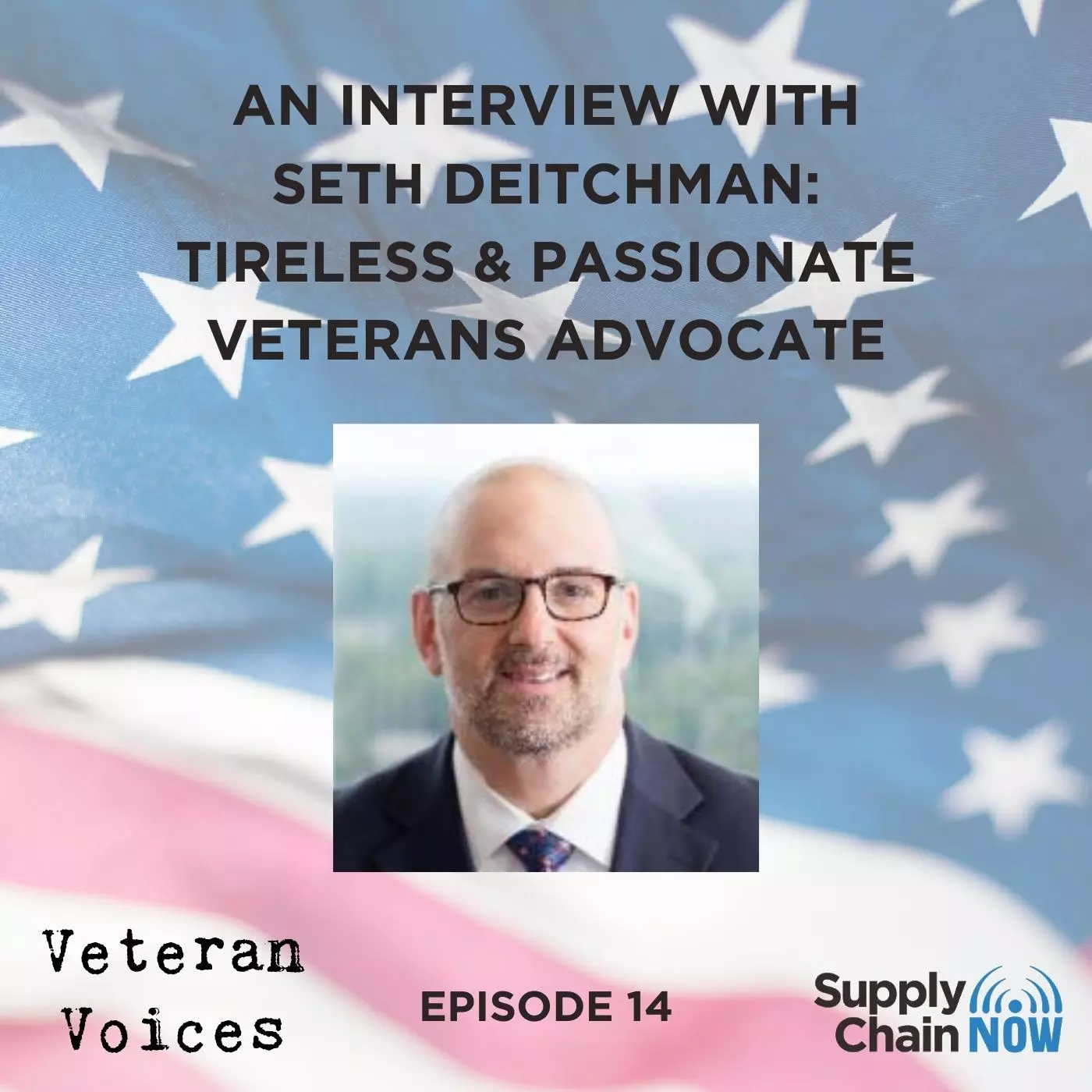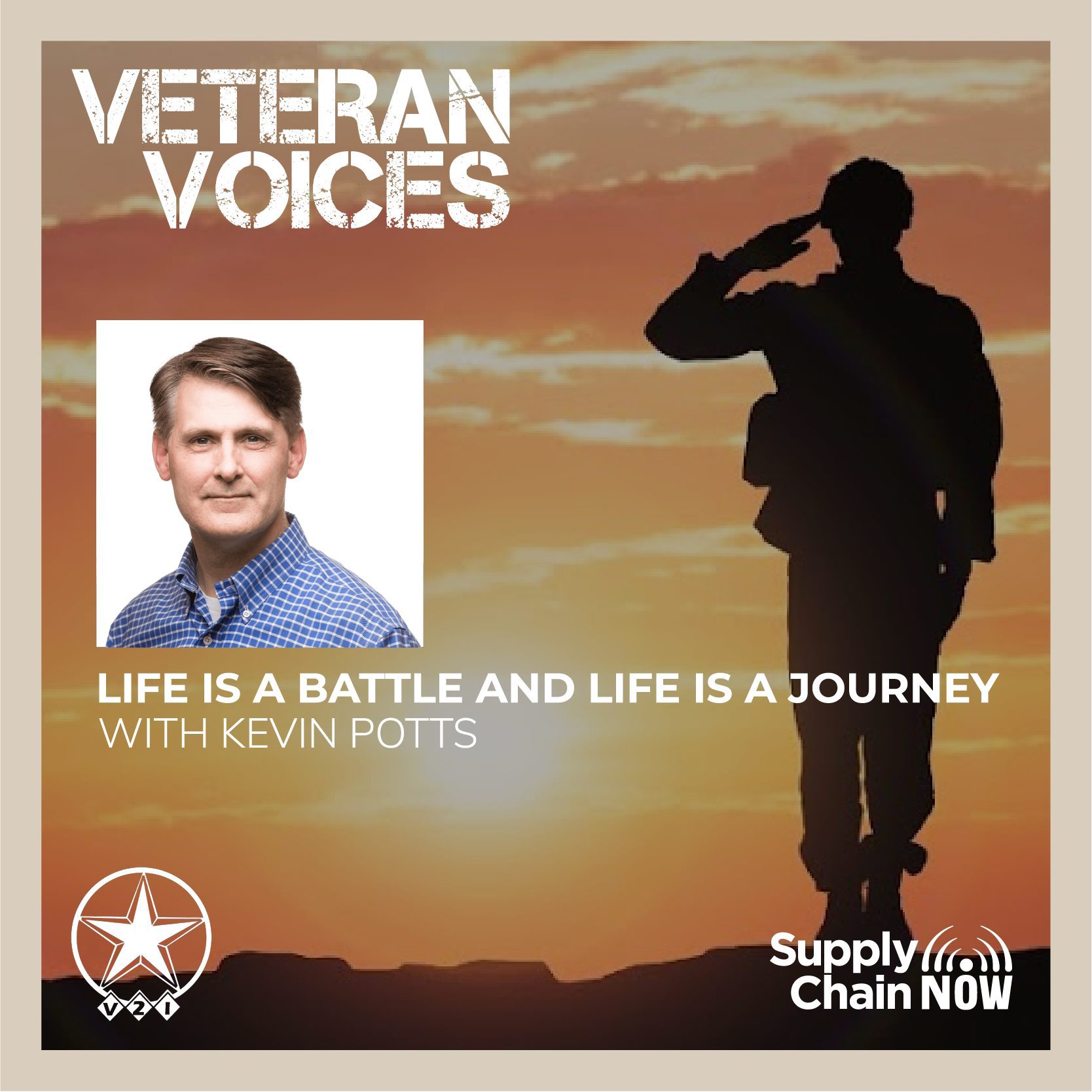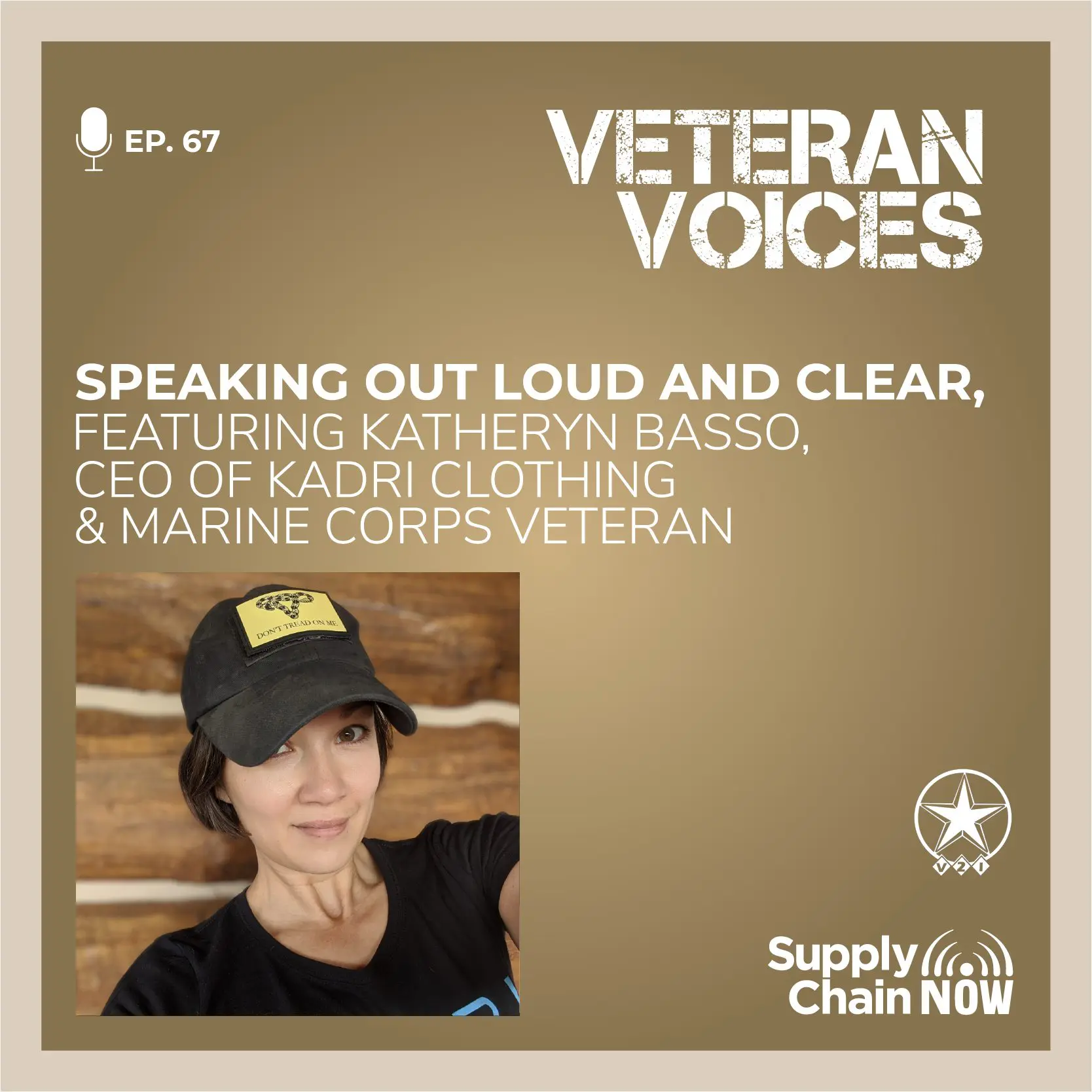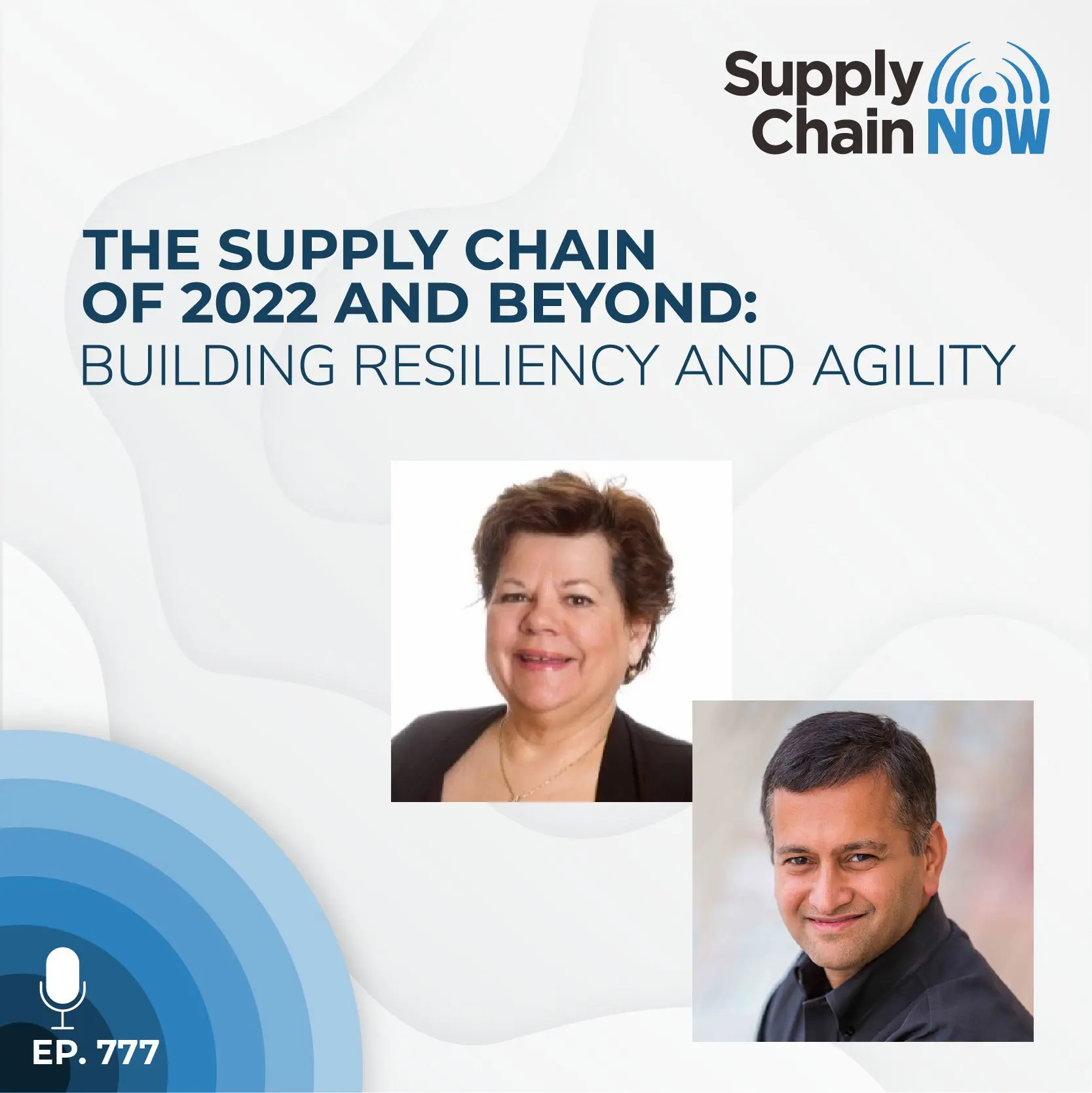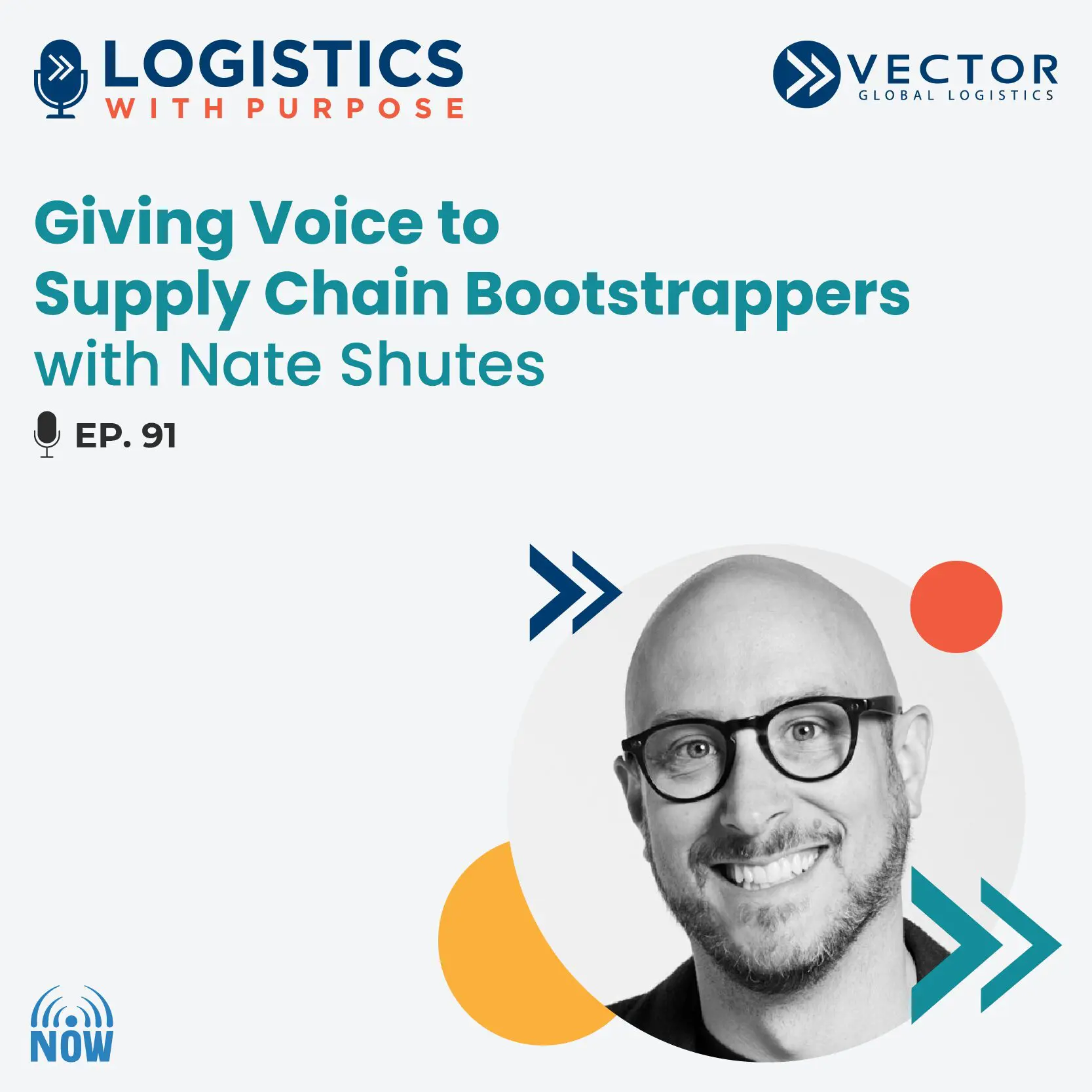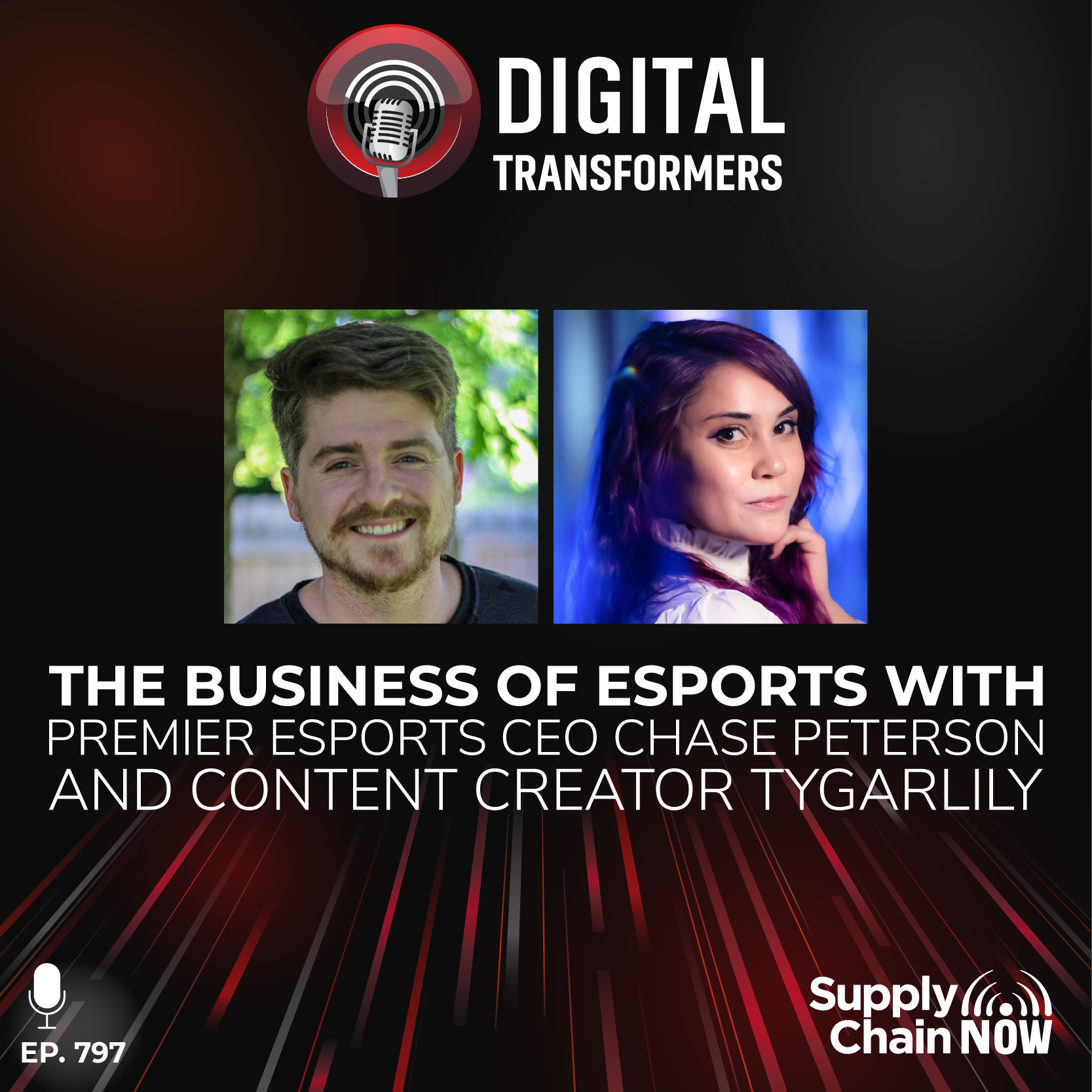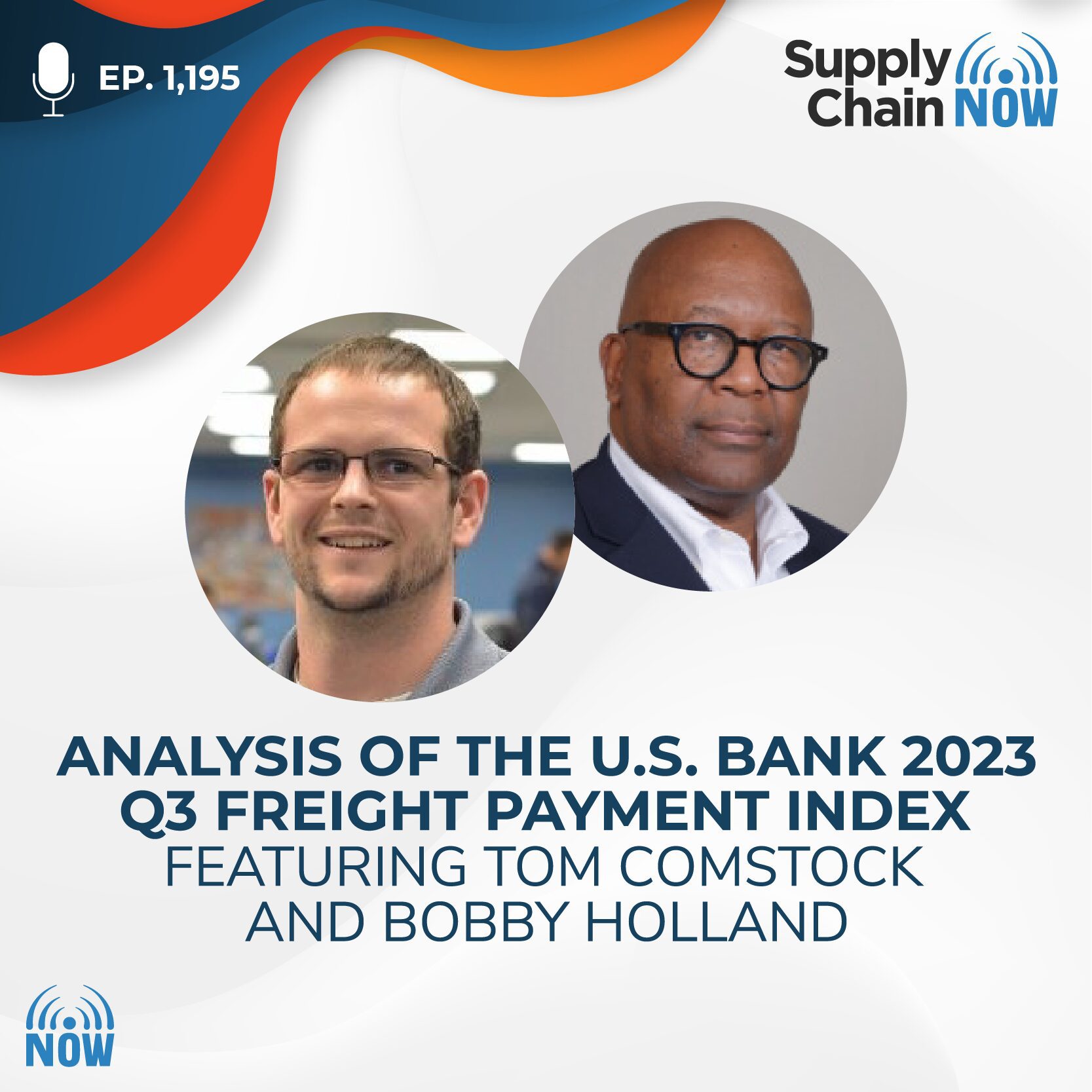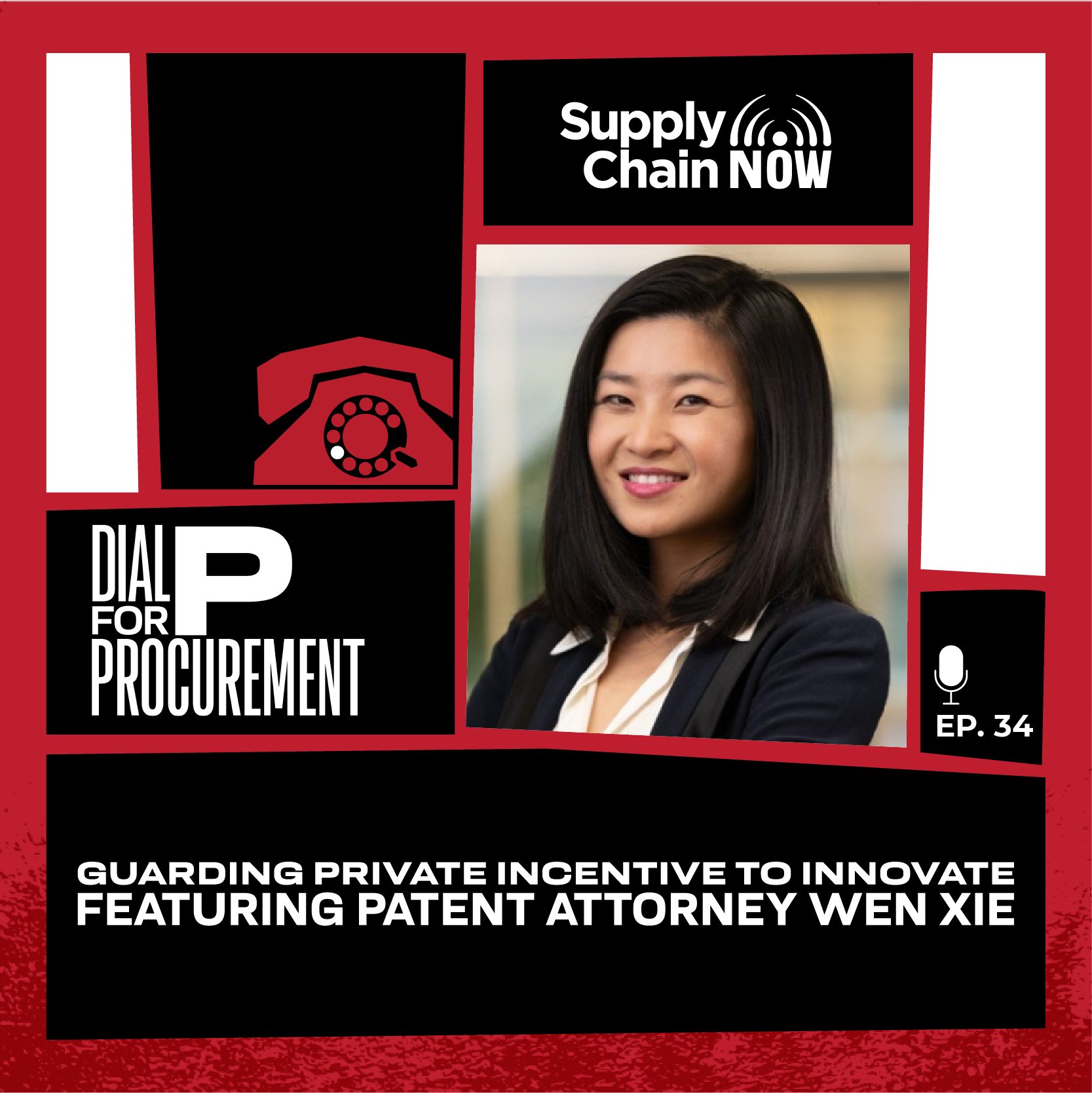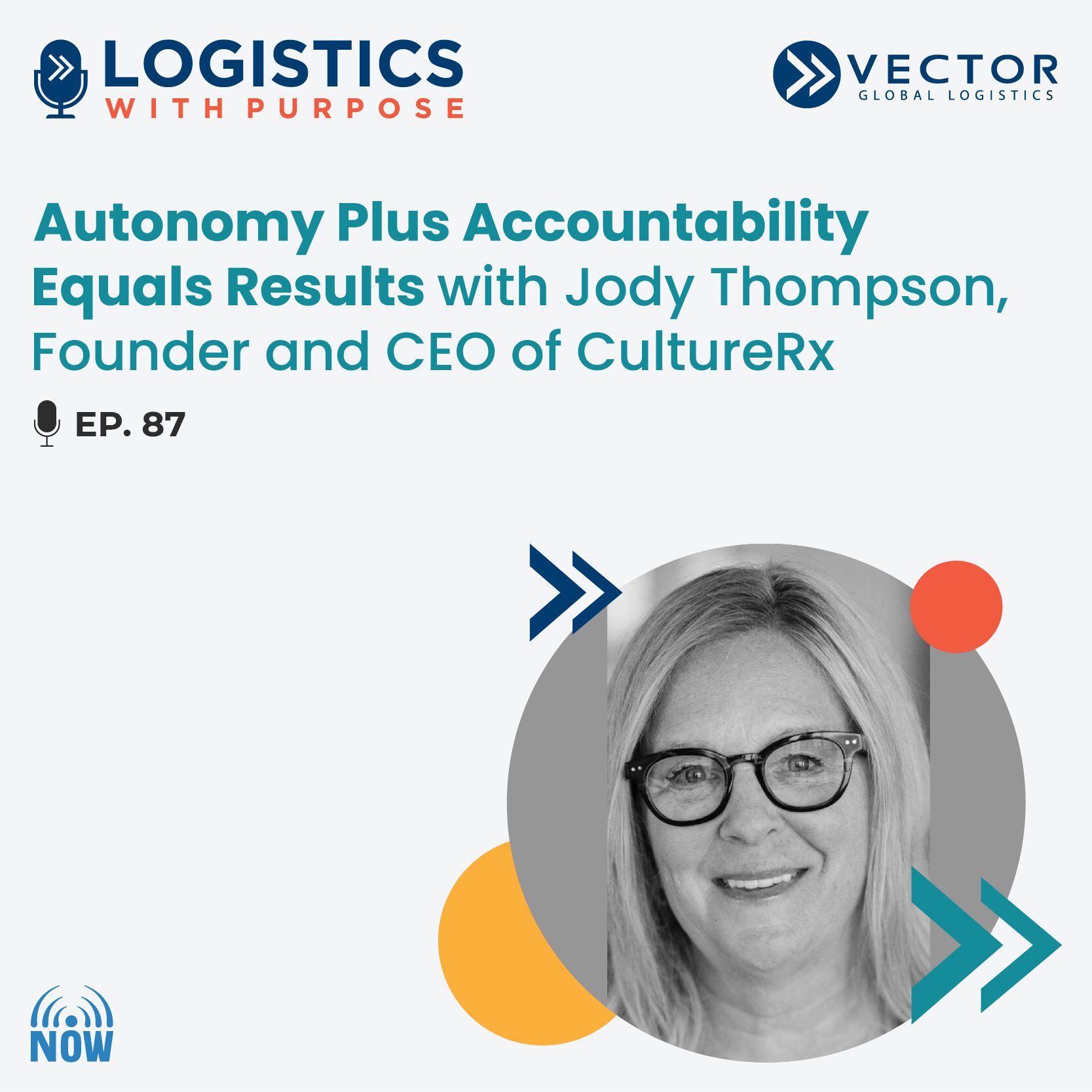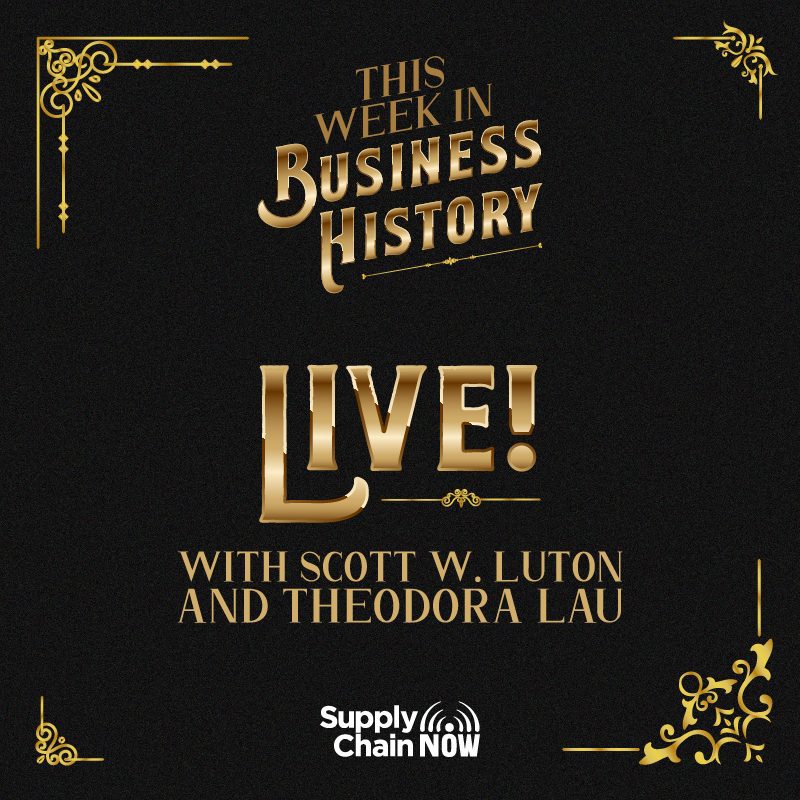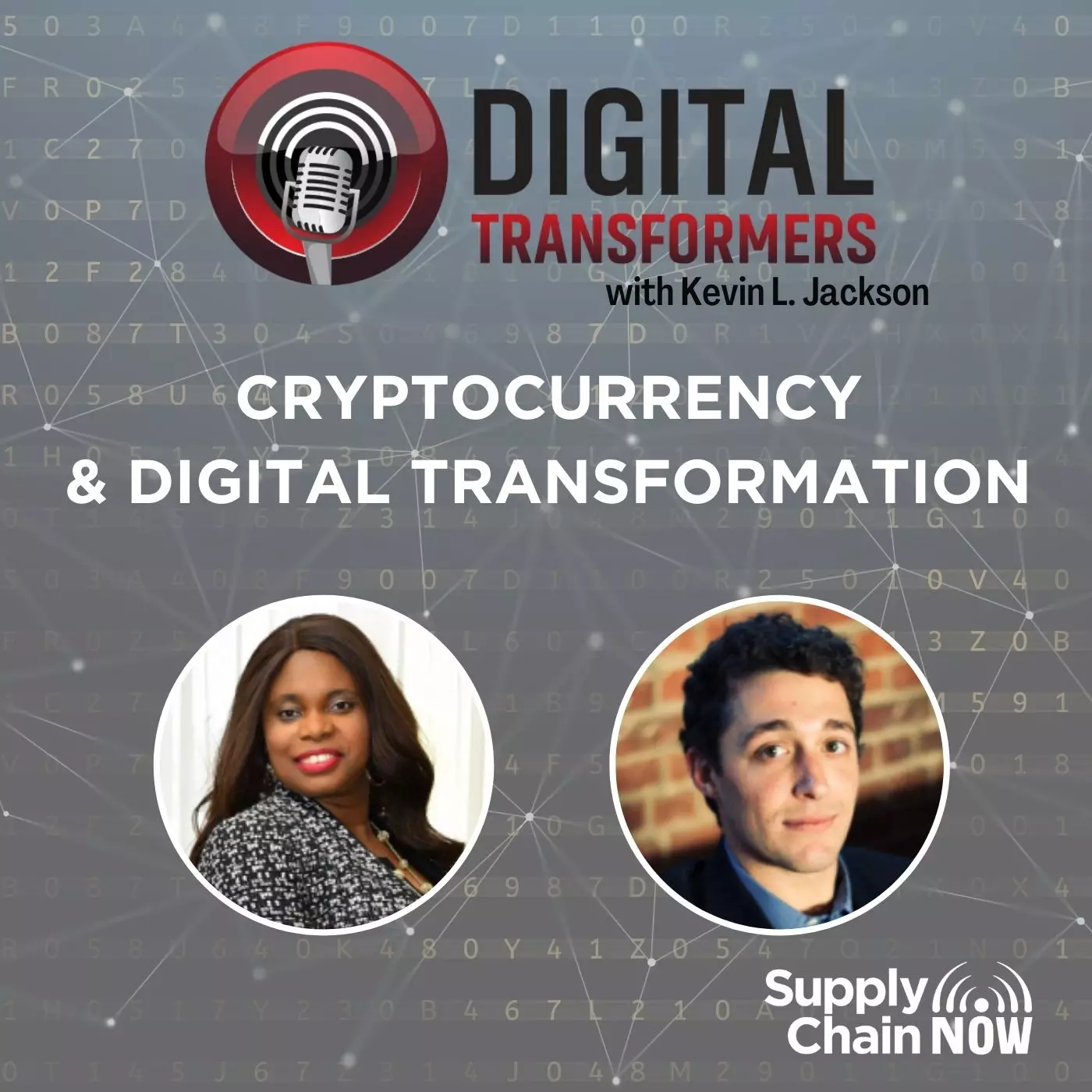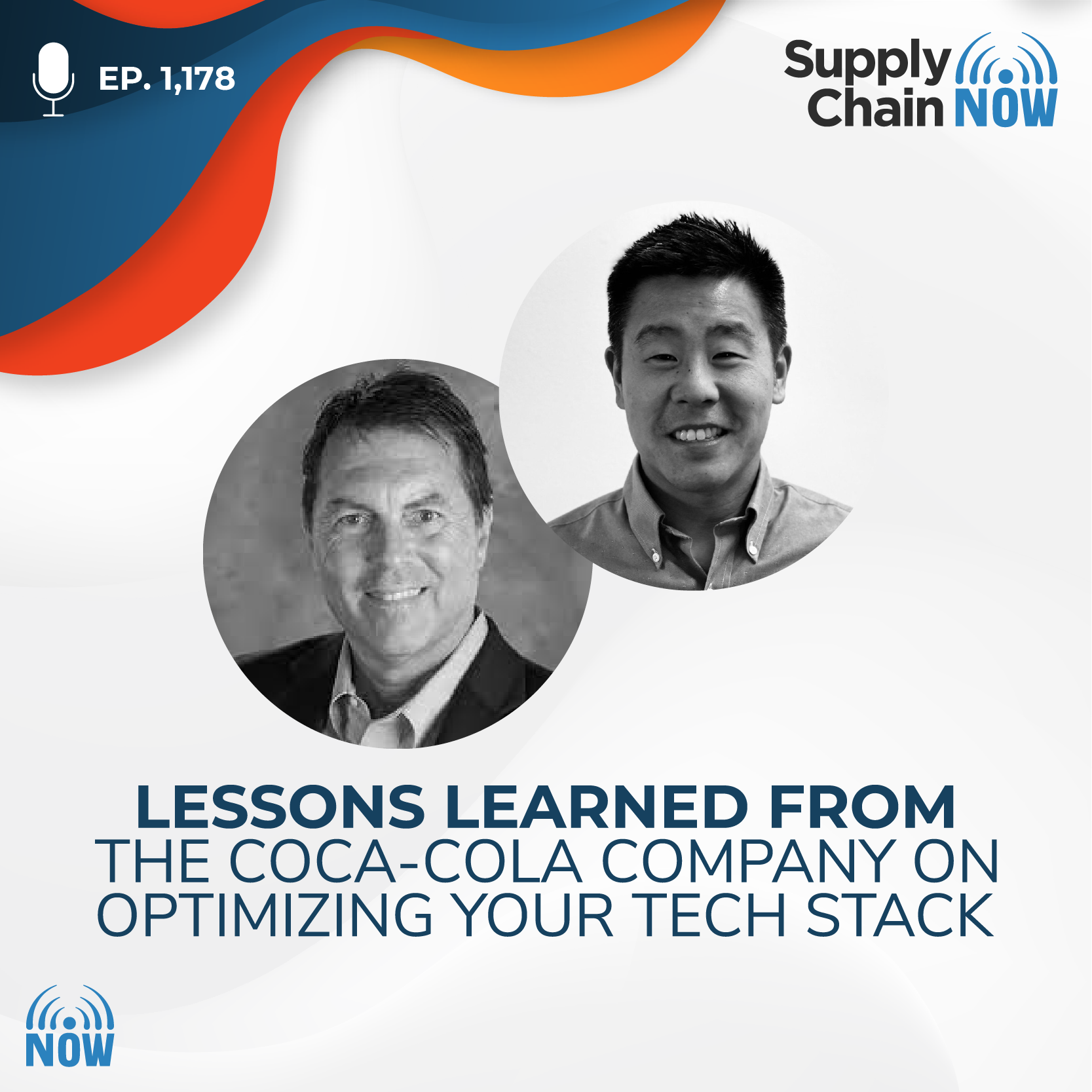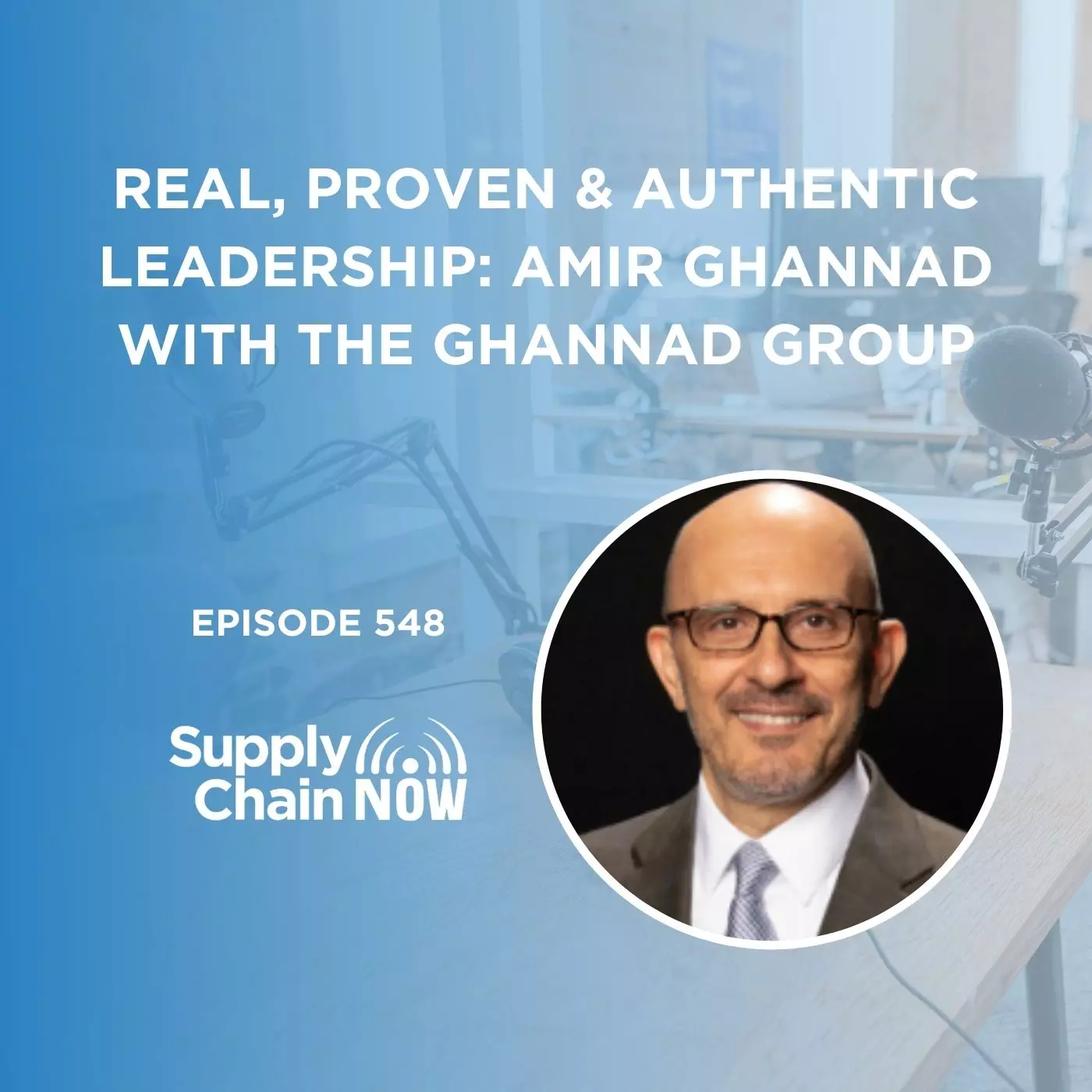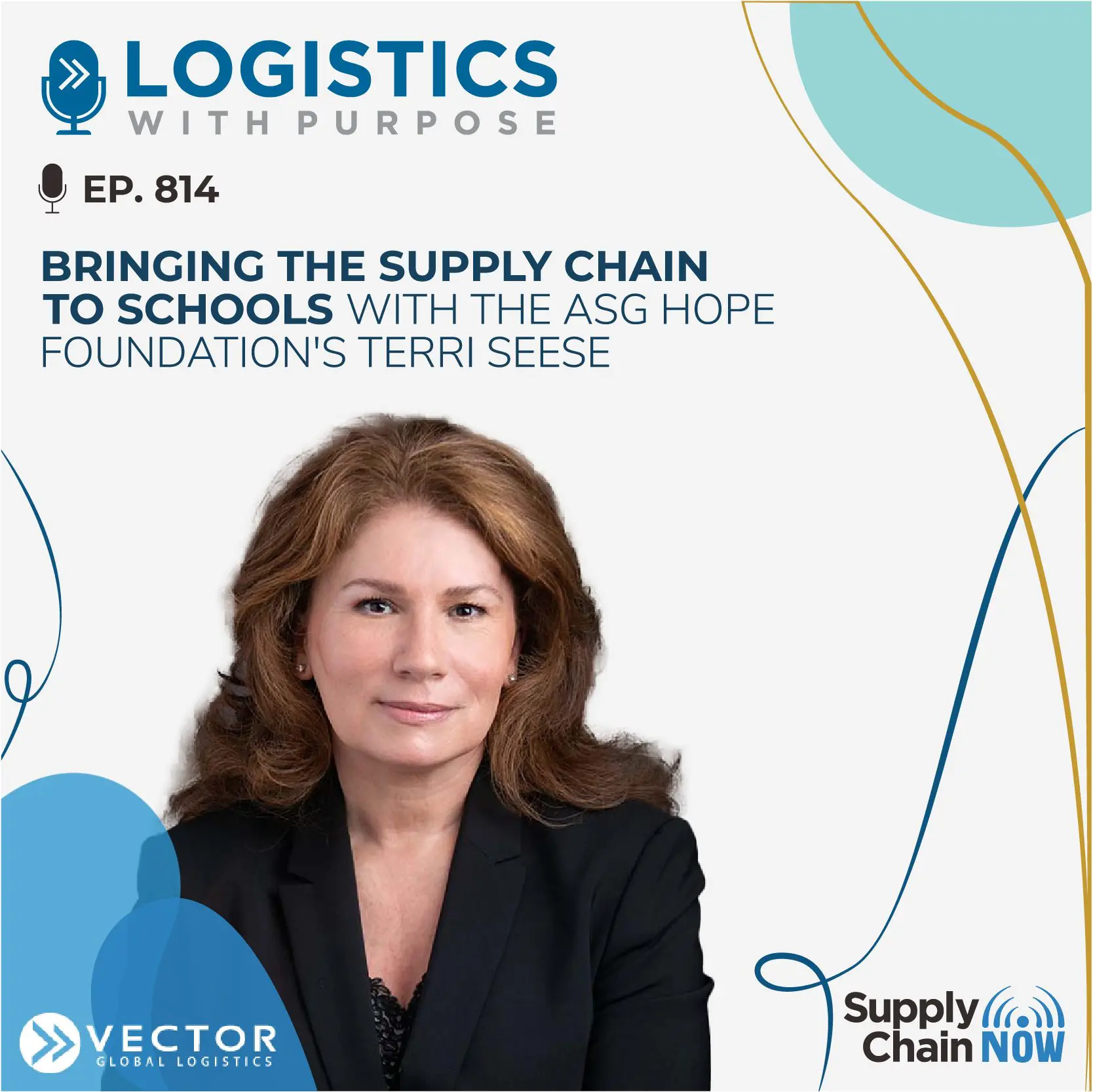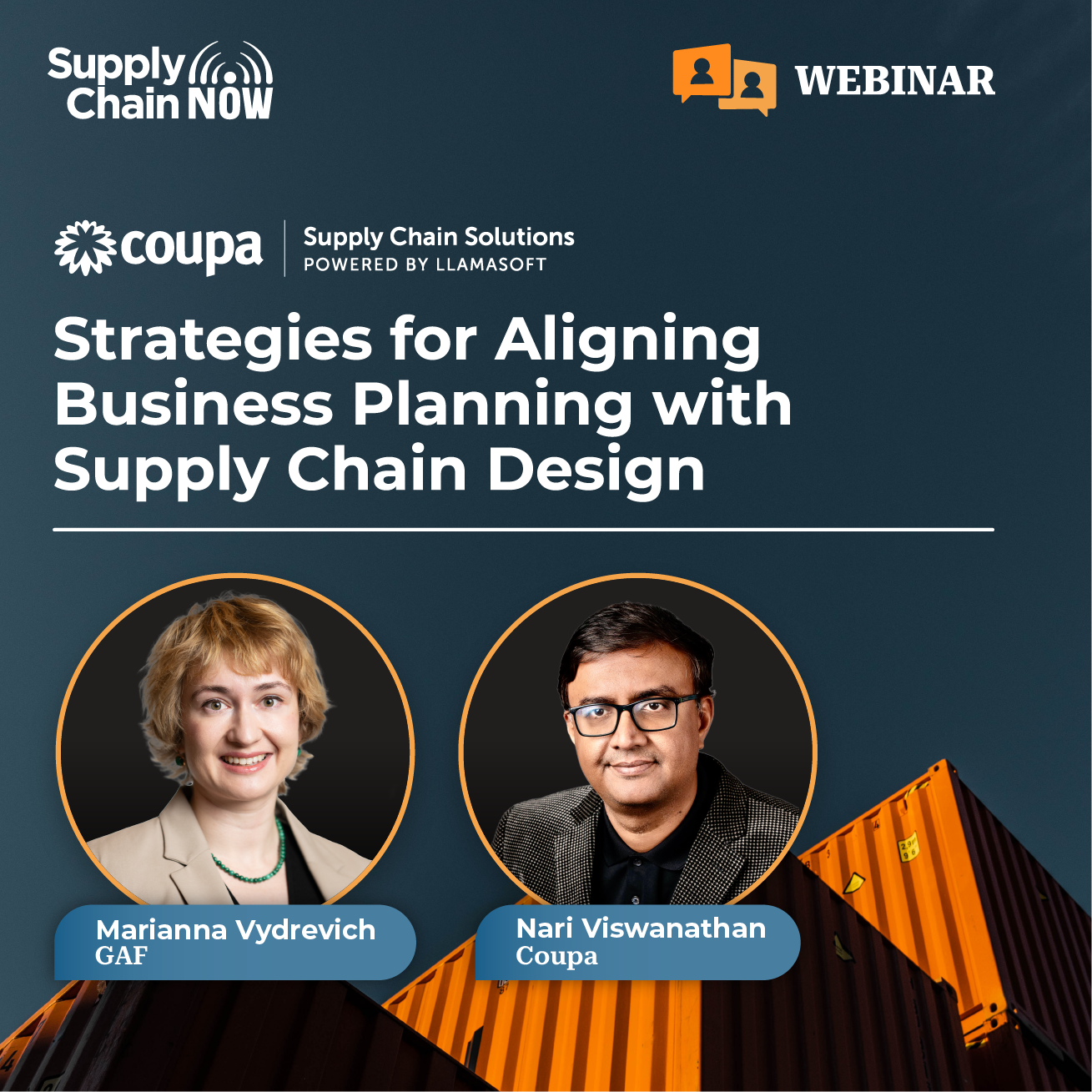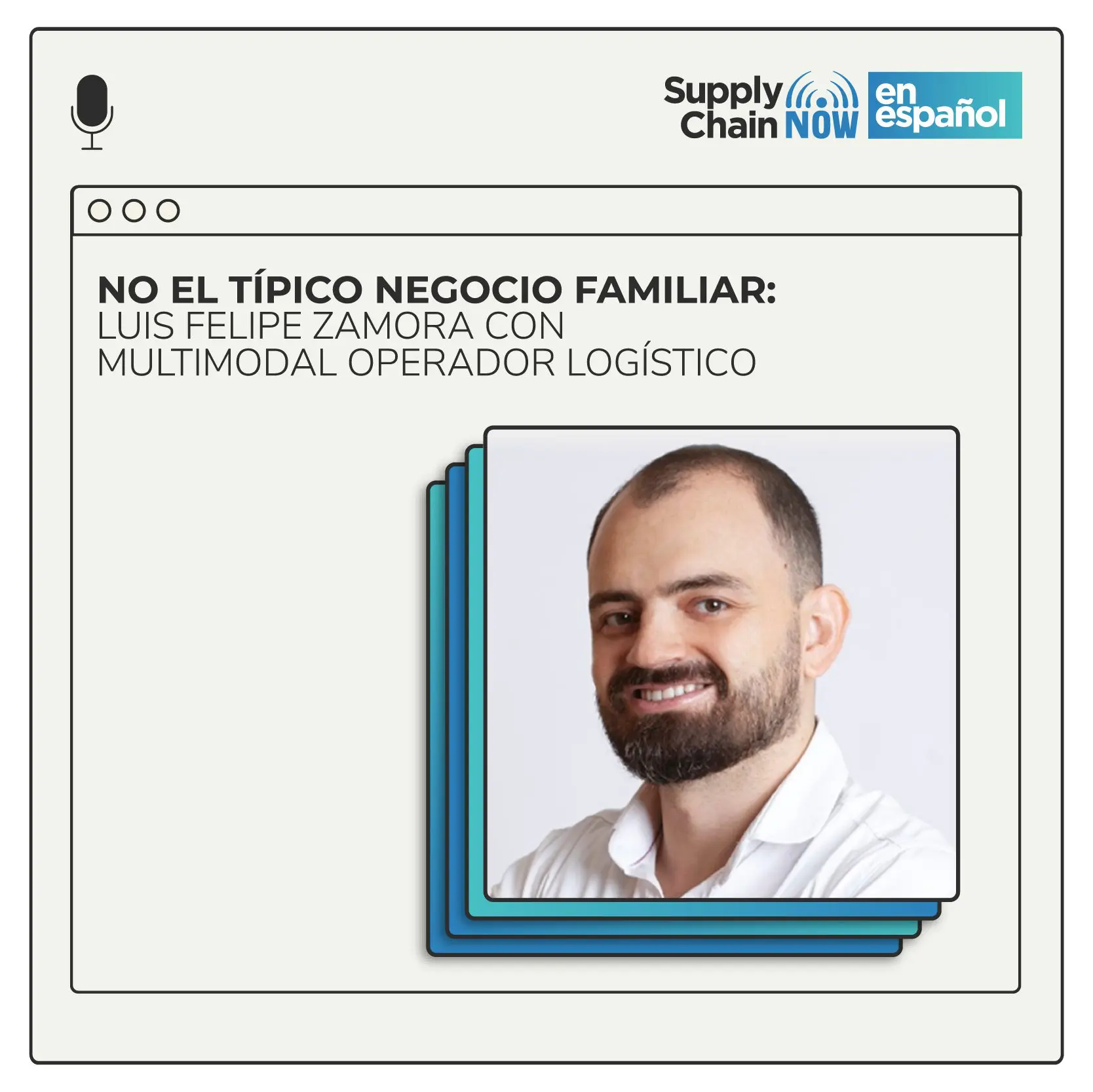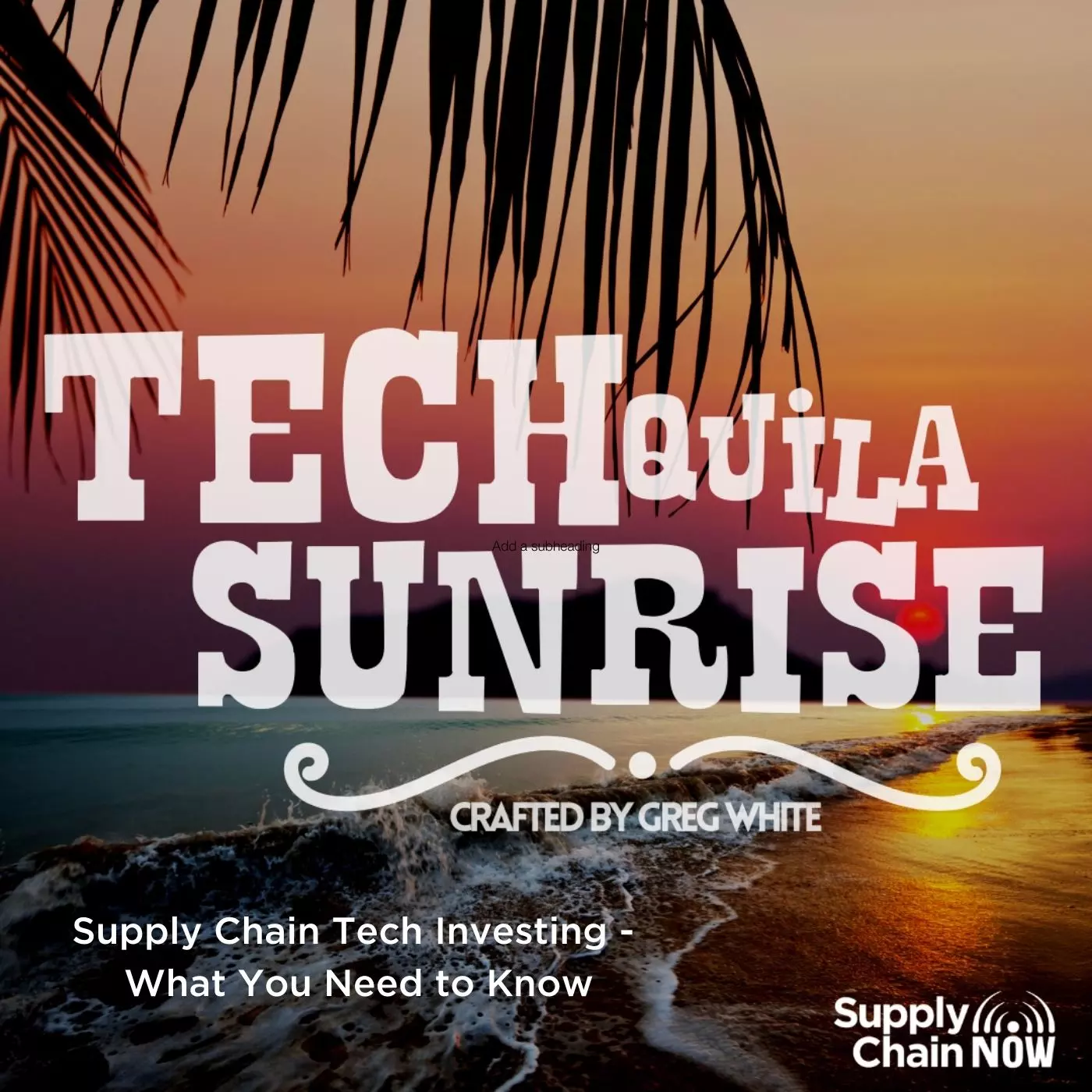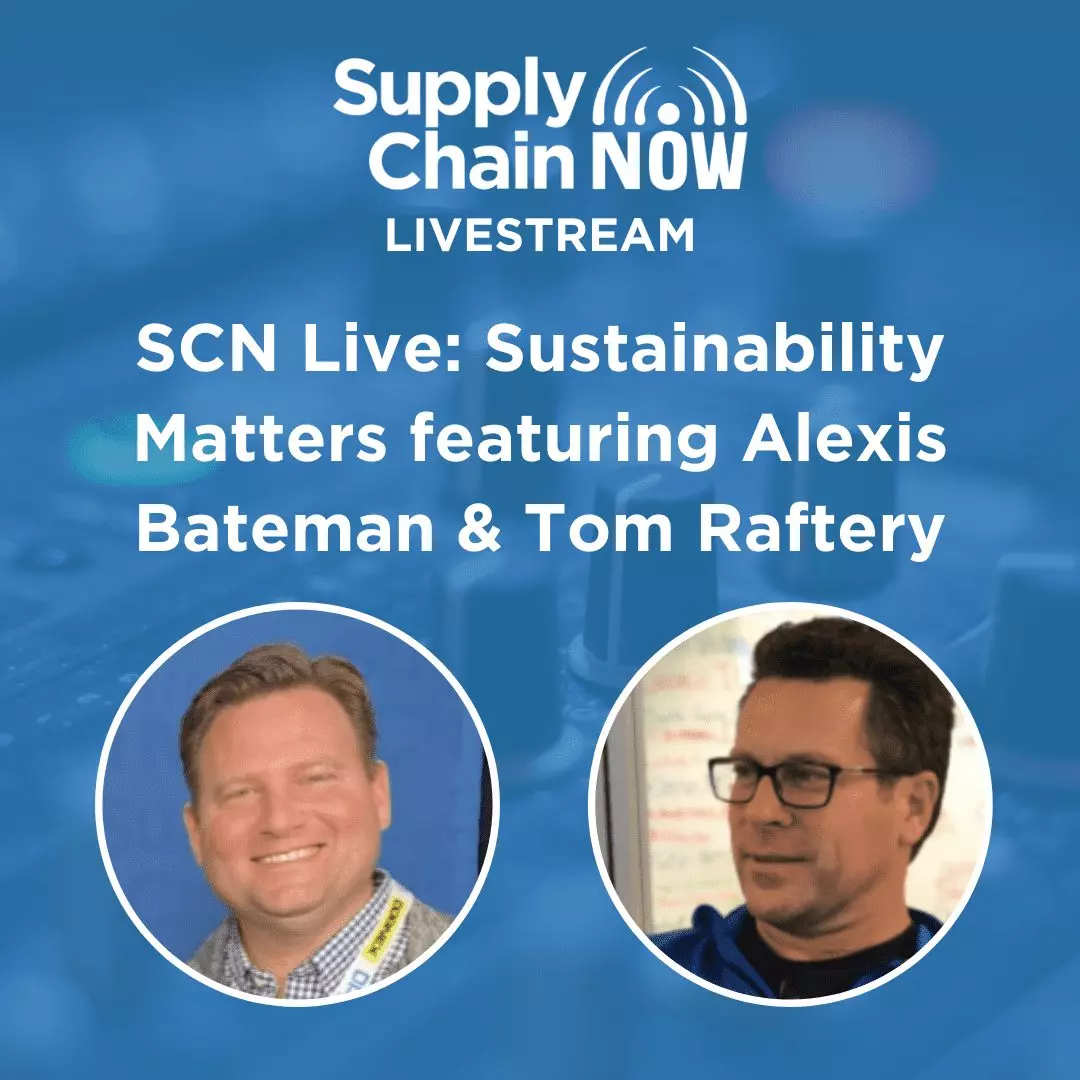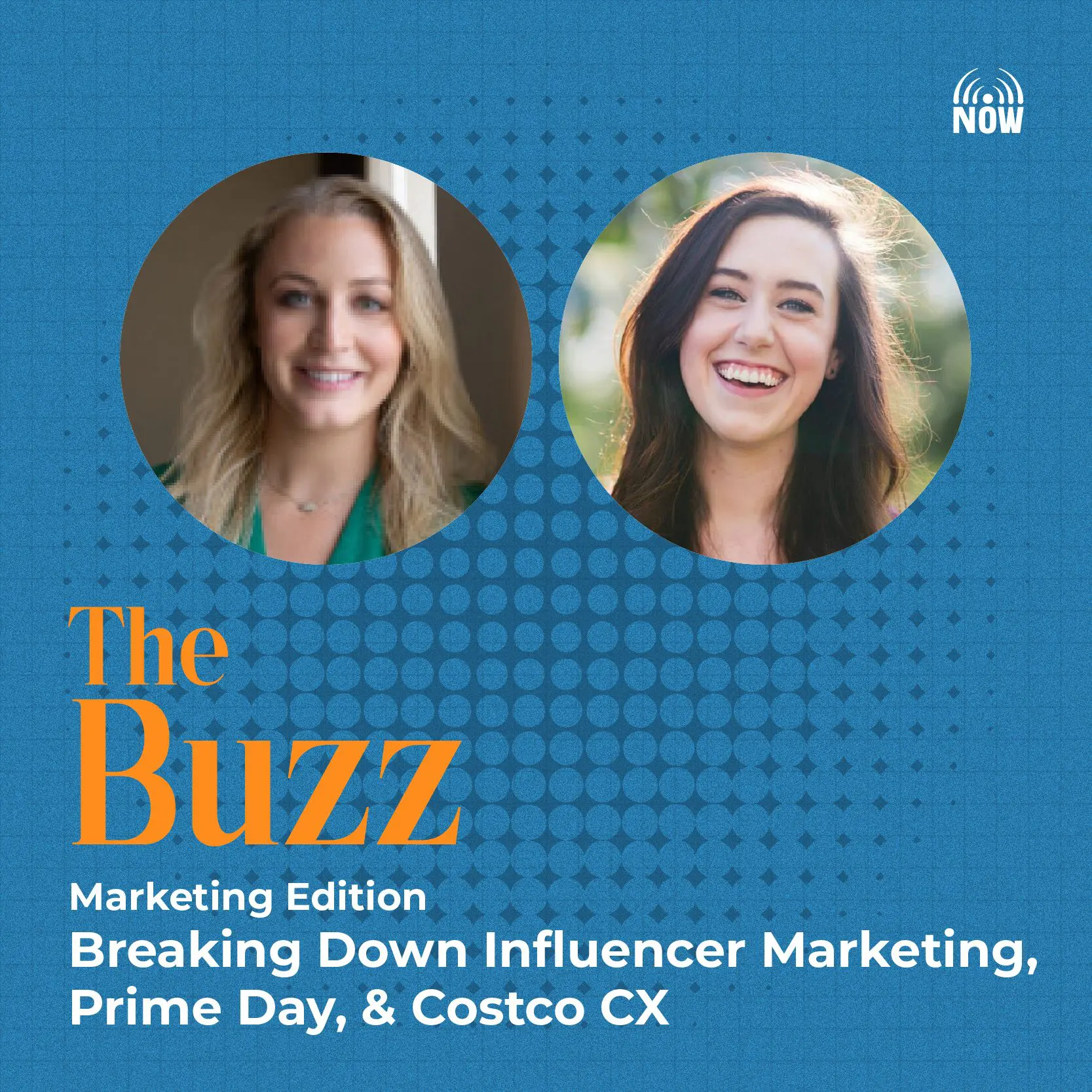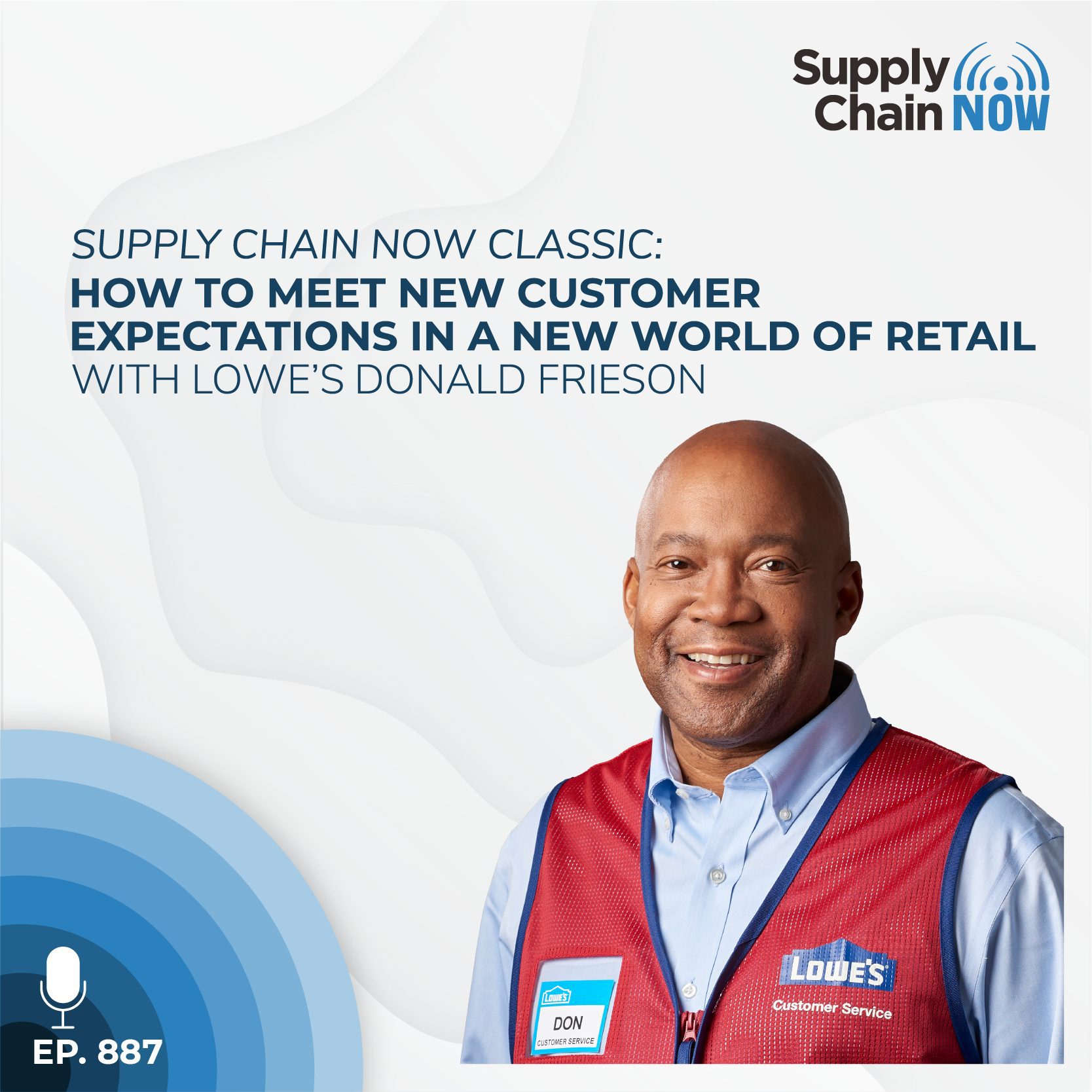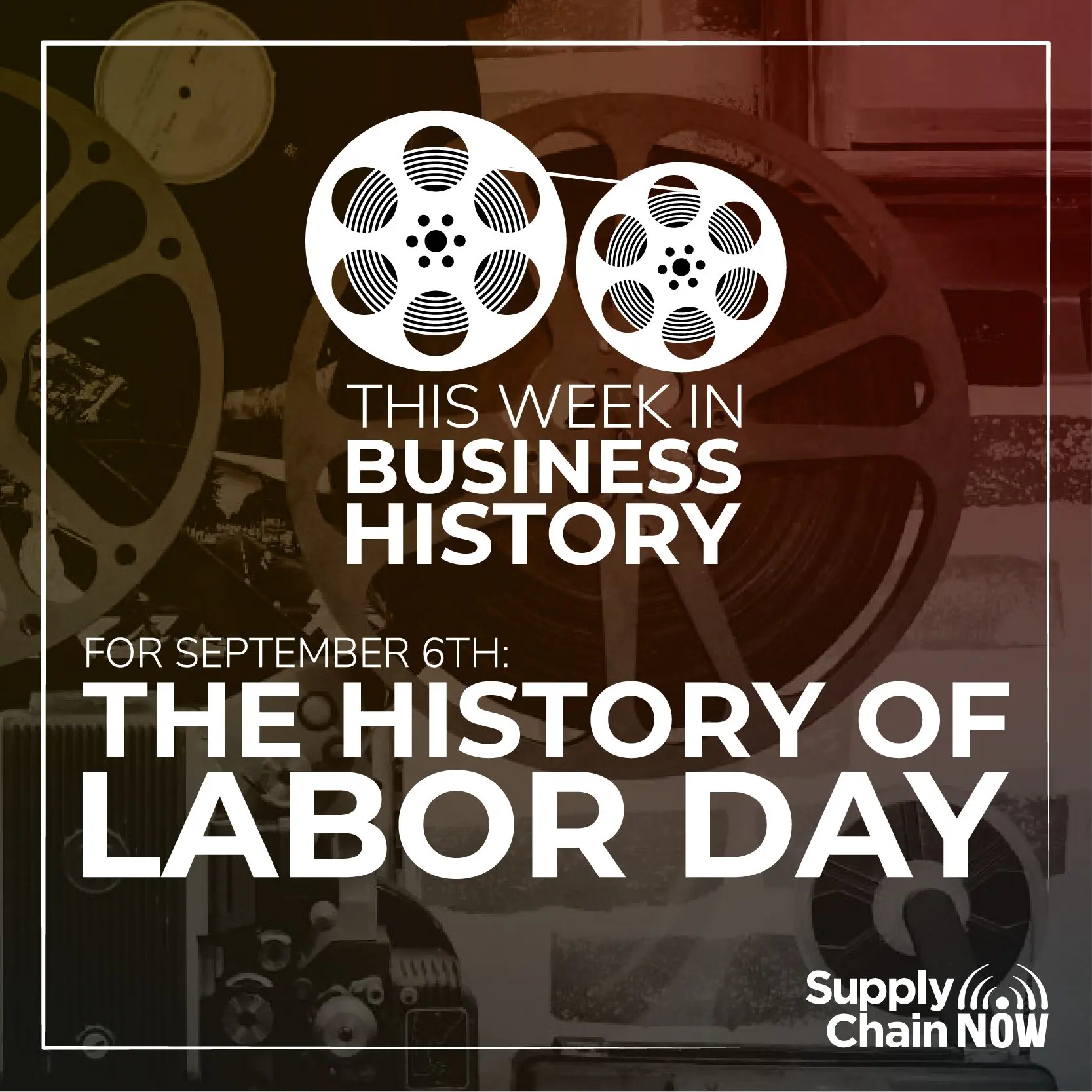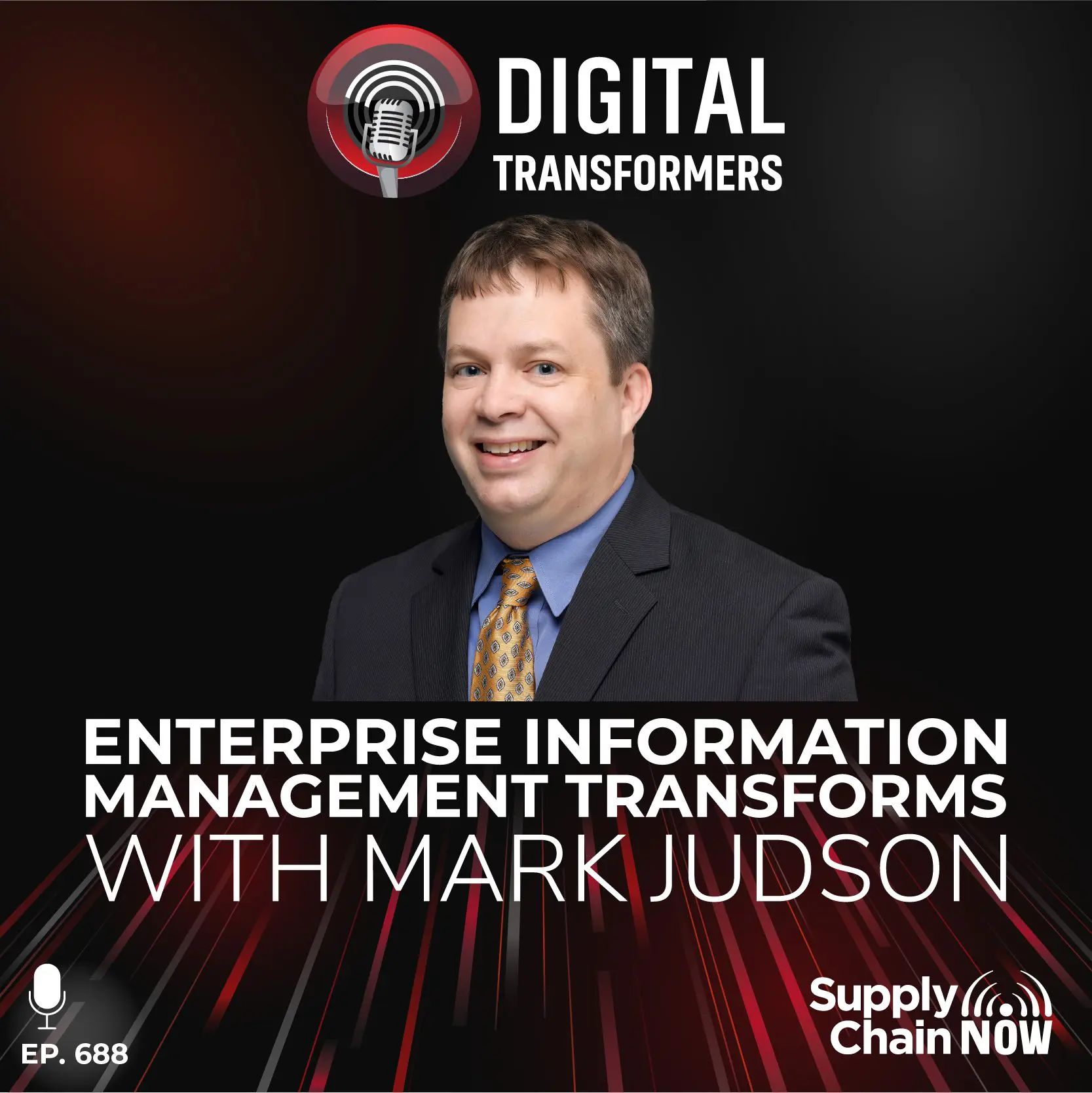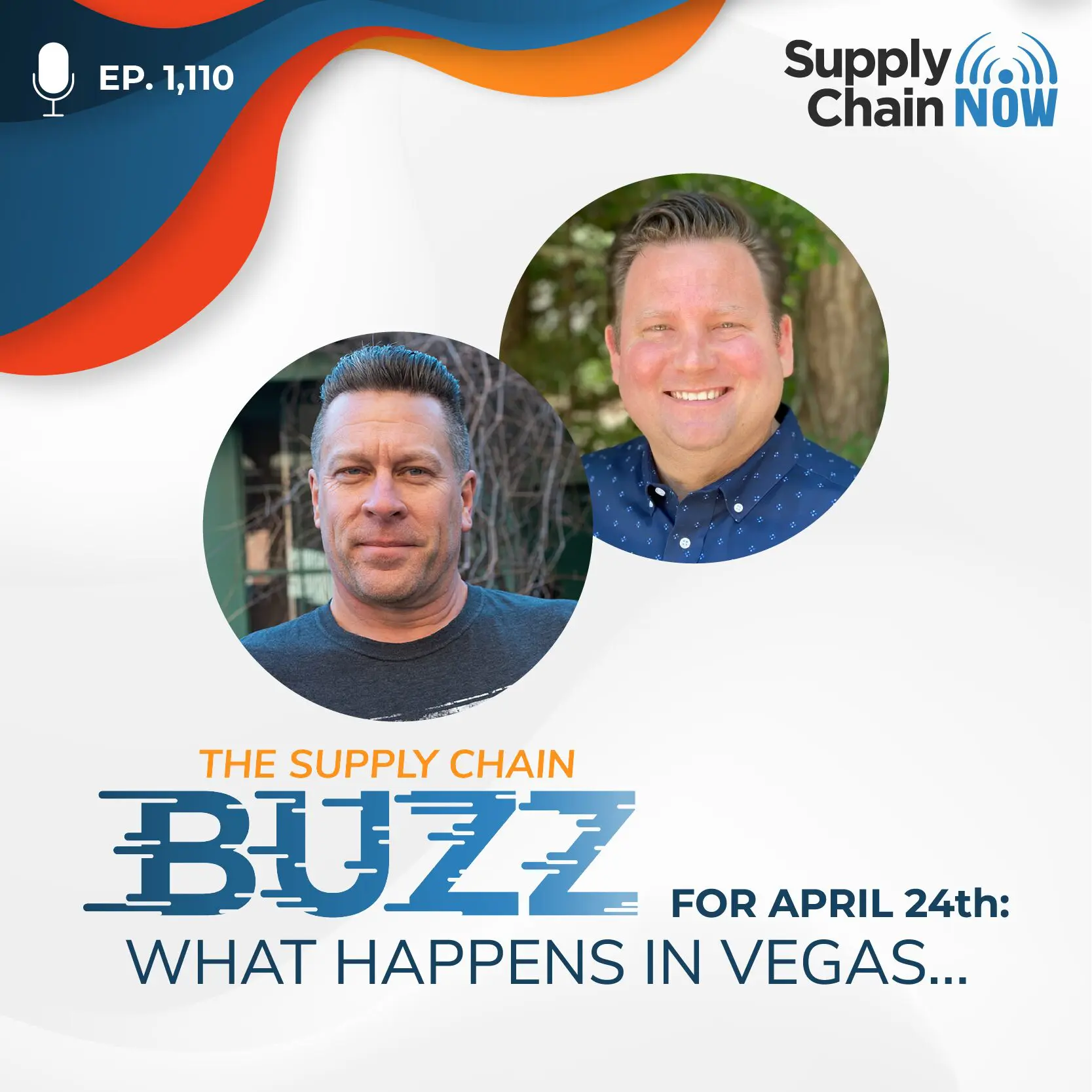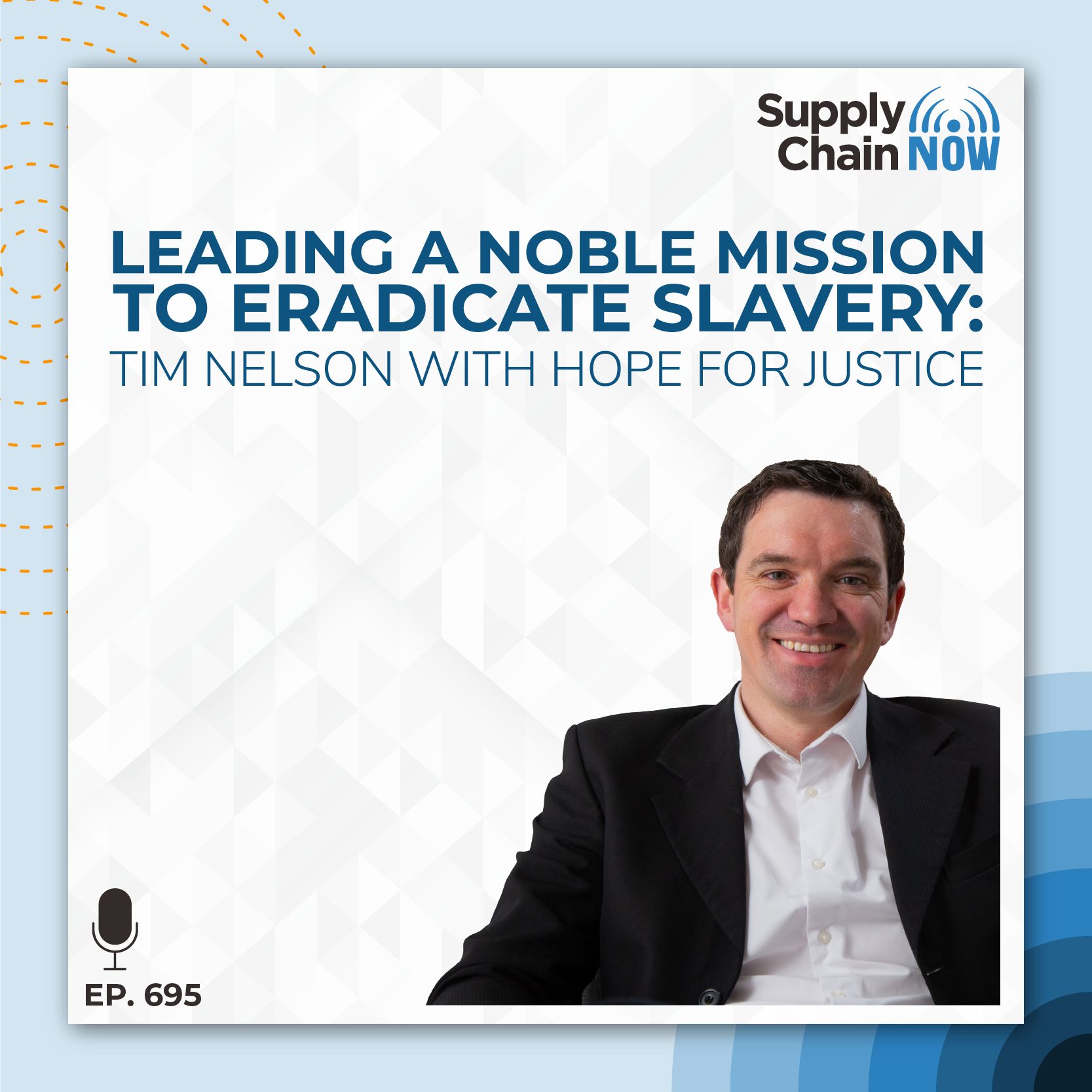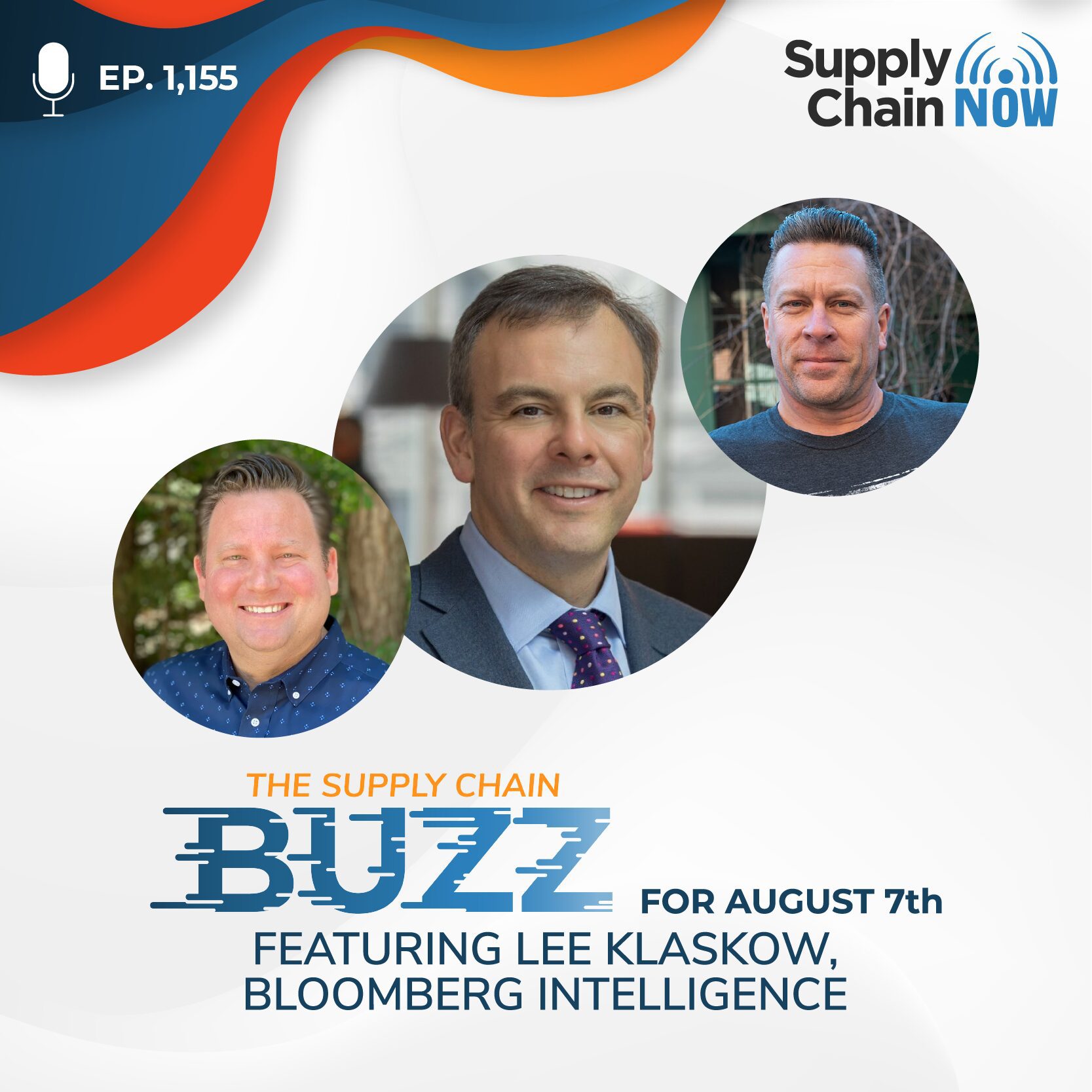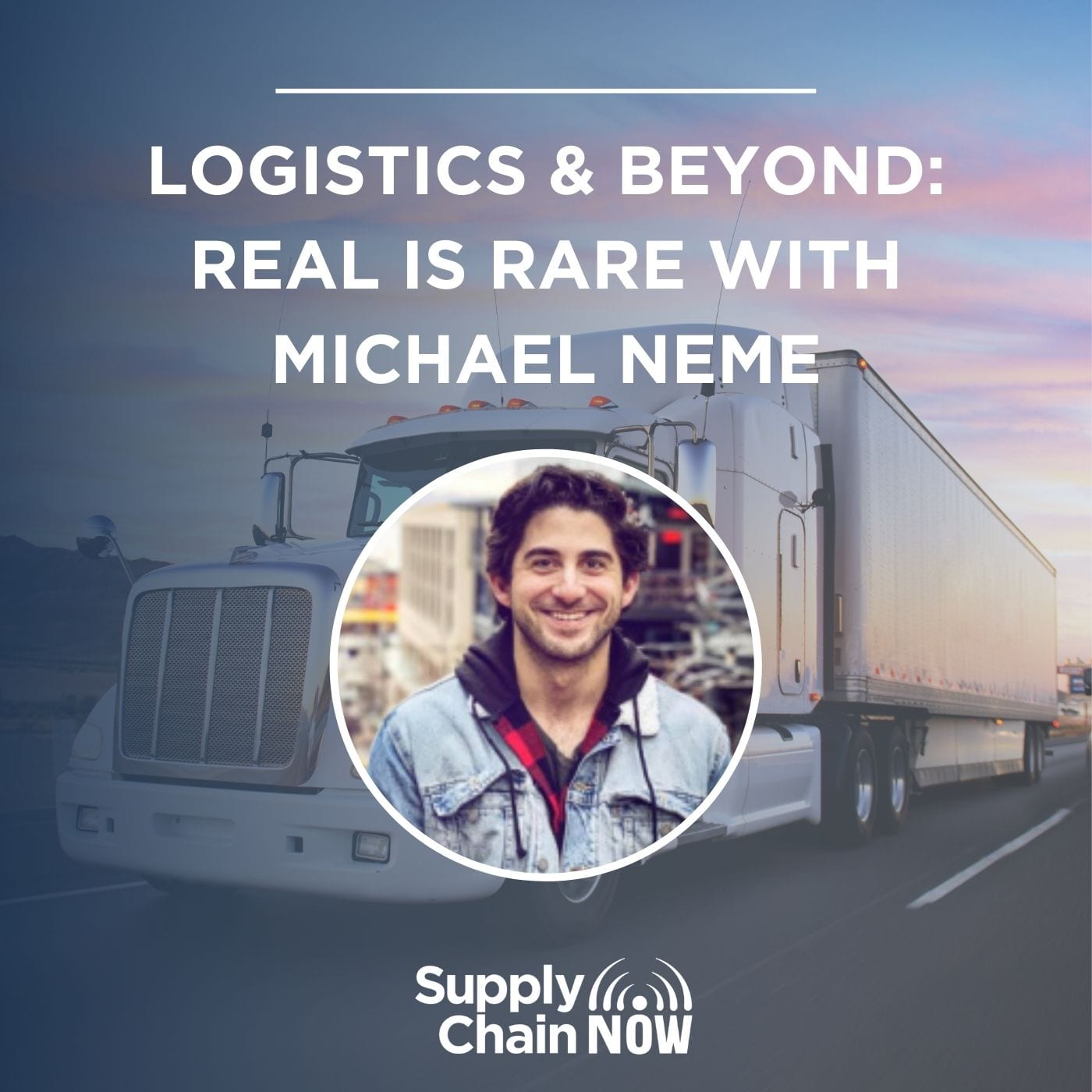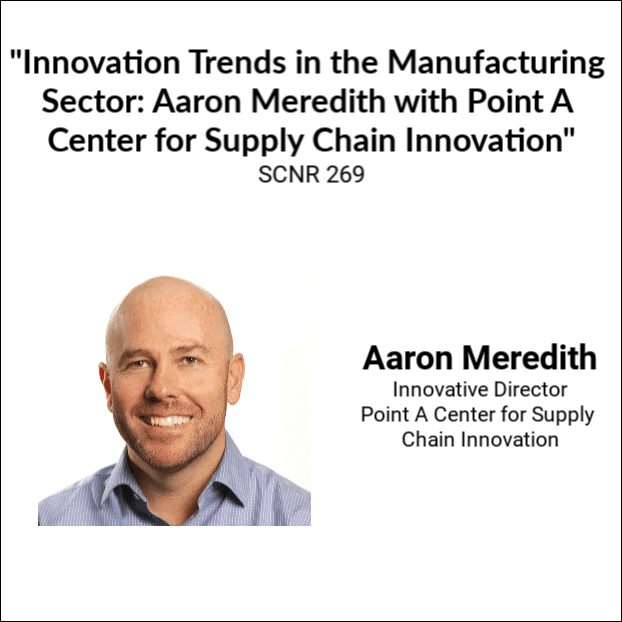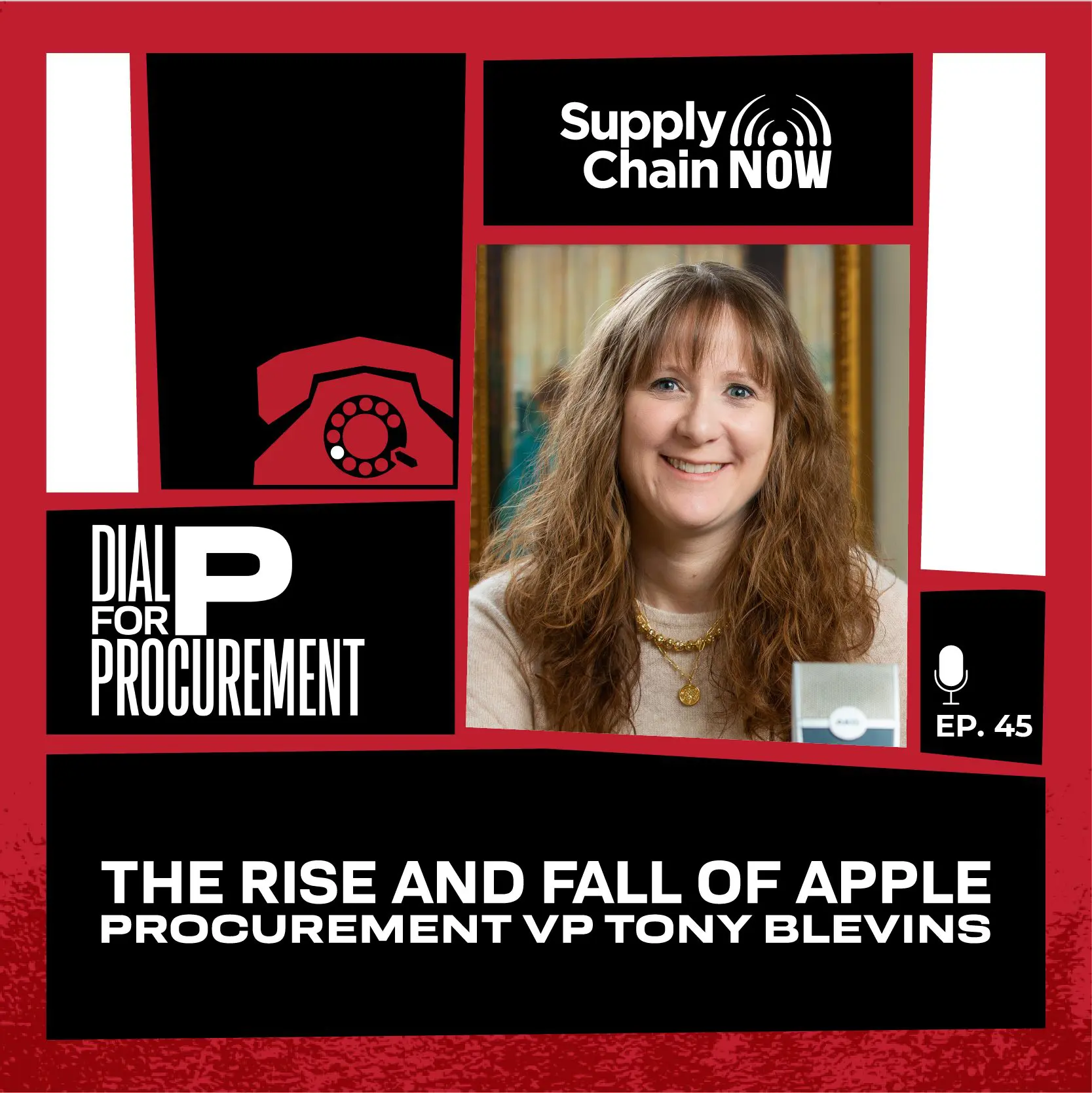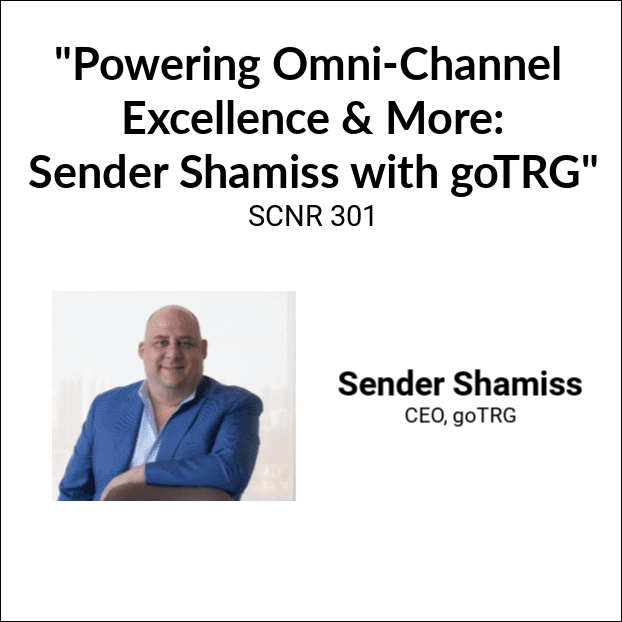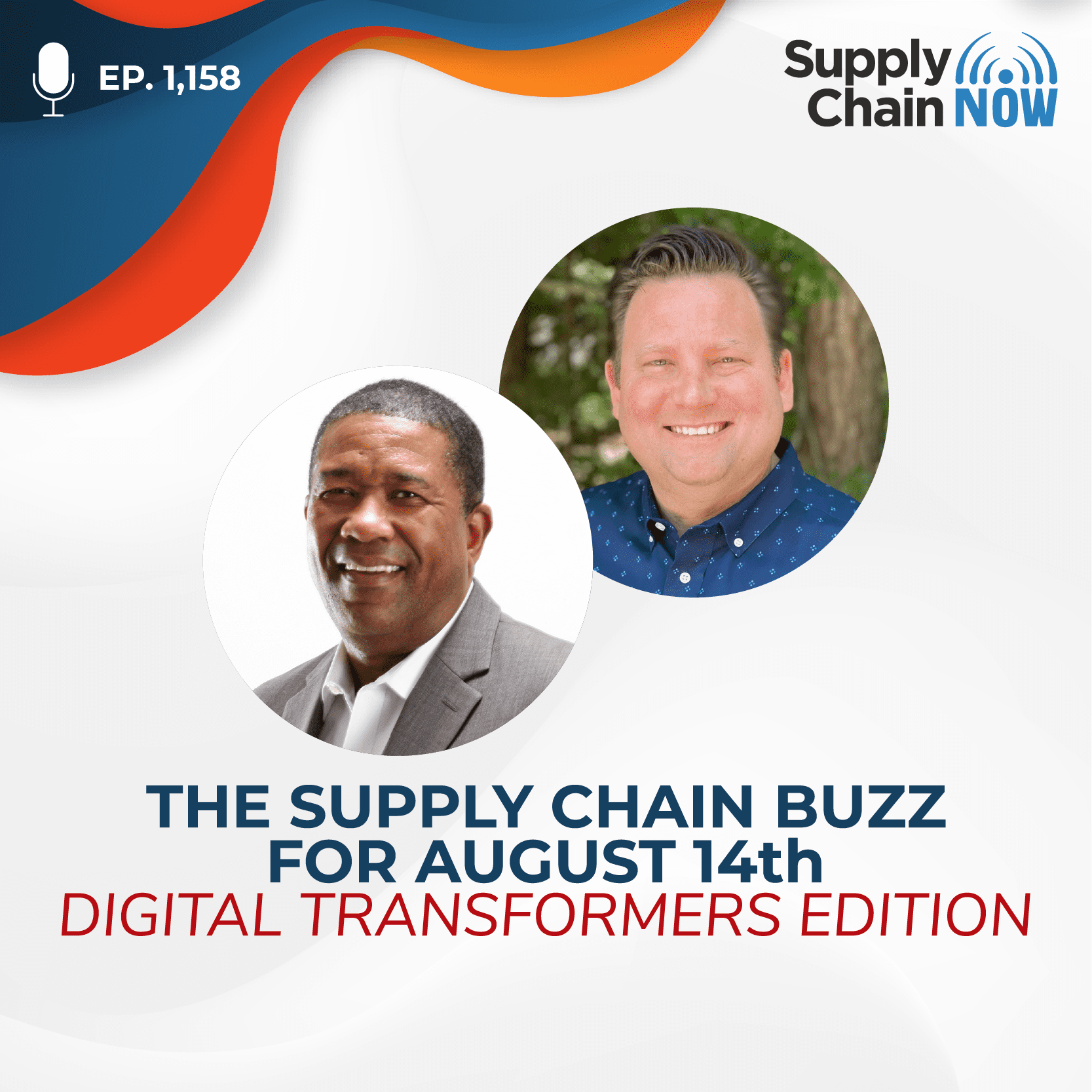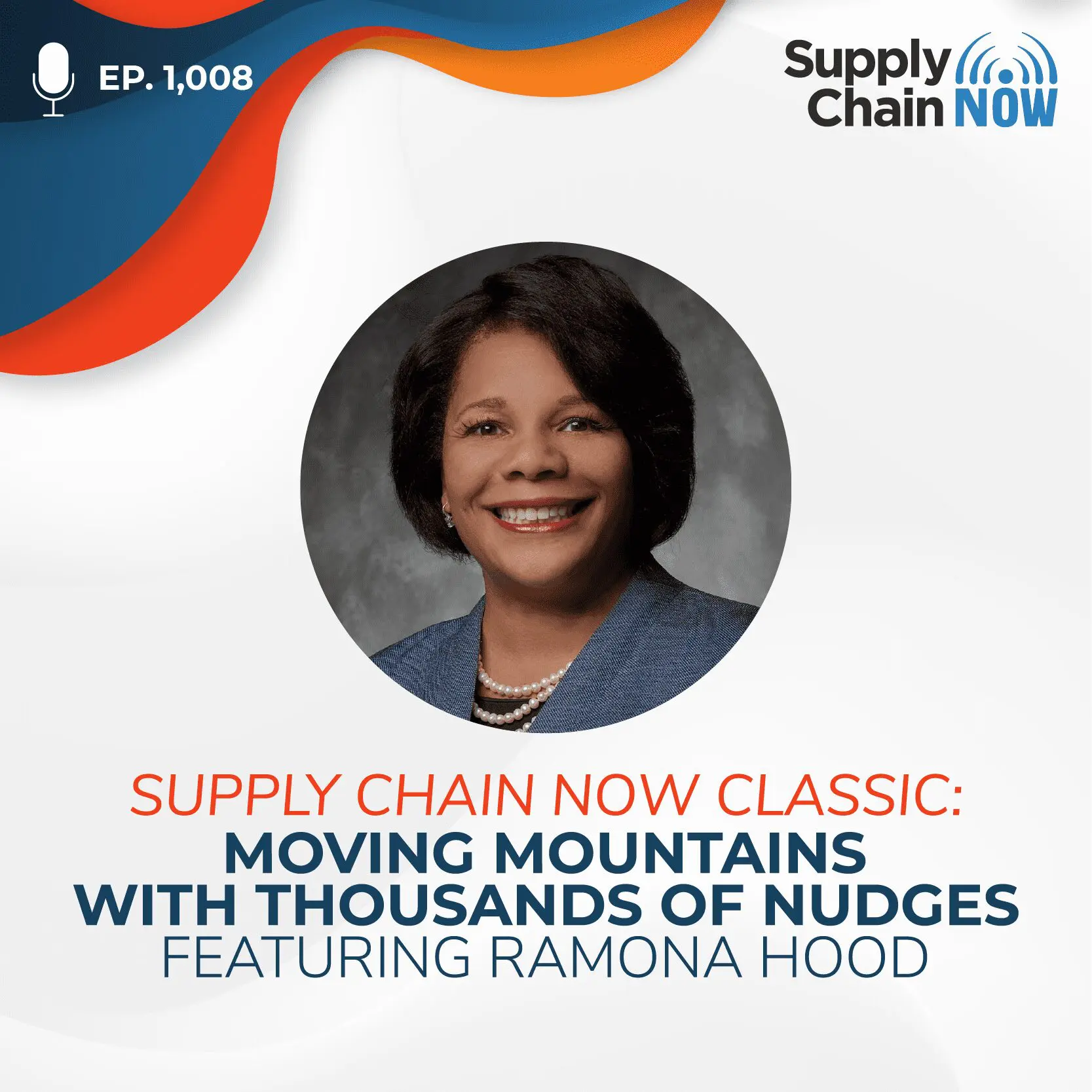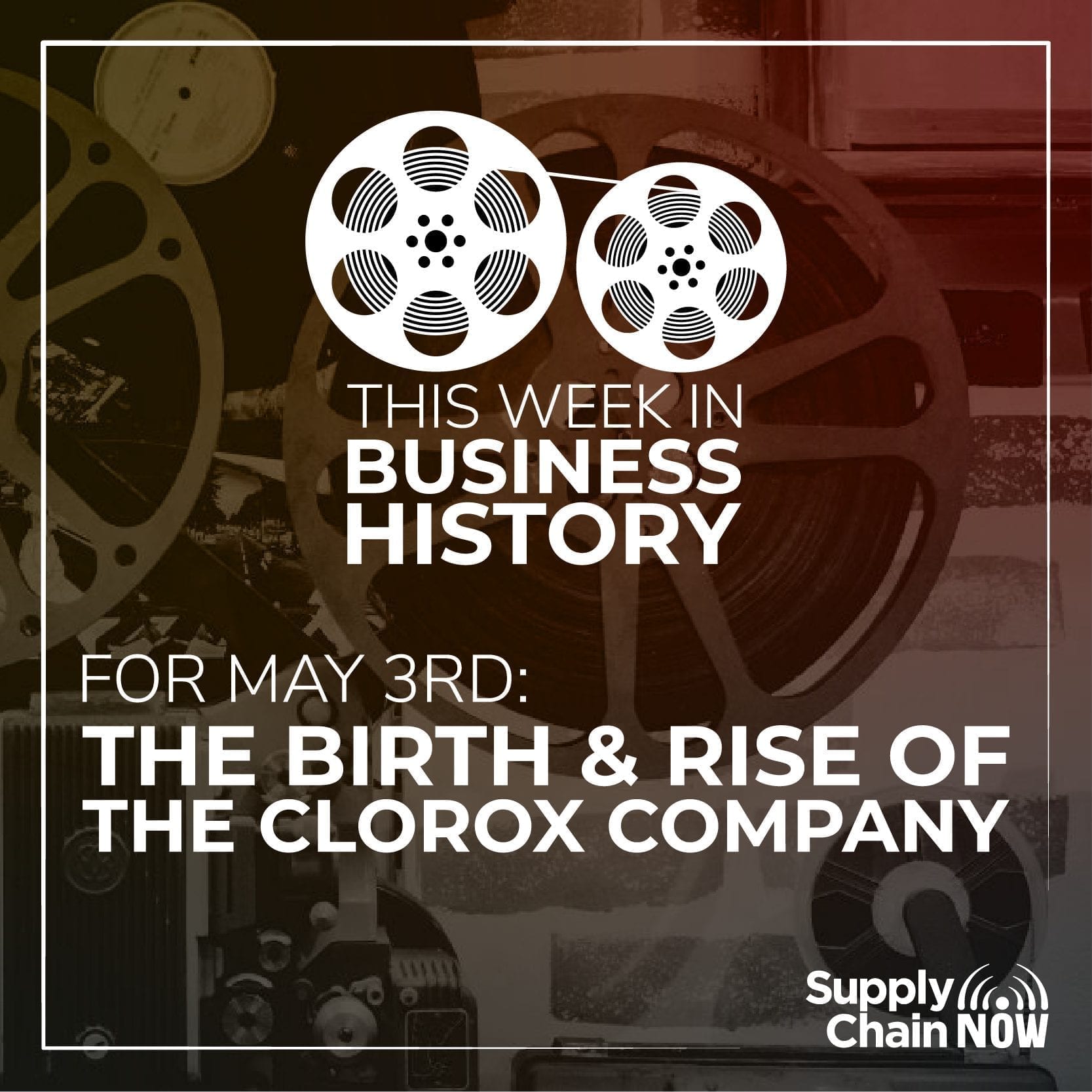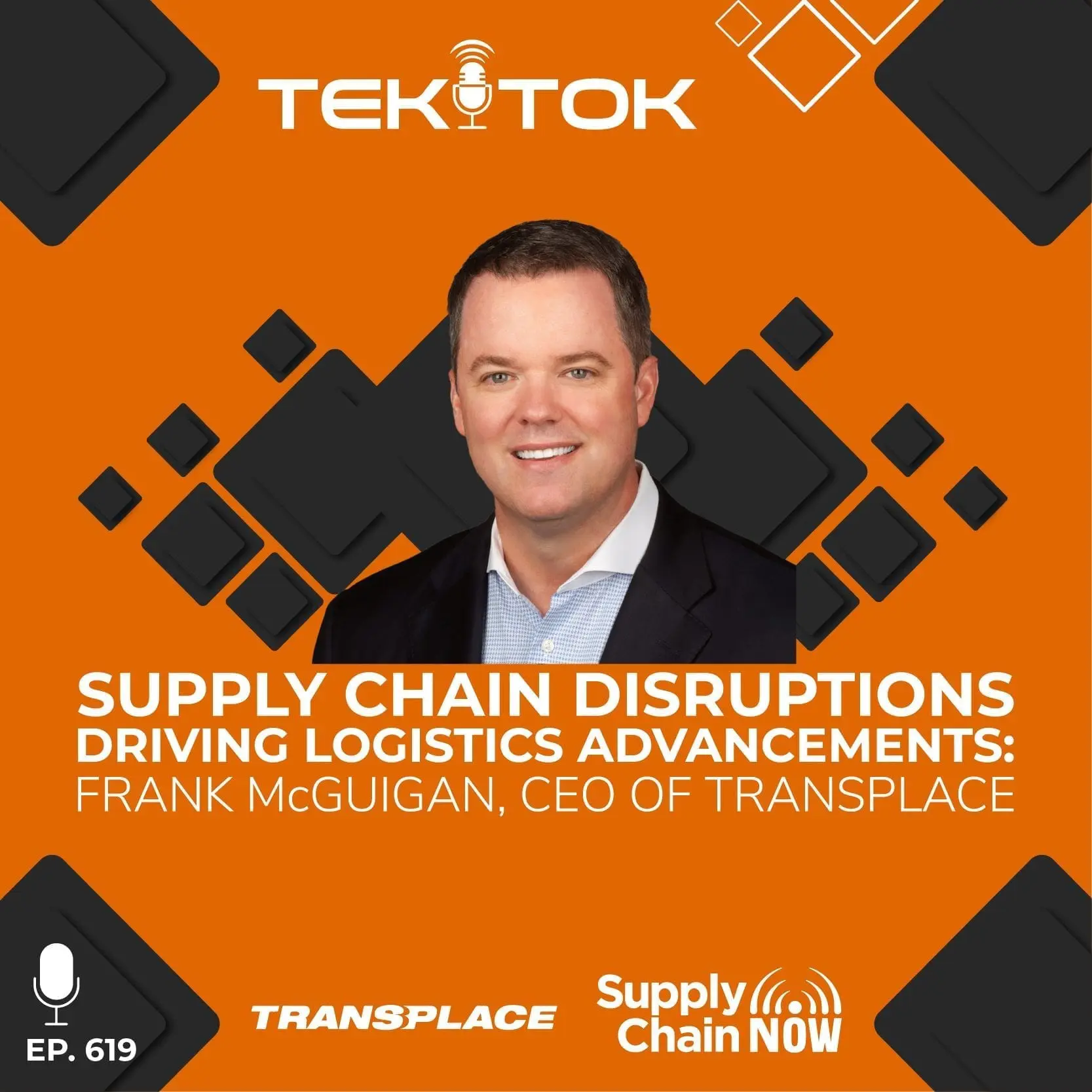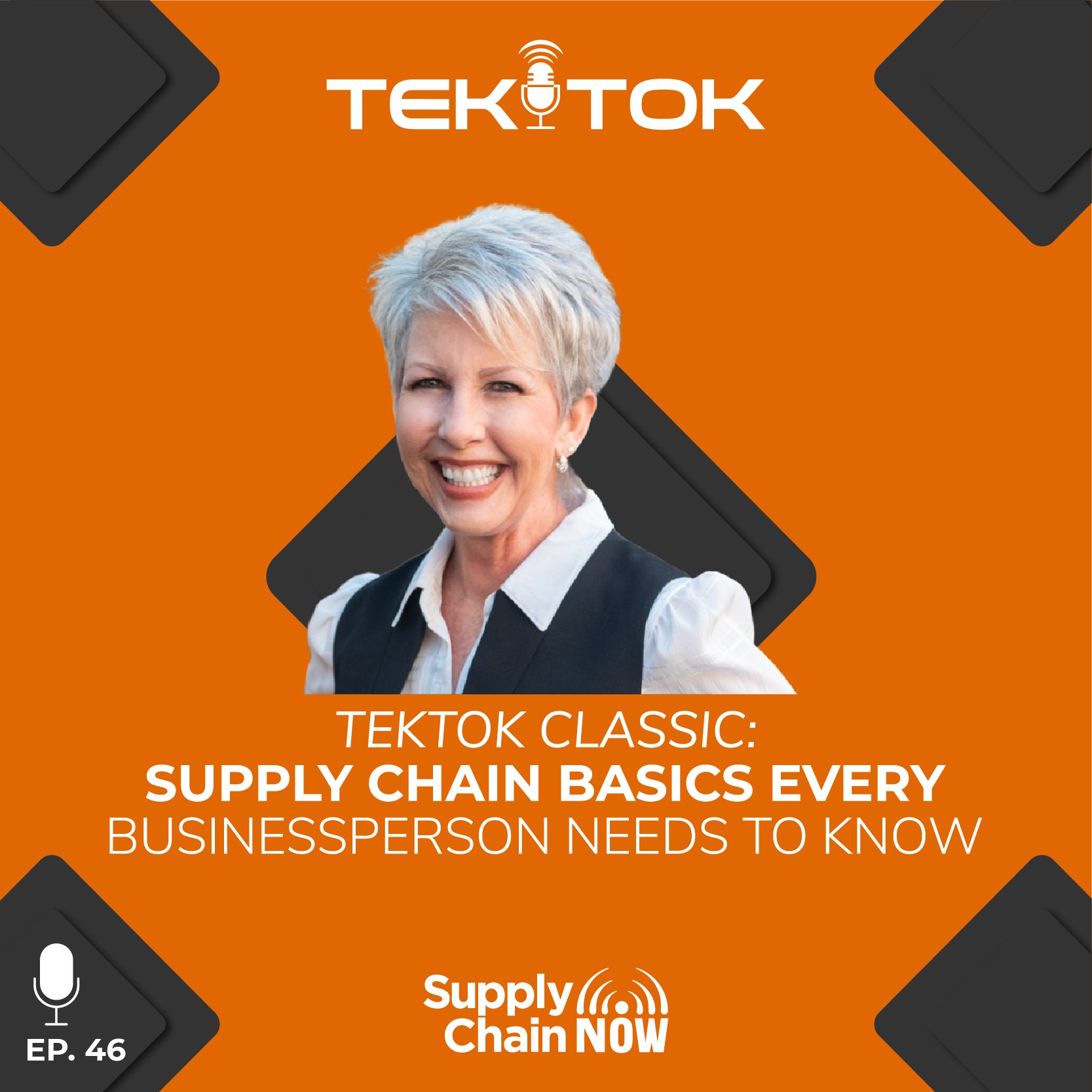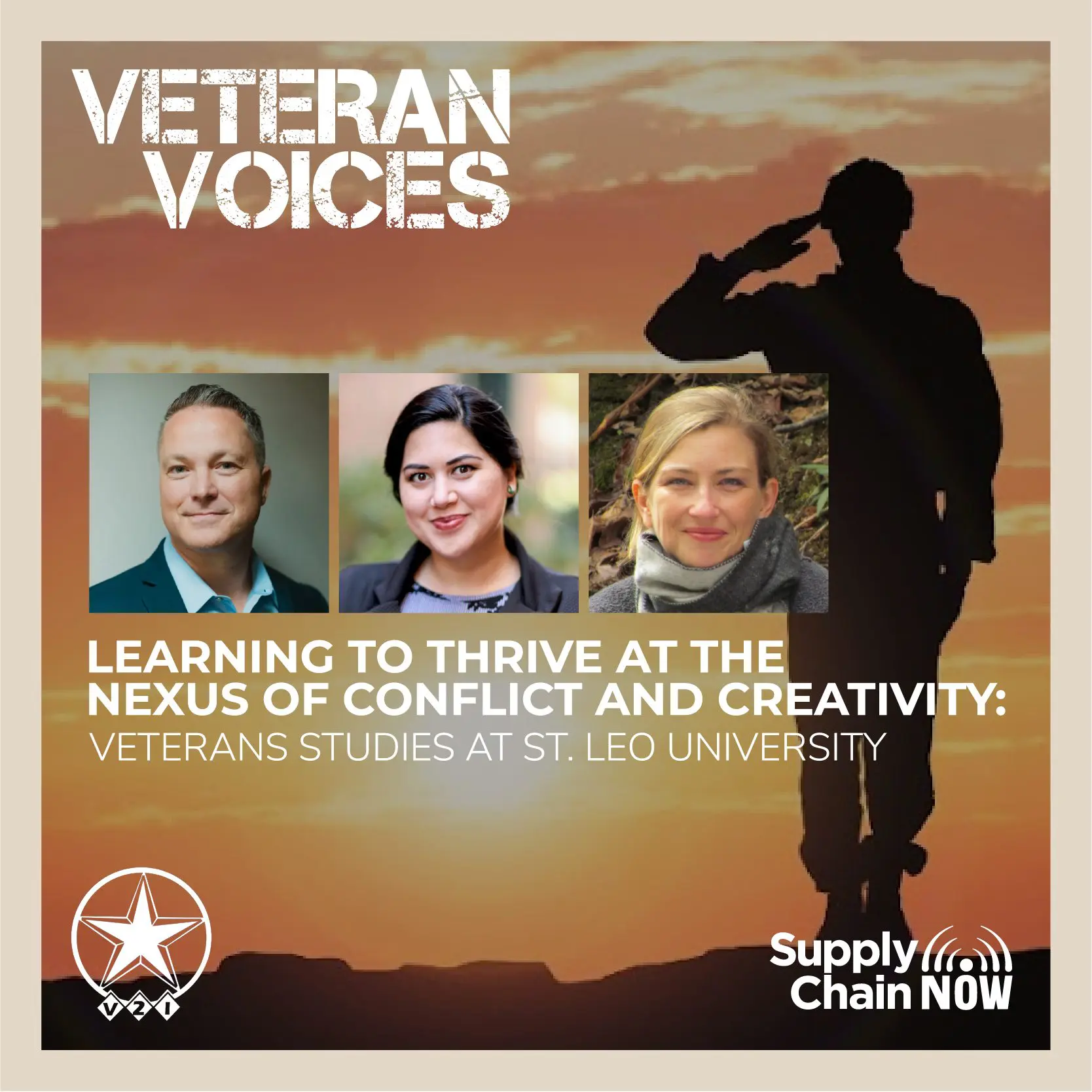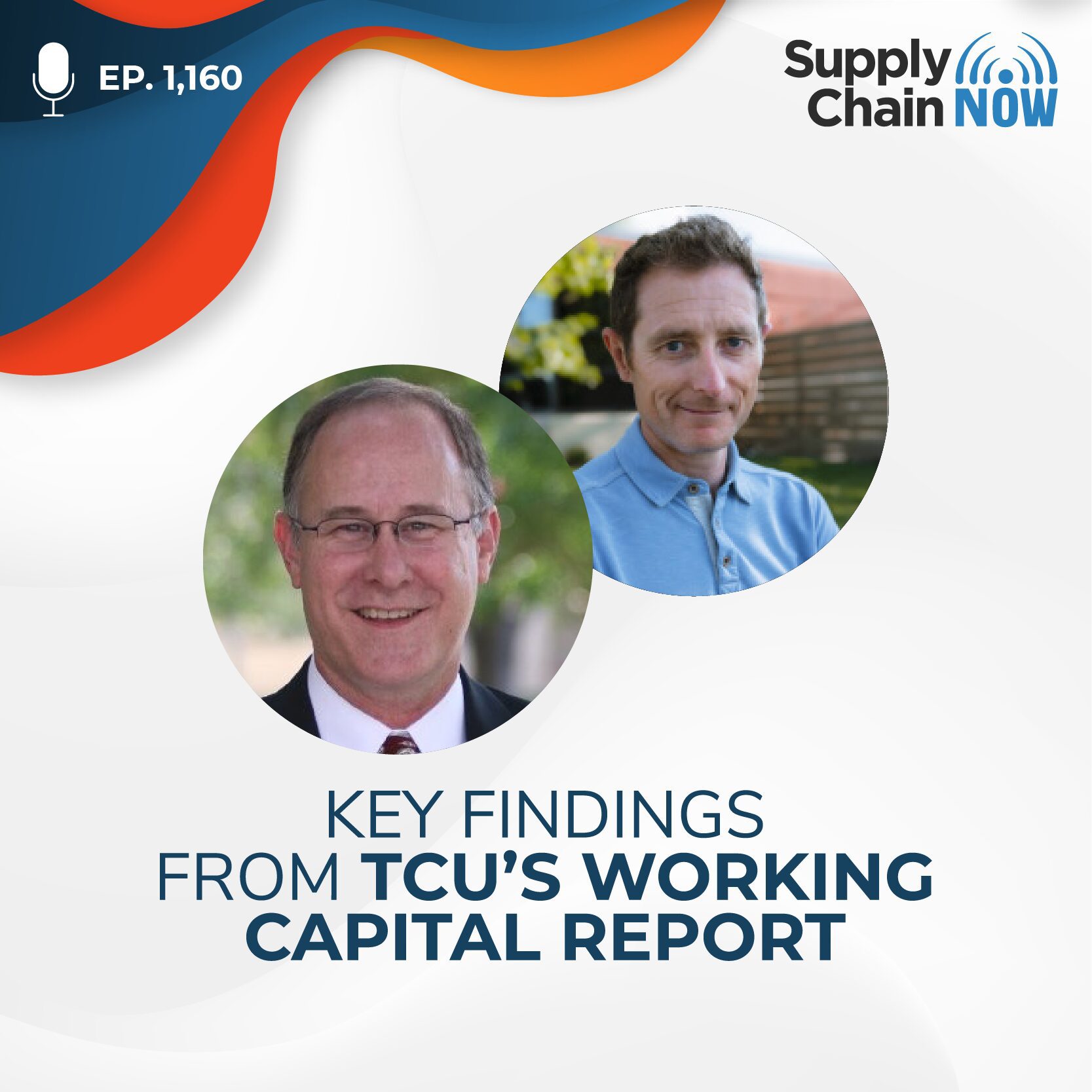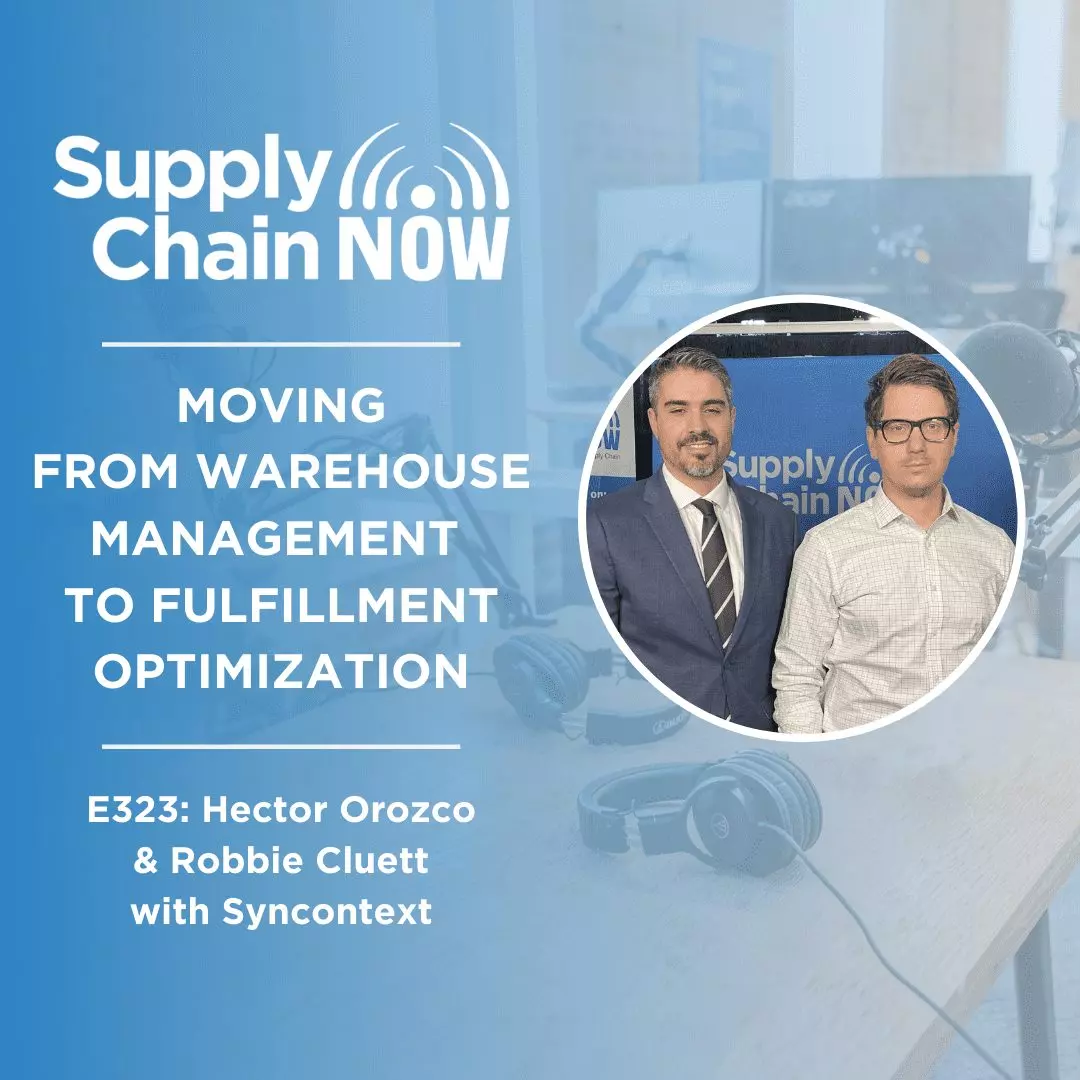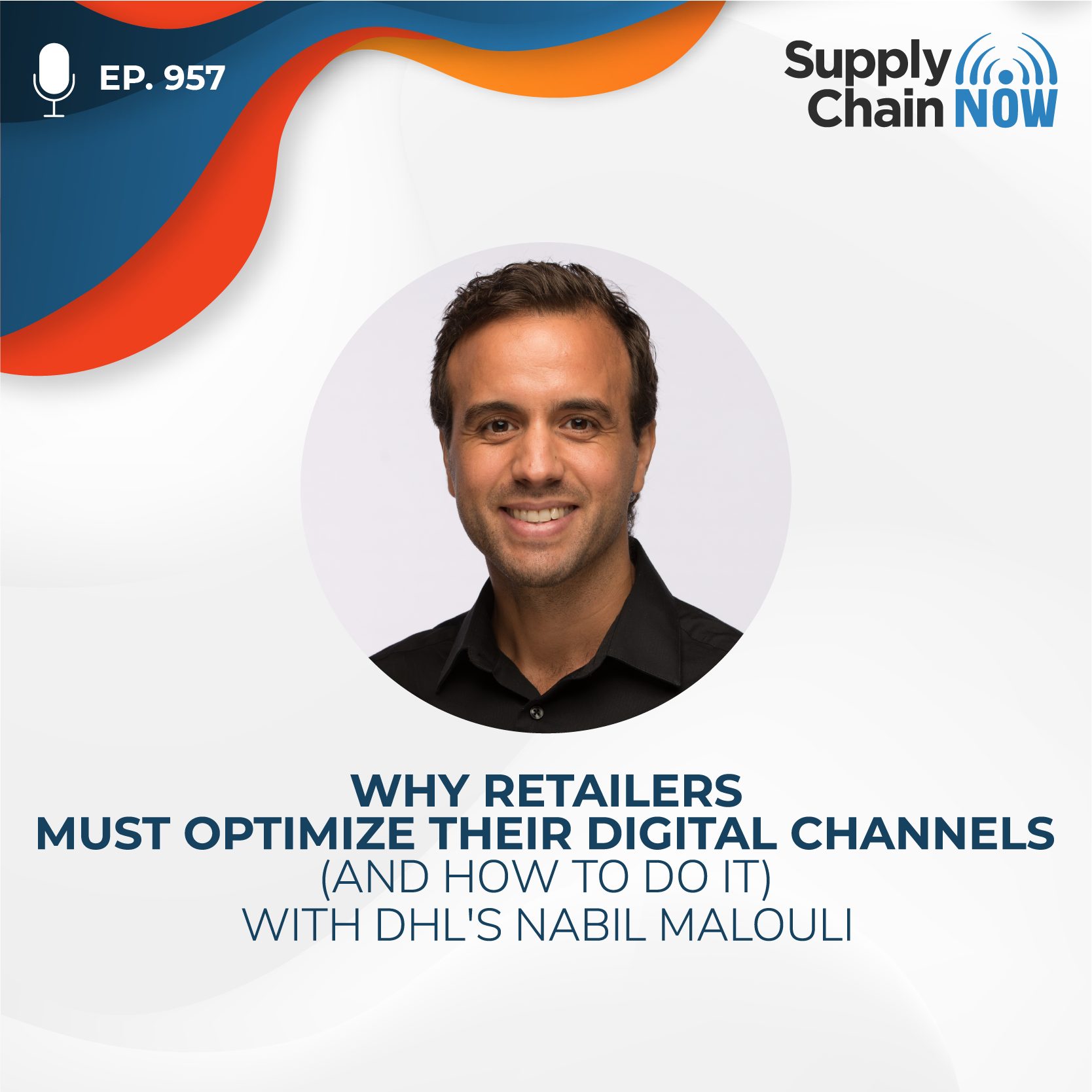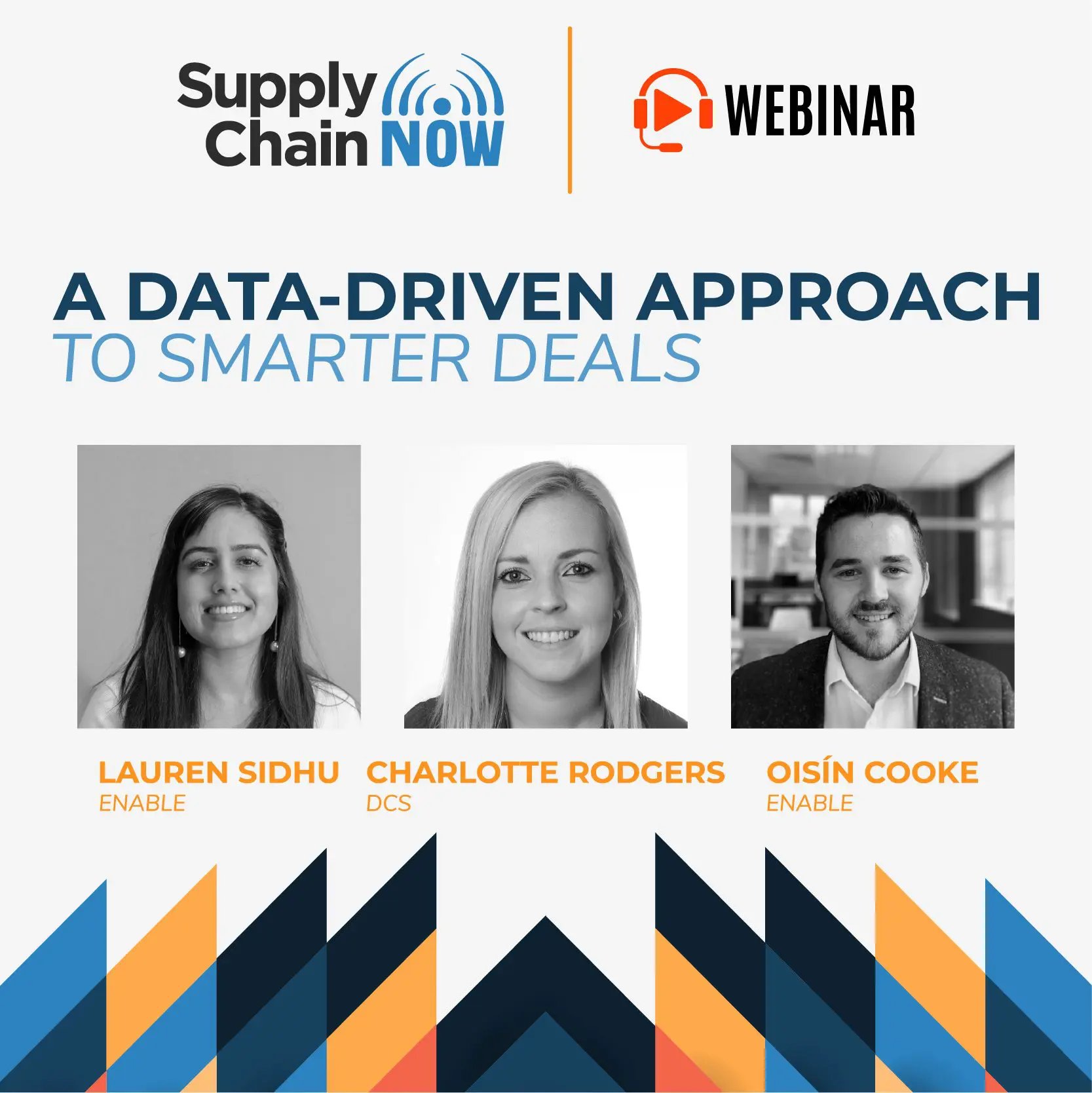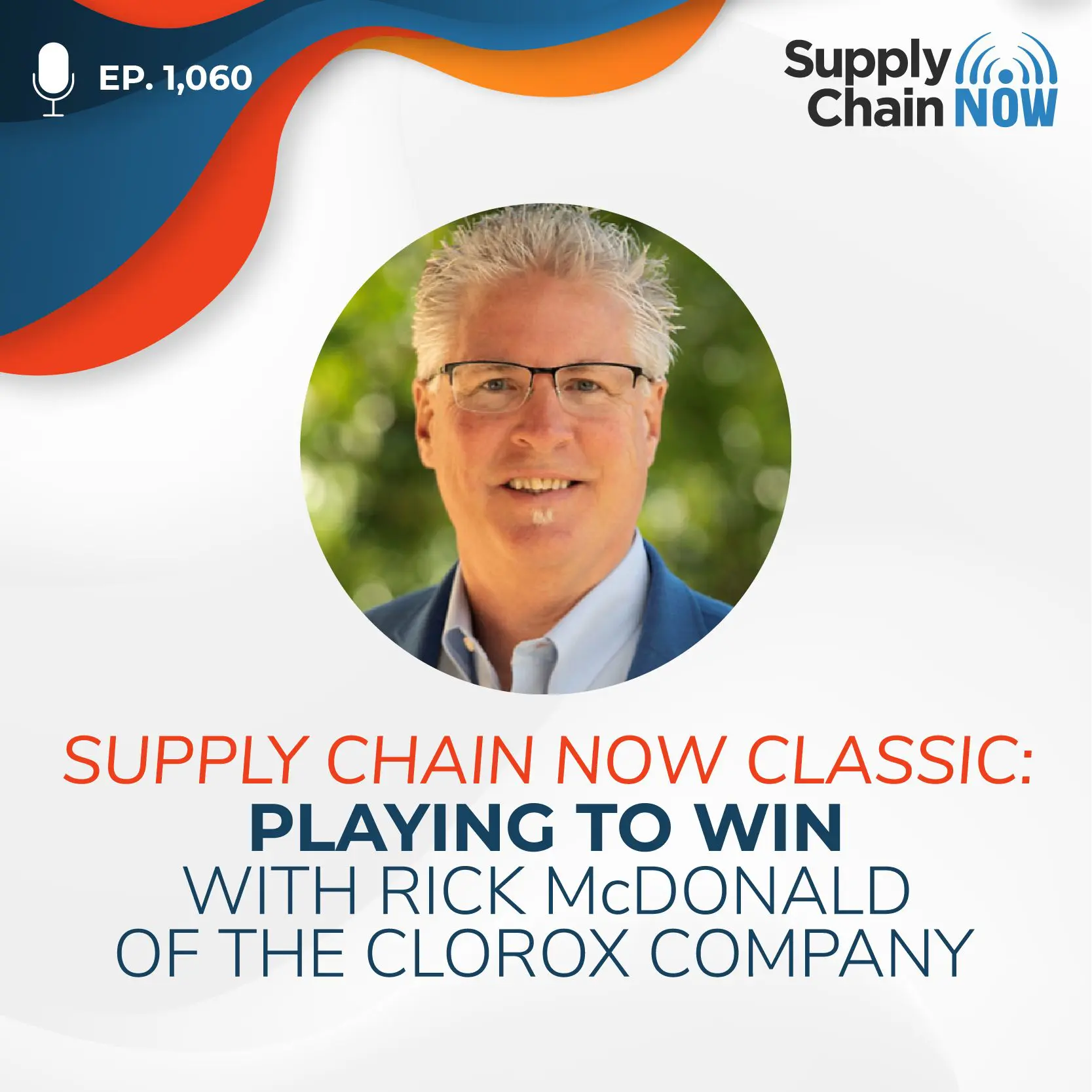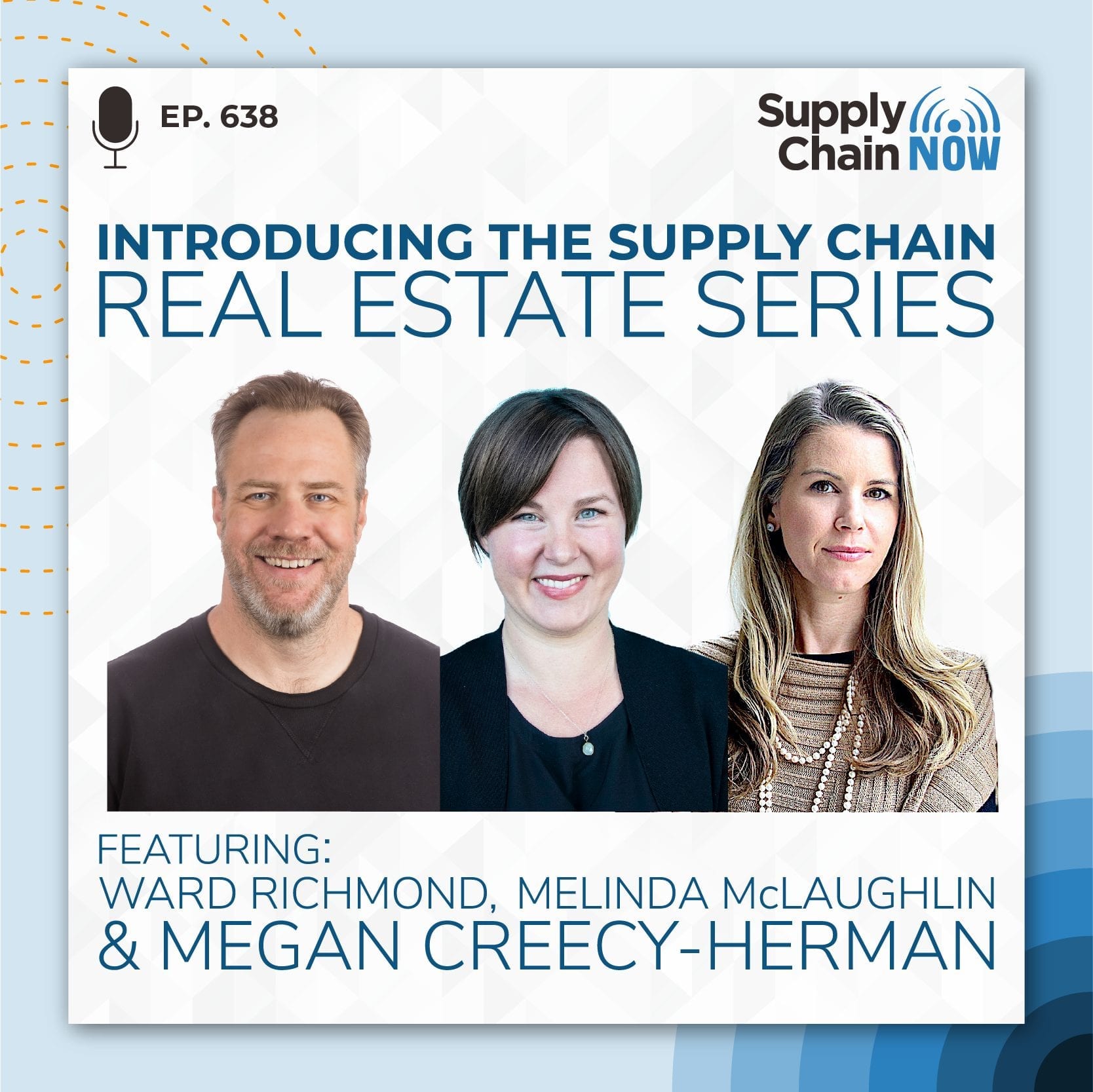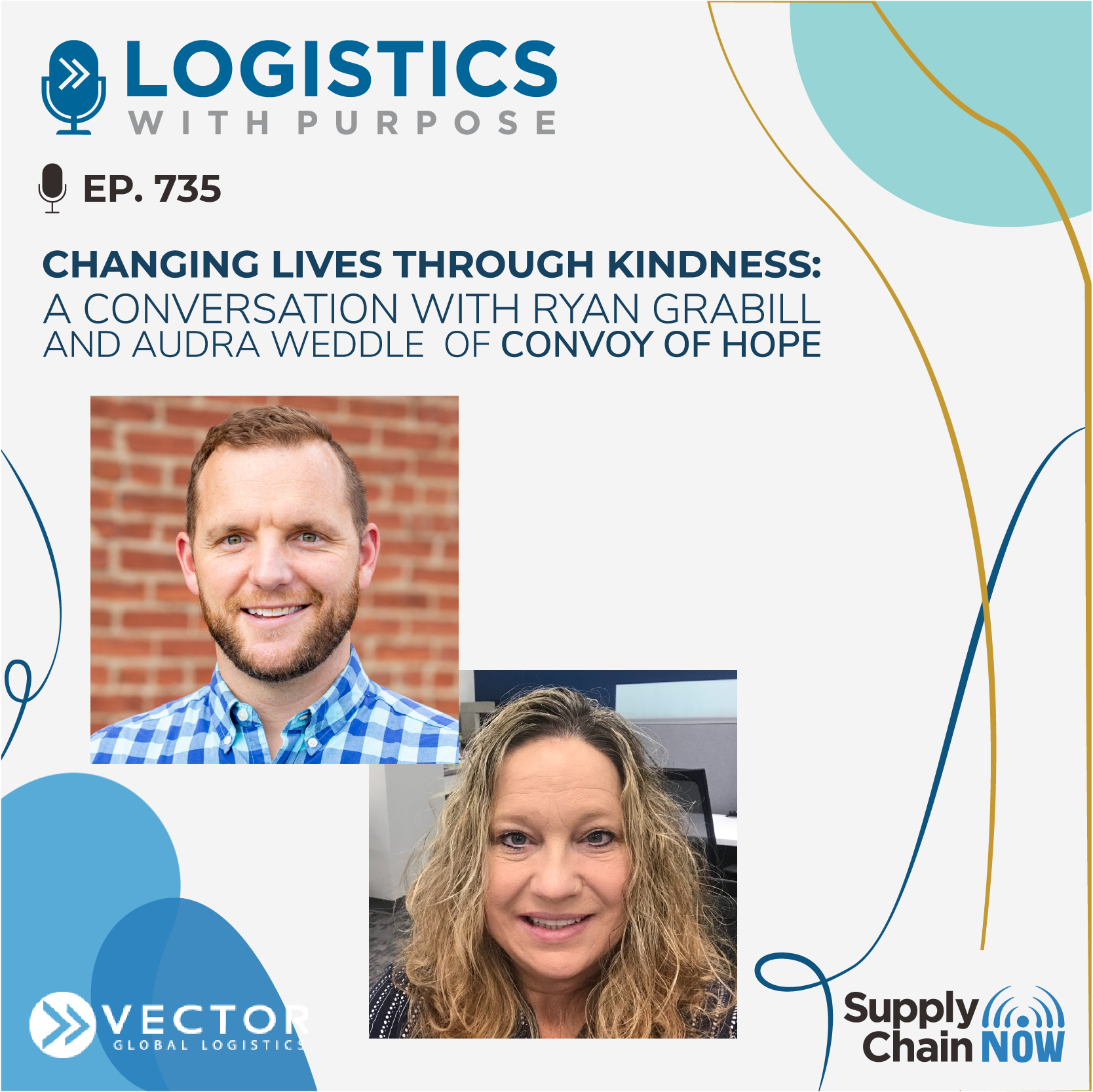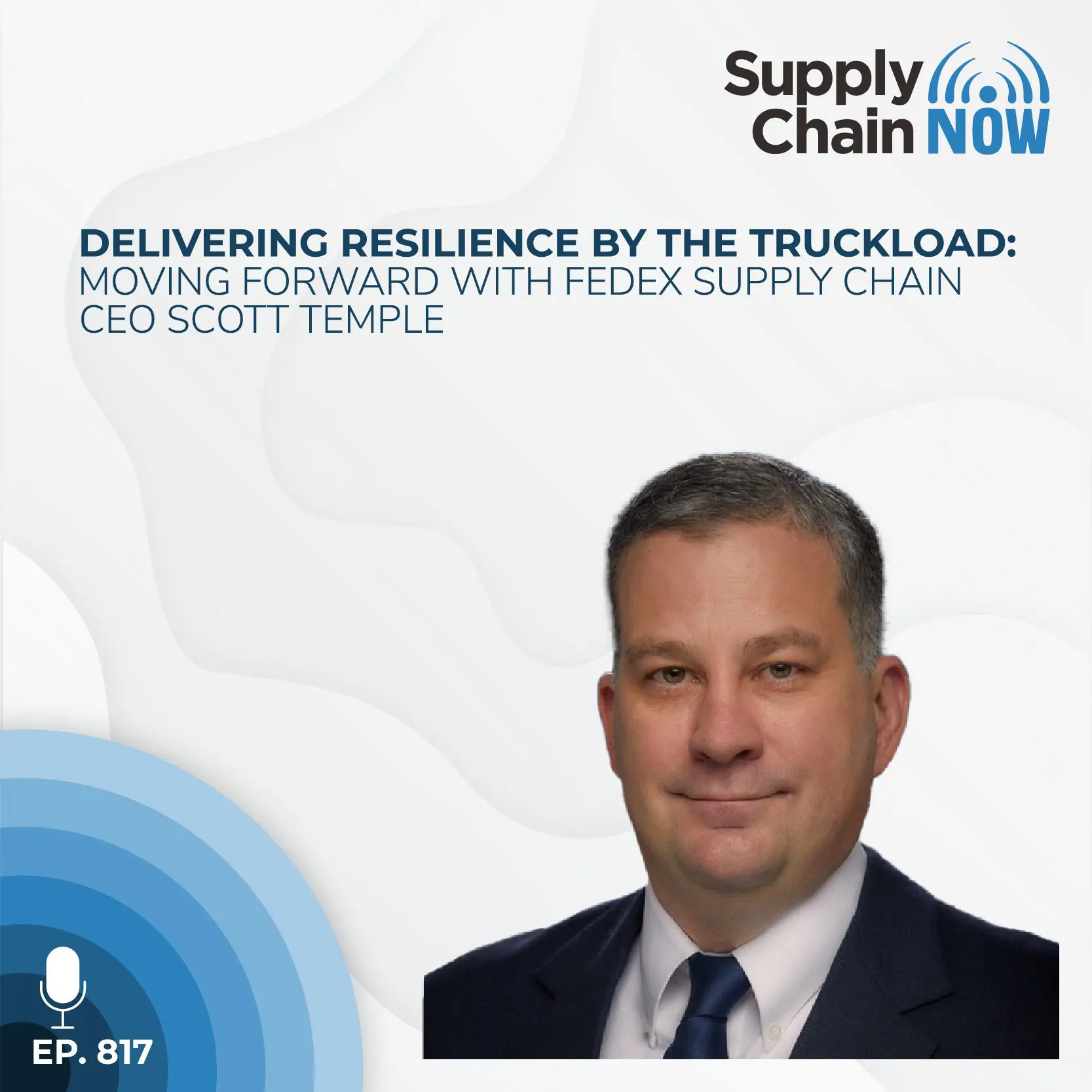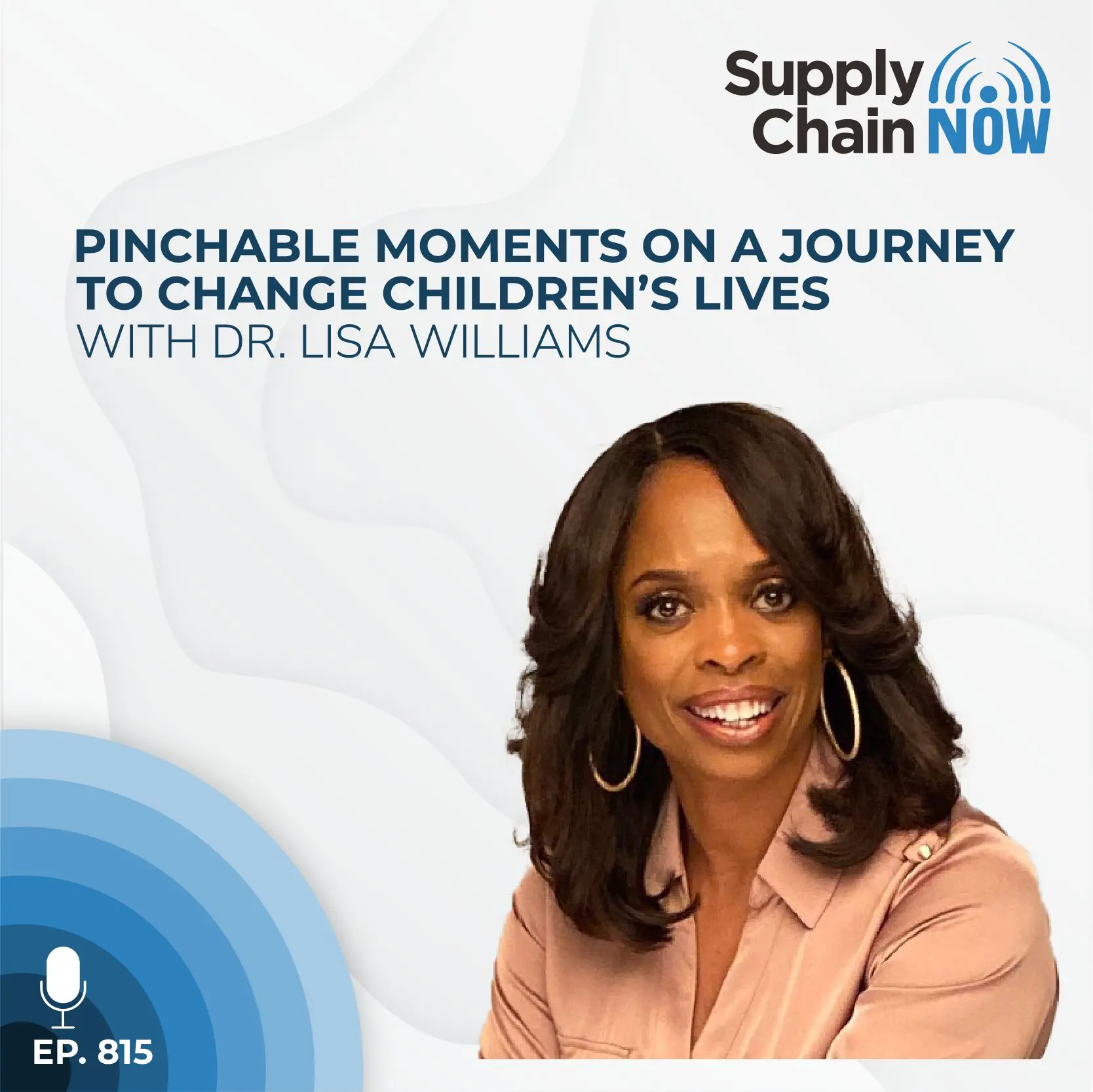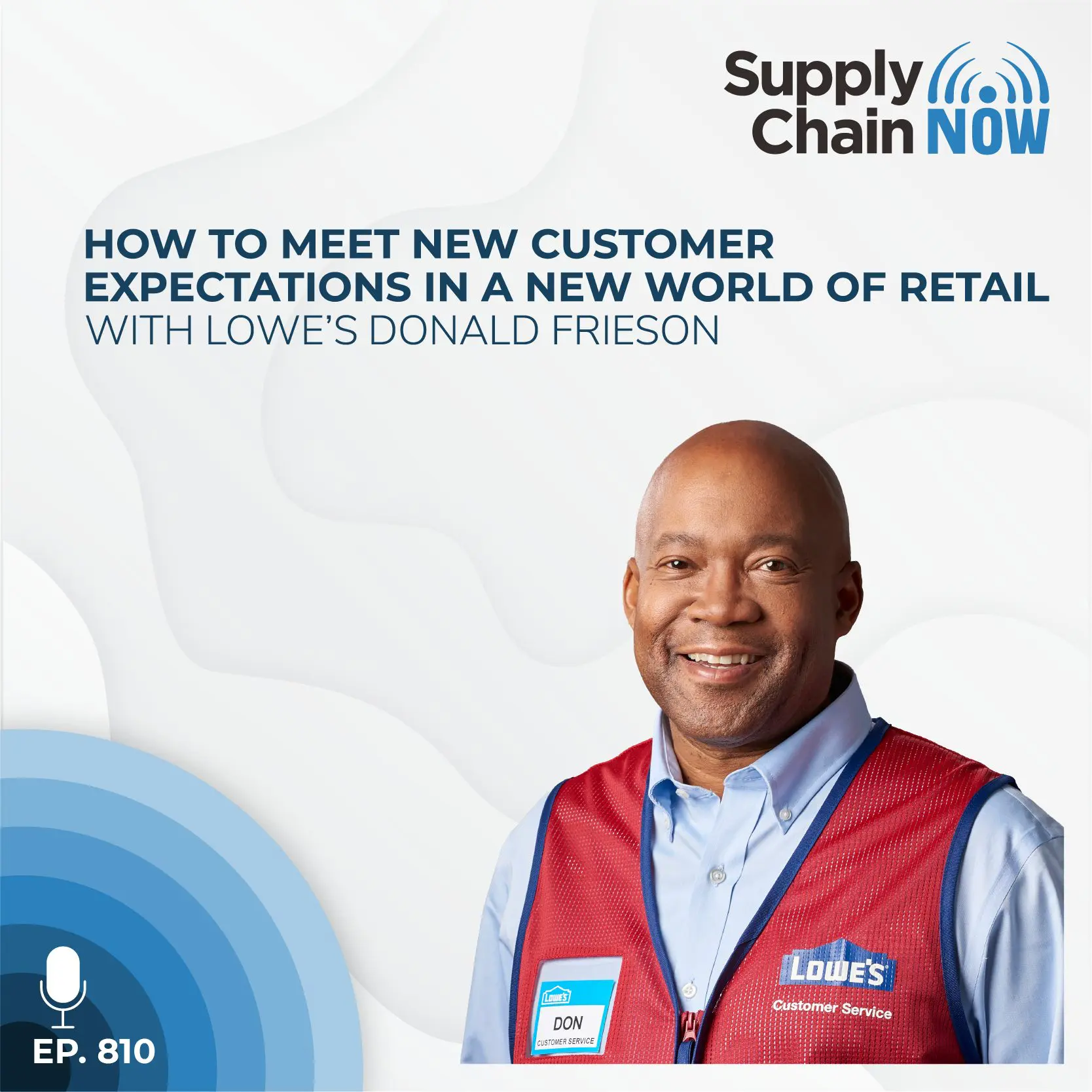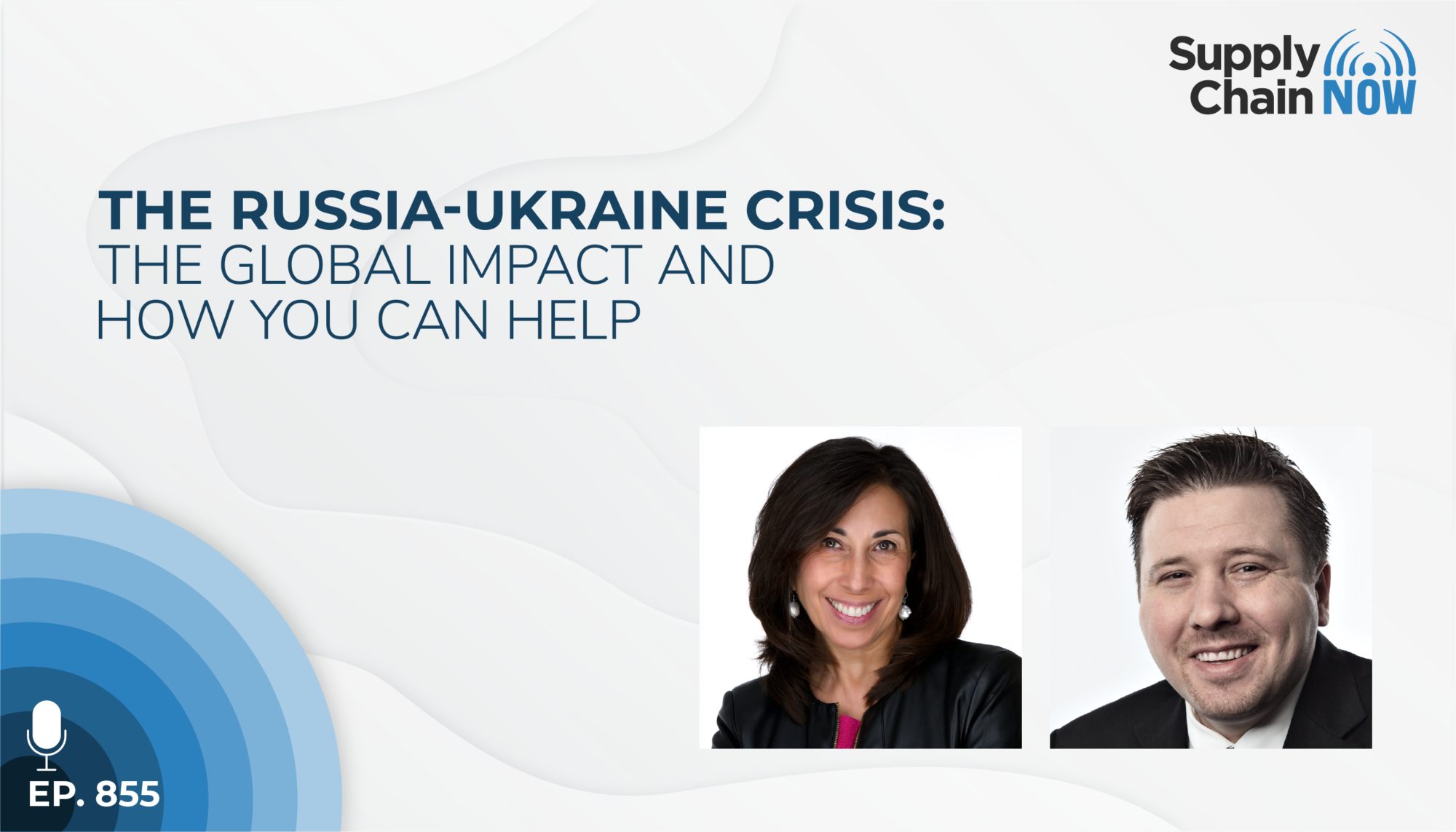
The first thing leaders can do is to understand the impact of this conflict to your enterprise and specifically your human resources, but also your supply chain. Supply chain visibility has been abysmal, unfortunately, and we the learnings out of the pandemic have not necessarily kicked in, in many organizations. This is a proof-of-concept situation where the resilience narrative and research we put out show that the ROI is being questioned.
-Koray Kose, Gartner
Episode Summary
Although most of the world has been shocked and saddened to see the images and hear the news coming out of Ukraine, this conflict was not entirely unexpected. Organizations like Gartner have been researching supply chains and geopolitics for a long time, and their predictions have turned out to be eerily accurate.
Diplomats, governing bodies, heads of major corporations, and even consumers are now trying to figure out where the Russia-Ukraine conflict will head next and how it will impact global systems in the short and longer-term.
In this livestream-based episode, hosts Scott Luton and Enrique Alvarez are joined by Gartner’s Koray Kose and EALgreen’s Claudia Freed to help us all better understand how Russia’s invasion of Ukraine will impact global supply chains, what we should expect moving forward, and how we can support Ukrainians in need.
- The role that financial and banking institutions are playing in conjunction with international rulings to increase downward pressure on Russia’s currency
- Concerns about how poor people living in Russia, who have no say in this conflict, are being affected today and whether they will need humanitarian aid in the future
- How the impact of the Russian-Ukraine conflict is testing what we thought global supply chains had learned from the COVID-19 pandemic
Episode Transcript
Intro/Outro (00:00:03):
Welcome to supply chain. Now the voice of global supply chain supply chain now focuses on the best in the business for our worldwide audience, the people, the technologies, the best practices, and today’s critical issues. The challenges and entities Stay tuned to hear from those making global business happen right here on supply chain now,
Scott Luton (00:00:33):
Hey, good morning, everybody. Scott Luton, and some dear friends with you here on supply chain. Now welcome to today’s live stream. We have a distinguished panel, a of leaders and, and folks that are taking action to help lead really the, the entire world through some of the challenges that we’re seeing today. So I wanna take just a second and introduce our panel starting with Claudia Freed CEO of E a L green Claudia. How are you doing?
Claudia Freed (00:00:59):
I’m doing very well, Scott, thank you so much.
Scott Luton (00:01:02):
You bet so great to see you again after spending some time with you at the RLA, uh, show out in Vegas just a few weeks ago, tell you the world’s changed, uh, since our last time together. Uh, but so glad to have you here. Joining Claudia is Koray Kose, senior director analyst, uh, supply chain research and advisory with Gartner Cora, how you doing
Koray Köse (00:01:21):
Very well. Thank you. Thanks having me here.
Scott Luton (00:01:24):
We’re delighted. I really appreciate, um, I, I tell you, I’m probably gonna say it 27 times to our conversation. Deeds, not words and no, you know, these three folks here just epitomize that and you can see ’em in what they do day in a day out. And, and then, you know, rounding out our panel here today. We’ve got Enrique Alvarez, dear friend, managing director at vector global logistics and host, of course of our logistics with purpose podcasts amongst others, Enrique, how you doing
Enrique Alvarez (00:01:51):
Scott, always a pleasure to be here. And of course, sadden with what’s been going on in the world right now, but also inspired by the way the world has come together to fight this horrible, horrible war in the Ukraine, including many brave Russians, right, that are posting put in on the regime. So it’s very inspirational for that reason, but
Scott Luton (00:02:11):
That’s a great point. That is a great point. Thousands and thousands of Russians have been arrested protesting what’s been taking place. So I’m, I’m glad you mentioned that Enrique. Kay, but I, again, honored team up with these three folks that admire so much real action driven leadership, passion and purpose purpose for helping others here. So today we’re focused on the barbaric, the needless Russian invasion of Ukraine. We’re gonna be gaining Gartner’s insights on recent research in terms of what the war means for global supply chain and equally as important. We sharing some ways that you are listeners can help those in need in Ukraine. So stay tuned for what promises to be an informative and intriguing conversation. Okay. So, and, and, and one other word, uh, to all the folks in the, the cheap seats, the sky boxes we want to hear from you, you know, we’re all experiencing this together as Amanda, uh, and big, thanks to Amanda, Chantel and Catherine behind the scenes helping to make production happen.
Scott Luton (00:03:06):
As Amanda was talking, pre-show, it’s been a shock to the system. It’s been tough to process and, and even tougher to kind of figure out what action to take. So, uh, we wanna hear from you, uh, as we work through today’s conversation. So Enrique Claudia and, and Cori, I wanna start as we were talking pre-show as well. You know, there has been more access may be the wrong word, but there’s been more coverage boots on the ground, independent journalists, independent activists, just in people that care that are documenting, what’s going, what’s taking place. I wanna share on a front end of our conversation here today. I wanna share a couple images that really stop me in my tracks. As you know, we’ve been looking for information and meaning, of course. So let’s add this to the stream here. So this is not 1939 or 1940.
Scott Luton (00:03:56):
This is I believe last week. And you can crane and including the sources that I’ve got these pictures, that’s, that’s the Twitter handle. You’ll see on each of these, these documents here. How about this? I mean, we can all relate as parents unbelievable, a Ukrainian soldier, rescuing a bay, look at the carnage behind. And of course we’ve seen a lot of the pets that are, you know, oftentimes abandoned at when conflict takes place. There’s been some, some initiatives and some leaders trying to save them as well. And then I conclude with this image, which I don’t take pleasure in, but to Enrique’s point and to what we’ll probably talk about here today, the world has come together to unite a against who is leading the invasion and the atrocities. And, you know, there’s been varying various analyses of how isolated Putin has become, but this image screams a million different words, at least in my years. So with that kind of as an opening, I wanna go around our panel here today and just, you know, we’ve all been processing. What’s been taking place over the last couple weeks. I wanna get your initial observations, and then we’re gonna dive into Cora, uh, research with Gartner. So, Claudia, I wanna start with you. What comes to mind
Claudia Freed (00:05:11):
Scott, when you asked me to join this panel and to have the pleasure to speak with you about this and, and your audience and the followers, it was quite a humbling invitation to watch. I’m neither a historian. Our nonprofit organization is not a global charity. We only work in the United States. However, as a concerned individual, it will take courage. Uh, and that’s with the reason I accepted the invite today, uh, to speak up, to inform and learn, um, about the situation and, uh, to be able to see beyond perhaps, uh, the images, because the story of what we are witnessing is something that three weeks ago, most businesses were concerned with getting their people back to work. Three weeks ago, most people were ripping off masks saying, we’re going to see each other’s faces and less than three weeks on, we have a global crisis that impacts both the economy, education livelihood. Everyone now has seen images of innocent people that have lost their lives. I have traveled around the world. I’ve been very, very fortunate to be at the peace museum in Hanoi. I have been in places in the middle east I’ve they have museums in Argentina that try to tell the story once the conflict is over the difficulty we all experience now is that no one knows how will this end or how long it will take.
Scott Luton (00:06:51):
Well, gosh, well said that that’s a such a great perspective to kind of start the convers and with, so thank you for sharing really quick. I wanna say hello before I move along to Ry. I wanna say, hello. Of course, Peter Bole is with us here today. I hope this finds you well, you know, these digital relationships, you know, they they’ve come and really flex their muscles. So well, so more, more if you asked me five years ago, you know, what, how that would factor into everything. I, yeah, I’m just blown away, Peter. Great to see ya. Uh, NIR, he’s a supply chain officer from MSF India. Great to see you NIR. Thanks for being here. Mervin of course, Mervin. Great to have you, uh, tuned in from Dublin Barbara. Thanks for joining us here today via LinkedIn, let us know where you’re tuned in from Josh. We enjoyed your perspective the other day. Uh, welcome from Seattle via a LinkedIn. Looking forward to your perspective, Amad from Kenya, Jeff from California. Welcome everybody. And again, we wanna welcome your perspective as we work through this conversation here today. Okay. So Claudia eloquently kicked off the conversation. Kaari what else would you add just as we start to kind of unpack what we’re all experiencing?
Koray Köse (00:07:59):
I think I, I, I shared a sentiment about this sudden and unexpected, uh, level of, uh, disruption to people’s normal life. And I wouldn’t first mention supply chain here, but people’s lives and, uh, their priorities. Um, when we think about, uh, this issue though, we can, we can look at some that we, that we saw earlier, not only a few weeks before this actually turned into a hot conflict, but years ago and decades ago. And I think we move on from issues when we think we are not touched anymore. And we are not always making sure that there was a resolution in place that’s sustainable. I think that we are seeing right now that catches up with our lives. And the research that I started on this conflict unfortunately, was predictive when it came out and this, this like two weeks later, it actually turned out to be unfortunately, I mean, eerie, accurate.
Koray Köse (00:08:58):
And that brings us to the next point that once we kind of put back our availability into action to sense things and not just to focus on one singular thing, that for yourself is important. I think then we start to understand the world and the surroundings a bit better. And unfortunately we are looking into a dire moment in history. Seism shifts, geopolitically. This conflict is just started two weeks ago, less than two weeks ago. And when we’re thinking about this, this is gonna stay much longer than the next two weeks and much longer than maybe even the next two years. So we’re looking at something where you can at any point in time, start thinking about doing something, but the sooner, the better
Scott Luton (00:09:41):
Thank you for that. Cora. And I look forward to the research and the data driven research you’ll be sharing, uh, with us soon. I I’ll tell you Enki, I’m coming to you next as we wrap kind of some initial observations, but I’m praying while to your point, Cora this, you know, we’re, we’re not gonna solve this overnight. And unfortunately it looks like there’s gonna be a painful road ahead, but praying every day for a cease, uh, a cease fire and for the atrocities to stop and give folks a respite as, as hopefully very skilled diplomats and the world can come together and, and figure out a more permanent solution. But Enrique what’s on your mind.
Enrique Alvarez (00:10:17):
Well, first couple of, uh, I mean, when you, when you look at all those pictures that you showed and some of, many of the others that we probably all have seen, and again, it’s a very well co it’s very well documented conflict because we have social media and you see all these different tweets and Instagram posts and things like that. The first thing that that comes to my mind is of course it’s horrific. It’s, it’s, it’s very, very sad, but, but I’m angry. I I’ve been angry since this started. Why? Because let you see all that people and all that, needless just loss of life and infrastructure and, and just, uh, order in general, that’s really, really scary. And so me, I’ve been communicating with agents, we have a logistics company and some of you guys might know. And so I’ve communicating with agents around the region with friends, also in the Ukraine that have families in the Ukraine and just kind of trying to understand a little bit of what they’re leaving and how they’re feeling. It’s just, it’s horrible. It’s something no one should go through at. And, and I feel that now it’s a time to kind of all come together, stand by the Ukrainian, stand by the Ukraine and do something, right. I really feel that this is a goal for the rest of humanity to stop this selfless egomania tyrants once. And for all this cannot stand. And, and so I’m just kind of angry and sad and just trying to, to fight against this somehow. So
Scott Luton (00:11:45):
Yeah, I think all of us, I think we’re all nodding our heads. We kind of feel a lot of what you just expressed there. So this, these conversations for me, at least difficult to kinda work through because of, of what folks in Ukraine and in the region are, are experiencing, you know, we have it easy. We sitting here doing a livestream talking supply chain. So it’s with that in mind that we want to, you know, be very respectful with the 10. So, but we want hear from folks and hear what you’re so welcome in Stefania from Mexico. Great to see you here. Uh, Lisa, Hey, we appreciate that feedback. You know, supply chain professionals and leaders, and in the most inclusive sense, right? End to end supply chain, all that that makes up is in a unique position to do something about this. So thank you for that.
Scott Luton (00:12:31):
Uh, Lisa Jean hope, this finds you great to have you here today. SAAM, great to have you back really enjoyed your perspective last week and welcome everyone else. Okay. So Cori in our prep conversation yesterday that there’s so much a wealth of information that y’all have produced, we’ve kind of tried to target, uh, I think three slides and there’s lots more cause there lots of data that it’s an exhaust to research, but we’ve got a couple images and we’re gonna be working through this conversation based, you know, kinda learning from you here today. Information is power as memories shared on the livestream this week. And when we’re talking more, you know, kind of traditional supply chain, traditional conversation, I guess, and informed consumer makes informed decisions. Well, I would expand that that be will sentiment from memory informed leaders, make informed decisions, informed humans, make informed decisions. And, and so with that said, Cora, I wanna dive into the key findings from your research and Enrique Claudia, as we talked about, we welcome your color commentary. So Cora, for starters, I wanna pull this kind of this level setting document here. So Cora, where do we start?
Koray Köse (00:13:37):
I think just to baseline everybody’s understanding is always a good starting point. So we can, um, then digest a little bit the information and then maybe contextualize it a little bit, what people feel and also what actually businesses feel. So when we look at the conflict, it really is still on the trajectory, escalation, despite of the meetings that has have happened now in the last few days to deescalate, even on the level of, uh, really highest officials of, uh, the Russian government and the Ukrainian government getting together in Italian Turkey. But it’s disheartening that those take 15 minutes and they just walk away from the negotiation table because the narrative, uh, put of four is, is just unbelievable to some extent. So we can see, however, the Western world putting actions together, trying to put pressure without, um, arm conflict. And that’s the sanctions, right?
Koray Köse (00:14:30):
We see the sanctions spike, we see the, uh, central banks being active and pressure. We see the swift exclusion of the payment system and we see the airspace being closed for flights out of Russia. And I think those measures are showing effect, but right now they’re showing the effect of anger on the opposite side. So it actually intensified the conflict for the time being. However, when we look at it economically, it is, uh, almost like, uh, wrestling the bear down a little bit. No, no pun intended, right? So it will take time, but we see the Russian rule evaluate, see the, uh, Russian governments debt to be almost defaulting. They are at the brink of defaulting because a lot of their reserves are frozen because they’re outside of Russia. So, um, we look at the two economies, totally non-comparable Ukraine, about 50 billion Russia, 400 billion, right? We also look, however, then a step further, the Russian economy, 250 billion out of that 400 billion exports is actually fossil fuels. And the dependency goes to vest in Europe mainly. So thinking about that and putting pressure on the energy exports that create a billion euros for Russia a day, basically the financing, the, the machinery to this, uh, aggression is something I think politicians understood that the dependencies just so dire that it’ll take time to counter that, right.
Scott Luton (00:16:04):
Let me, let me, uh, chime in just for a second. And I’m gonna, I’m gonna get Enrique and Claudia to maybe quickly comment on what Cora’s already opened up here. Just I adding headlines this morning, uh, the bot administration is going to Congress to get Russia’s most favored nation status. I’m not a trade expert, but get that removed. Now, I think that would be a historic move in a strange development. I’ll call it for lack of a better word. The Russian space agency is threatening to leave the one American astronaut up at, at the international space station. Cause of course we rely on Russian rockets for that. It it’s this, you couldn’t write this. You couldn’t sit down and write this book. All right. So I’m gonna come to Enrique and Claudia really quick, but first Josh says, do anything correctly. You need communication and accurate information. The countries that are allowing refugees in we’ll have to tackle the issues of energy and healthcare for the 2 million question mark. Cause Cora’s gonna talk about this in a minute. Additional people that need care while correctly, cutting off one of the world’s largest exporters of power. Excellent point there, Claudia really quick based on kind of how Carra set in the table. Your quick comment,
Claudia Freed (00:17:10):
Interestingly, how this, uh, never was a reach conflict would seem conflict around the world, right? Immediately. It became a global conflict. Um, the idea of the systems, whether it’s financial system, swift, uh, trades, um, regulatory tariffs, all of that, which the world has used as mechanisms to promote, uh, global economy where everyone can thrive and, and benefit from those very systems are really the foundation as well as how we help the people who are the victims here.
Scott Luton (00:17:48):
Yes. Yes.
Claudia Freed (00:17:49):
So for leaders, uh, it’s a difficult time, um, when you cut off, uh, getting money, it also will talk a bit later. It presents a challenge for nonprofits that are trying to get, uh, aid onto the hands of the people who need it very complicated, uh, fast, high stakes. And I don’t think it’s ever been more important that the stakes are so high that getting it wrong, um, will have terrible consequences.
Scott Luton (00:18:18):
Well said, Claudia Enrique.
Enrique Alvarez (00:18:19):
Yeah. So just adding to what Cora said, the Ukrainian general has 18 C ports and all them combined. They have like a throughput of about 1.4 million T use that was in 2020 Salana so that you can have like some kind of context or comparisons, like 2.7 million. So it’s, it’s, it’s a lot, it’s, it’s a really important and now they’re all close. There’s no, uh, people working on the ports, they’re all shut down. And the one thing that I think I, um, I’m worried about is that, and I’m fully supportive of certain sanctions. I think they’re needed and they’re already, you can start seeing the pressure a score was saying, but then of course, some of these other sanctions that are probably not financial or energy related are also going to affect a lot of the poor Russia, Russians and Russia right now. So at think this conflict can continue to go on. And at some point we’re probably gonna have to start sending human retainer and aid to Russia, cuz this impacts, this is going to impact the poorer as most conflicts always do. And um, that’s also something we have to consider as Claudia was saying, right? It’s it’s not easy. Those sanctions actually have some con consequences that are not all of
Scott Luton (00:19:32):
Them intentional, positive, right? Gosh, so much to get. Thank you both, uh, for your commentary there and thank you Jose. We all, I think, feel the sentiment here, uh, stand and, and, and what’s the right action to be taken, but getting back to you Cori, you know, when you think about comparable situations, I can’t, I can’t stop thinking frankly, about the first Gulf war when, when Saddam Husain invaded, uh, Kuwait, I spent some time in Kuwait, uh, when I was in the air force. And of course to Claudia’s point, gosh, not only are the stakes massively different, but unfortunately the options are massively different of course are some other differences, but what comparable comes to your mind, karate
Koray Köse (00:20:11):
Quite, almost see nothing good. Um, and I have to go decades back to a comparable situation where the geopolitical impact of this is, as I said, Seing and I think post world war II, there’s nothing that kind of compares to that in the way it’s unfolding because we see a level of prosperity globally that has grown over decades of more or less peace without having a world war. And right now we’re at the brink of a huge military power take NATO head on in the midst of Europe, where we had peace. Luckily for many decades, post world war II, the UN was created as a reaction to that. And the UN had a historic vote condemning the act actions that there are unfolding. So it’s, in my opinion, unprecedented, it’s really terror and cognitive. We are not really sure where we are going with this because how can you come out of this in safe face? How can you come out of it and say, Hey, you know, we going, we gonna invest directly again in Russia, foreign direct invest because we see a future there that is provides a business freedom for us to conduct it. And, and um, I think that is unfortunate. But if you ask me, I don’t, I can’t really recall any of these to be comparable. I’m sorry. Right.
Claudia Freed (00:21:39):
I, I, I couldn’t agree with you more on the point about that. The nothing comes to mind. That is good. The idea, yeah. That after world Wari, the, the world has looked toward a piece through economic progress or piece through some level of access to resources, whether it is implementing private industry in some countries that previously did not have or state currencies. We, I, I spend the first part of my career working for a wonderful organization that was in the market for trading options. And so it was a very speculative market. I cannot imagine now what it would be like to sit at a trading desk at any part in the world because the volatility and the risk. So you think about things like the impact on the transportation and R will tell us yes. Can the market handle, uh, $7 a gallon pricing for our truckers?
Scott Luton (00:22:41):
Mm.
Claudia Freed (00:22:42):
So the economic repercussion at a micro level, not just the macro and the global, it will take a very, very long time to stabilize. Mm.
Scott Luton (00:22:53):
So yeah, on that note, let me bring in Dr. Rhonda, Dr. Rhonda hope this finds you well from Arizona there. This is a wonderful sentiment. I think we can reframe this conversation. She says, standing in support of all humans that are behaving from a place of kindness and protect for others, very well said, Dr. Ronda, Claudia, I’m learning something new about you. I always knew that you were several pay grades above me, but man, to hear about your trading background, we’re gonna have to have a whole nother conversation. Cora. I wanna come to you next in just a second. I’m gonna move ahead to the, uh, some of the industries are getting impacted, but Nique quick comment from you, please.
Enrique Alvarez (00:23:29):
Yeah, no, I’m answering your question about how this conflict compares to other conflicts in history. Uh, it, it’s really hard, right? One of the main difference that I see is technology and information. I think that, uh, back in the day, and Corey mentioned this, the cold war, I think that the propaganda, which is so important for some of these conflicts to continue to grow, uh, was easier in general. Right now we have Instagram and Twitter and social media and all that. So I’m feeling that it’s a lot easier to learn what’s really happening. And it’s really, really hard for governments that are trying to portray things differently with the sole purpose of really making this more conflictive. Um, it’s harder. So I think that that’s a, that’s a big difference that we’re seeing and that I think that it’s going to be key as well to kind of resolve the conflict, cuz it’s gonna be a lot harder to convince Russians in Russia, that the evil is the west again. And, and they’re the saviors of the Ukraine. I think that’s gonna be harder for them to, to really sell
Scott Luton (00:24:32):
And re you bring up a brilliant point. Something I hadn’t thought about to this point, you know, we’ve seen democratization take root and enable even the smallest of organizations that compete with the big ones right now we’re seeing information, war information, warfare democratization. I can never say that word right. Enable citizens that want to help get the word out to, to help combat the aggressive, uh, nations that are, that are causing the atrocities. It’s really, it’s a, it’s amazing. It’s a, it’s a, it’s part of the sliver of good news, right? How technology’s enabling that to happen. But,
Enrique Alvarez (00:25:12):
And I think that’s why before you jump real quick, that’s why Dr. Ronda’s, uh, simmer man comment is so important, right? Because right now we cannot make the same mistake and say, well, the Russians are evil. This are the good guys. This are the bad guys. No, there’s, there’s a lot of good people ever everywhere. And I think again, to Dr. Simmer man’s comment, I think it’s important that we all realize that we’re all in this together and we’re all trying to fight this regime and this terrible invasion of the Ukraine together.
Scott Luton (00:25:37):
Agreed. We gotta try to isolate and, and get real specific around who is perpetuating the suffering. So, uh, co right, shifting gears a bit, uh, there’s so much we can talk about as a panel so much should talk about, but kinda talking about some of the industries that are gonna be we’ve already have been and will continue to be impacted with what’s going on in Ukraine. Speak to that, if you would.
Koray Köse (00:26:02):
Yeah. So we, we’re seeing mainly six challenges that are a bit related also to the COVID reaction, but the COVID reaction came in waves. This is one day to another, basically. So we’re seeing material shortages, especially in the ones that come out of the region. We can think about palladium neon nickel. I mean, if you wanna go somewhere and just check the nickel price, you’ll be surprised how actually, uh, you know, a rocket actually rocket chip starts towards the moon. It looks like that. Um, material cost increases, um, are across the board. And we, we see it somewhat on the gas station, but when it comes to the products, there is a lead time in between, of course there’s an adjustment of pricing there’s willingness to pay. So we will see that. And that puts more inflationary pressure on everybody, including companies and people who just, you know, try to get, uh, to the end of the month with still something in the bank account.
Koray Köse (00:27:00):
So the demand volatility to take an impact there, because if you have less, what you can buy with what you have, you will have fluctuations. Um, you may have a demand volatility where you need to now buy other things, right. And we saw in the pandemic too. So a lot of actions can be put into place that companies learned or should have learn in the last two years, logistics, route and capacity constraints, right. You know, when somebody parked their boat in the canal, just, you know, to see what it means. We saw that. So this is worse than that. This is not just one canal impact is like we heard from Enrique many, many ports and the black sea route and the belt and road initiative for, from China to Western Europe is impeded. Uh, even air travel is impeded. We saw people who were on vacation literally, you know, uh, and they couldn’t go back to Russia or Ukraine.
Koray Köse (00:27:54):
They were stuck. Uh, we see cyber security breaches. We see production capacity impacts. We see companies shutting down plants in Russia and, um, Ukraine anyways, but companies like saying like we spent production there and GM saying like, we’re not gonna sell any more cars there. And, um, when we talk about industries, high tech industries SEMICON is almost in every product we’re using. It was already dire. It was bottoming out and coming back up. Now, if you think about neon being critical to the manufacturing of it, and 90% comes from Ukraine, well, maybe your next laptop purchase, you know, you buy what you have right now in front of you. Otherwise you may be on a wait list.
Scott Luton (00:28:39):
Mm. Yeah. Okay. I, I wanna get, I wanna keep going with you for a second Ry, and then I’m gonna get que and audio, the weigh in you’ve already kind of spoken to this, but speaking, I wanna see if I can find some better news. I think about full impact when we, you think that will peak and when are we gonna see hopefully prayerfully some improvements and I’m not talking just supplies and, and commodities. I’m talking a little broader than that. Speak to that. Carra if you would.
Koray Köse (00:29:08):
So when we, when we think about, uh, peaks, we, we see some of it like, um, reacting, of course, the markets are anxious about the developments, but I think the more information and comprehension comes into play, the more it’s gonna be a long term impact. So what we’re seeing right now at the gas station, it’s probably the lowest in the next few months to come bad news, but it seems to be the truth. Uh, we also see oil being discussed at 200. You know, maybe I can, I, if I would have a word in that, I would actually say probably at some point 300, maybe 400, but I don’t understand yet the complexities that will cause other nations to react to that more boldly other than economically. Right. And that would be a chain reaction. So when do we see likely true impact to consumers, more than just like little bit of pain here and there probably that the lead times are reached and theories, although, so wait another 30 to 90 days from now, and then we’ll see a better picture and we’ll see how vast the impact is in, in overall.
Koray Köse (00:30:16):
I mean like, uh, wheat and grains out of Ukraine, right? If you bread, you know, is not being sold anymore, or is extremely expensive, who will be hit first, the poorest. And that is a major problem, right? Or the refugee ways. We were seeing a comment about 2 million we’re right about there, but that’s the beginning. We’re just 10 days into it. The ones who are now in the position of safety are the ones who had the means. There are millions who don’t have the means and they will find one way or another humans always try to get out of trouble. Right. They will find their way out of the trouble, hopefully, and we’re praying for that. But that means we’re now looking at the refugee wave larger than we’ve seen from the conflict Syria pouring into the economies, uh, in Europe. And, um, that is, uh, not necessarily, you know, something that will impede the economy, but it is a pressure on the economy now with five, 6 million refugees to be absorbed and to be taken care of, right. In a way that will likely need to be done for multiple years, because it’s not like, oh, ceasefire, everybody holds back. The latest number of the destruction, Ukraine goes up to 120 billion loss in 10 days, 120 billion loss of destruction and GDP loss, just Ukraine. I mean, forget about Russia for the moment. If we add that it’s gonna be even a higher number.
Scott Luton (00:31:48):
So that is mind boggling. I think we’re, we’re approaching 2 million refu refugees. Now Carra just mentioned five and, and 6 million, gosh, just the scale of suffering Claudia, whether it’s something that Cora said there or something that, you know, thought that comes to your mind, what, what would you add
Claudia Freed (00:32:05):
On the point of that in, in some crisis, particularly in the COVID, it was a wave you could kind of foresee getting stable and getting worse. This came very sudden and, and, and it mirrors, uh, what disaster relief philanthropy, um, tries to follow. So if you have have, and if you think about how the world can come together in, in looking at ways to help, there is an immediate response, uh, in some cases then that follows some rebuilding. Then later on in the crisis, you may have mitigation and then you help, uh, countries and people, uh, for preparedness. So there is a cycle to how the world can, uh, rise to help. Uh, because of course all, we, we all love to, uh, be, uh, present and avoid the next child being killed or the family being separated. And the idea that this conflict is so far reaching that the stakes are so high, that the cost to human life is so great. Yes, it’s overwhelming. And as leaders, that’s a challenge as well, running your company, me running your business, running your teams, uh, with frankly, uh, from a mental health perspective, uh, no one needed this.
Scott Luton (00:33:28):
Hmm. You know, I couldn’t, we’ve all seen the image of the, the pregnant woman being carried on the stretcher. It, it just, it, it kicked me in the gut and the, in the heart. It’s, it’s just, uh, touch strategy. Uh, Don welcome. Uh, I’ve got your question. I’m gonna tee that up to the group in just a second for quick responses, but Enrique, before we do that, your thoughts.
Enrique Alvarez (00:33:51):
Yeah, no, to both Corey and Claudia mentioned it right on the humanitarian front. It’s just also important to acknowledge how, um, amazing like Poland and Hungary and Romania, all those countries that are around the region are responding very openly, uh, very rapidly. And they’ve been doing things that are amazing and inspiring. So we have to definitely acknowledge that, but then how long can they keep doing that? Right. I mean, they’re doing it now. They’re responding right now, but this immigration has been forced, uh, onto Ukrainians. It’s just gonna last a lot longer. So we’re gonna have to help all those countries gonna make sure they can, uh, safely and, and I guess, uh, efficiently welcome millions and millions of Ukrainians that they didn’t clearly plan for. Right. Right. And then on the other side, the economics, I aspects of this, um, and I have a very practical example of our agents in Vietnam.
Enrique Alvarez (00:34:46):
We’re shipping a lot of products from Vietnam and all of a sudden turns out that steamship lines decided to stop all these different lanes into Russia and some other part and Ukraine, of course. And so all of a sudden Vietnam’s economy is gonna be impacted because they a sudden stop exporting their products to, to Russia just very quickly, like main importers into Russia, of course, is China. It’s China, Germany, the us malarias, but Vietnam is $4 billion a year that they import, they export into Russia and that’s all gone. So at some point we’re gonna start saying all this conflict, um, reflected in other countries economies, because you just don’t have that trade anymore. And of course, people that were manufacturing, things in Vietnam that were going to Russia are just gonna have to find something else to do. They’ll be out of a job. So this will be those be. Yeah.
Claudia Freed (00:35:40):
And if I can just add, um, I think another point you make is, is really for those of us who are in the sustainability and environmental part of the world, thinking about the impact, um, I read somewhere that this is also an expression of agricultural society. Yes. For example, I come from Argentina as Scott, very well knows, and Argentina could become a, a bigger member of the agricultural trade. I mean, we, we have soybeans, we have wheat, uh, uh, corn in Argentina. Are there infrastructures that can pivot using the term that I said that I not say
Scott Luton (00:36:19):
We all said that, but,
Claudia Freed (00:36:21):
And in redirect ways to export the, um, agriculture meat grains, uh, from, from places like, um, Argentina and other countries that have for different trade agreements, uh, have stayed within the region. So that’s something else to look out in terms of what other countries will step in to try to help the food supply chain. Right. Which is, uh, uh, more vital in, in my view, in the long view, uh, and, and somewhat, um, more, um, traumatic view. Um, we can all live with one less computer,
Scott Luton (00:36:58):
Right? That’s true. That’s
Claudia Freed (00:37:00):
You can only live with one less fancy telephone
Scott Luton (00:37:02):
Or phone or 87 versions of the latest sneakers versus, you know, 112, right.
Claudia Freed (00:37:10):
An extent that’s the part, but food vital for humanity obviously.
Scott Luton (00:37:15):
Agreed. Okay. So Don, you ask a great question about the collapse to the Russian stock exchange. We’re not gonna have time to get to that. Uh, I would encourage our guests maybe to connect with Don, uh, on social and, and, and offer that up. Or maybe we can put it into comments, but Cora, I wanna circle back to you and I appreciate your commentary, Claudia and Enrique expertise there, but I wanna get into kind of the action, what are, and I wanna start with the recommend from you and the Gartner team of what organizational leaders can do to mitigate, uh, these conditions. And then as we close the day, we’re gonna be picking Enrique and Claudia’s brain on some of the wonderful humanitarian initiatives initiatives out there that we can all help support. So cor co right. What do leaders do?
Koray Köse (00:37:59):
So think the first thing is just to understand the impact to your enterprise and your specifically your human resources, but also your supply chain. So visibility has been abysmal, unfortunately, and we see the learnings out of the pandemic have not necessarily kicked in, in many organizations. So this is the proof of concept at situation where the resilience narrative that we, and the, the resilience, the sort of research we put out shows. Now the re return on invest that a lot of times is being questioned on. So when we’re looking at that immediately, think about, do you have full visibility? Do you know all the enterprises that you’re doing business with directly or indirectly in lower tiers, and try to create that visibility for you to make informed decisions while you’re doing that, take care of your people. I talk to a lot of C level of large enterprises, um, I mean, global 50 enterprises, and they have hundreds of people in the conflict region, meaning Ukraine and Russia, in that sense, because people who are in Russia impacted by the shutdowns of their own enterprises in region, they still need to fit out, are they gonna be productive?
Koray Köse (00:39:17):
Are they gonna be employed and how they gonna be productive? And at the same time, we hear messages about employees, uh, being stuck in bunks, uh, WhatsApping and being on Ms. Teams with their boss during normal work hours. And that is a bit shocking. So how that’s the, that’s the first thing leaders need to do? Can they provide safety and comfort to the resources in the conflict region? And can they draw the right conclusions out of it? That’s the first, the second one is make commitments to your supply chain to show confidence. And that means don’t over commit. Don’t get into irrational, panic buying, because that creates a bold effect. And the congestion that everybody will suffer, of course, it’s preaching to the choir a bit, but there will be companies who act as if there were like the sole biggest largest consumer and create some of the panic buying, um, dynamics.
Koray Köse (00:40:15):
But I don’t know if that’s actually gonna be the right move because demand volatility can kick in. And then of course you make the commitments. You can’t get the stuff out of the region. So, uh, what you’re gonna do with that, that’s another problem. Um, at the end of the day, it is really about new vulnerability and ability to understand that through the visibility and taking the right action in the right priorities, and you showed the outlook, right? We are looking into several different scenarios there that these, we hope to keep alive. The deescalation scenario, right? That the ceasefire comes into play. People are rescued, uh, negotiations are done at the table, not on the battlefield and that, however, still as slow as it is, it’s still a better option than continuation of destruction, right? Unfortunately, we are right now in the severe environment. So the regional containment is currently the focus of the parties that are not that directly involved like NATO and the Western European countries.
Koray Köse (00:41:15):
They try to contain it and they, while they’re containing the trying to solve it, however, for an accident, um, a rocket hits, uh, refugees in the border of Poland and Ukraine, what is gonna be, is it gonna be the NATO case? Is, is that going to require the action of NATO, which would be unprecedented full scale war involvement? I mean, we are this situation as much as we don’t see so much in the news that severe scenario, because I mean, yet Joberg said that we are working on avoiding a full scale war. And if you said that as the, of NATO, we are at a situation that is critical. So whatever we can do to help people to come and come through this in a safe and hopefully comfort in way, um, the better for everybody. Um, and that includes like Enrique pointed out the people in Russia employed by companies, either from the outside as foreign direct investment, or just the Russian economy itself. This is lasting damage. This is not a cut somewhere. This is like, this is gonna take time to heal
Scott Luton (00:42:27):
Agreed.
Koray Köse (00:42:28):
And we can see, um, I think, uh, real risk of spillover agreed, agreed can conflict regions in the south China sea coming up, and we can mention Vietnam. I can mention more islands that are there out there, and you can easily, uh, you know, figure which ones I mean there, and it can just escalate from there on, so I think we need to be doing and acting the right things right now. Like, just watch because you can always cost. Correct. Right. But you cannot make up for time. Lost,
Scott Luton (00:43:02):
Agreed so much. Gosh, we need several more hours, Cora. I really appreciate what, what you and Claudia Anique have all brought to the table. Just wanna put this out there, uh, to the Russian people, you know, find your voice, you know, we’re with you, uh, you know, you’re in a unique position, much like we’ve been talking about how supply, chain’s a unique position in different countries that we’re all speaking to, but prayers are with Russian people to, um, to find their voice and to help change what’s taking place. Okay. Couple quick comment. Yeah. Claudia, go ahead. Yeah.
Claudia Freed (00:43:37):
I, I wanted to comment. On’s excellent analysis. Yeah. And, um, I know this is a live event and we may not be able to come back and listen to it, but, um, I really appreciate the, the rigor of that analysis KA and in terms of understanding really the consequences suffering is suffering. I don’t care what you call it, what accent you have, what country suffering is suffering and the best outcome would be, uh, to tread back carefully quickly. Yes. Um,
Enrique Alvarez (00:44:14):
Yeah, I,
Claudia Freed (00:44:15):
We can enjoy, um, peace for everyone.
Enrique Alvarez (00:44:18):
Mm. I think, yeah, I totally agree with, uh, Claudia and KA put like a very comprehensive and very simple plan to follow. So we should definitely pay closer attention to that. Hopefully people can, uh, sh we can share some of those documents that Cory put together after this. God, but for me, it’s, we, we all have to fight. This is our fight. This is our war too. I mean, every single person that’s somewhat, um, conscious enough or old enough to know that, that this is going on, has to do something right. And it can be just sending another WhatsApp, me more text, or it, it doesn’t matter if it’s $5. It doesn’t matter if it’s $2. It doesn’t matter if you’re really gathering food and sending it. It doesn’t matter if you’re hosting families from the Ukraine, but you, everyone should be doing something. Right. Even if it’s small, everyone should be doing something. And I think that a score mentioned it has to have now. Yes. Cause no matter what this going to, the impacts of this is going to be, it’s going to be, uh, felt for a long time. Yeah,
Scott Luton (00:45:20):
That’s right. And
Koray Köse (00:45:20):
Maybe I can add one pragmatic, uh, solution to that for the movements we have seen in the last year, right. Climate change and the urgency to do something about the environment for our, for the sake of our children. Right. We can do that only once we have stability piece and prosperity, right? So all the organizations that have created such a, such a impact on all of us to be informed, if they step up now and include this conflict to their merit and bring forward the pragmatic sustainability agenda, I think that will make so much more impact with people who haven’t paid attention to climate change. Right. Cause right now we’re, we depend on stability and prosperity and maybe we need to accept just a few things for that sake in order to make even better. And Boulder moves down the road and down the road doesn’t mean in 50 years, doesn’t mean like now to what the next couple years.
Scott Luton (00:46:20):
So, uh, well said, I think we all can certainly agree on that. No one will win with a massive global war. There will be, uh, it’ll be something that humanity’s never seen. And that’s, it is so tough. And our leaders have such a horrible challenge to walk that middle, you know, while folks are suffering, that we all wanna do something about it, but gosh, the wrong step could really lead to an explosive environment that, that, um, no one wins in. So, uh, well said panel, I wanna switch over to hopefully lighter news cause it’s it’s opportunities to take action, no matter how small, how big, but really quick a tool. Yeah. Ripple, ripple effect across supply chain and ripple effect across humanity is what we’re seeing here. C a great point. Great point. Other world conflicts are also important yet. The invasion of Ukraine is so far reaching.
Scott Luton (00:47:13):
It needs immediate global attention. Well said there, uh, Ts squared says that the scenario really shows how economically integrated we are. Agreed jet neat and great to see you here. Uh, today says it’s an attack on freedom, ordinary citizens, right? To peace and prosperity, not a mere geopolitical situation. Everyone in the world is impacted and needs a step up, man. We wanted to put that on a big old poster. Yeah. And take to the streets chat. Well said, thank you so much for sharing. Okay. Speaking of taking action, you know, we’re all big. One of our mantras here is in our bones. Deeds, not words, deeds, not words. So Claudia, I wanna circle back to you first. Yeah. And I know all, all of our esteem panel here, uh, what you see is what you get folks. If y’all, if you haven’t seen Enrique Claudia in Cori in action, these are the same people you have in a private conversation, the same ones you have in front of, you know, in front of our ecosystem here, genuine passion purposeful. So Claudia, I know you’ve got a slew of humanitarian initiatives. What are some of your favorites that you’d recommend to folks? And we’re gonna drop those links in the comments,
Claudia Freed (00:48:23):
Great conversation to switch to what can we do? So mobilizing first, our minds to the point that was made earlier, learn about the conflict, learn what the history about, um, how we got here. What can we do to help, um, bring harmony even within our workplace, uh, stress, uh, in organizations is very high and, and being informed allows you to have intelligent conversations. Uh, when we come to value in the American culture, which is philanthropy, we’re one of the most philanthropic and generous nations in the world. Uh, there are studies that talk about what that does to the human being and how it enriches your soul when you are able to have empathy. And when you are able to, uh, extend your hand, not everybody is able to send an airplane to take out people. Some companies will be able to do that. And for a moment, if you think about what that corporation’s doing, talk about those who immediately retracted their workforce.
Claudia Freed (00:49:27):
No one told them there was no, uh, white house that said, go get your people out. So corporations are taking the step because they know it’s the right thing to do. And ordinary citizens also can take certain steps. My advice to anybody who wants to be involved and feel that they are doing something positive, learn about the reputable charities that are already on the ground. This is not a time to start supporting a cost that you never heard about. And how do you find what those charities are? There are reputable agencies in the United States and globally that rank charities on their transparency, on their efficacy and on their governance. So you can go to guidestar.org, charity, navigator.org. We will put that on the chat and we can share that on our LinkedIn profiles first, find out just like what Gartner does for the corporate and business world.
Claudia Freed (00:50:27):
There are organizations that have already assessed the efficacy, uh, and the effectiveness of those charities. There is one that has gained a lot of prominence. I have not yet donated myself, uh, but I am contemplating. And, uh, I would like you to correct my pronunciation, racism or random our a Z om, which in Ukrainian means together. It is an organization that is able to, uh, get some funding and donations of money. So when we think about what we can do, there are two ways of doing it. We can do financial donations. In other disasters, we have had cases where, uh, there are in kind product donations, relief product, and such a, um, theater of war. I would advise against that. I would say find a way in which you know, that the funds are going to reach the agencies that are on the ground in the Ukraine doctors would our borders charities that are specific to mothers and children.
Claudia Freed (00:51:33):
Um, the opportunity to help directly is, is, is here for all of us, whether it’s a small amount or whether you are a private foundation. For example, the IRS is going to enact a special dispensation. If you are a private and you can give a lot of money, you can now look to make grants directly. And the final point that I will make, even Ukrainians are saying, we don’t need the money, our forces, our armed forces. Unfortunately there is a regulation in philanthropy and in the nonprofit sector that it’s nonprofits, unless you are dedicated to just that mission prohibits a normal standard 5 0 1 C [inaudible] organization to give to a military or the government agency. Huh? Um, so it is important to learn. What are the mechanisms that you can give, um, remain a fervent advocate, an act on your advocacy, um, learn, uh, share information this evening. I am going to a fundraising event here in Chicago and not only whatever we can donate that evening will go directly to one of these nonprofit charities. But more importantly, it’s going to be a village of the Ukrainian artisan.
Scott Luton (00:52:51):
Oh, that’s awesome.
Claudia Freed (00:52:53):
So we will be able to support them and validate that their culture and who they are is valued by all of us and back to the point made earlier. Uh, that is how we express our humanity.
Scott Luton (00:53:05):
I love that. Okay. Uh, uh, Claudia man, I, I, a second at what T scored says, cause he quoted you saying suffering is suffering. Just drop the mic, walk away. Nothing else needed to be needed to be said in the matter. And I would apply that to a lot of what you just shared there. Um, we’ve dropped the charity navigator link, which is a great way to do your homework and vet these groups. Um, I’m, I’m gonna mispronounce this probably, but ream of Ukraine.
Claudia Freed (00:53:31):
Yeah. I don’t know how to say it, but that’s exactly the right way, uh, to write it.
Scott Luton (00:53:36):
And Peter, Bo’s making a great point, uh, supporting what Claudia’s saying. Uh, he says that popups are everywhere. Canadians start to buy up and no show on Airbnb properties in Ukraine in a way to financially support locals. Uh, and with ours, fakes were popping up fake nonprofits, scamming folks. Unfortunately it’s unbelievable the heartless things that go on sometimes in this world, but Dr. Ron appreciate that. Love the conversation, uh, best wishes, safe travels to you, Enrique coming to you. No, I’ve been watching this private chat man. You’ve been there. There’s so much that, that you and the vector team are involved in support. Uh, we’ve profiled a lot of those organizations and those leaders and those causes on logistics with purpose. But tell us about a couple of initiatives that you would recommend.
Enrique Alvarez (00:54:22):
Yeah. So I think what Claudia said is, is exactly what we should be doing. Right. Just do your homework. There’s a lot of scams out there, unfortunately. So don’t just give money to whoever, but, uh, but definitely give money. Right. I feel like, um, I feel like everyone has like a good intention and I think most people are actually willing to help and they’re outraged by what’s going on, but, but the percentage drops quickly when it comes to going from the out outrage and the sadness and the anger to, okay, what are you doing? Right. And so I think, again, for me, the call of action is just, just donate something, do something like really, really be useful right now, even if it’s small, I think it’s important that we all pitch in and we all kind of stand together with the Ukrainians and Ukraine with this kind of attack towards freedom in general and towards humanity in general.
Enrique Alvarez (00:55:11):
So for us, we have reached out to the organizations that we currently work with, right? The met share solution, mission filter for hope, Bebo blue, which is another water filter organization. They’re all willing to donate their products. Uh, and they’re kind of very interested in helping out white house and Shapiro. They have blankets, they have reached out to us and I will try to ship them as well to pollen and some other parts. So, but at the end of the day, there’s no one best, uh, charity. I, I like care USA as well. And I think the link was already shared. I saw it on the comments, but, uh, just in general, I would just, uh, challenge people that are listening to us today just to do something,
Scott Luton (00:55:55):
Just take action, no matter how small, how big that matter, just take action. Absolutely. Uh, Kaari amongst, thank you for all the, uh, and big, thanks to Gartner for allowing this in information, this research to be made public and help, help more folks appreciate your leadership there and, and the team over, you know, Mike Griswold, the whole team over at Gartner, you mentioned procure for peace, which hit my radar for the first time. Uh, a few days ago, speak a little bit to that and, and speak to any other projects you’d recommend to folks.
Koray Köse (00:56:27):
Yeah. So procure for piece is bringing the supply chain community together under S uh, leadership who is the co-founder of a spend analytics software. So he puts the software now into action for philanthropic, uh, purpose. And I think what the platform does is just looks, you can even contribute your intelligence, meaning like, you know, how doing something, helping to structure the procurement process to be diligent and making the most of the spend of the, of the donated dollars. But it also connects someone who has with someone who needs something. And, um, so, you know, if you have over inventory inventory that is, you know, obsolete or so you, you can offer that there, if there is a need for that. So I think it’s a great initiative that just started. And it’s sort of like coming from supply chain for supply chain at the end of the day, freedom is achieved, you know, also through the access to goods and information and the way you deal with that.
Koray Köse (00:57:31):
And it’s not limited toward certain action type or a, or a mindset type. But if you think like that, you’re gonna get something for it. Right? So if it’s, uh, if, if we can do something it’s like getting organized with anything you have, but I, I also wanna point out it doesn’t have to necessarily only go into Ukraine, look at all the refugees coming in. They are there to stay. So, and they need means means of, uh, accommodation means of daily life items. And there are a lot of charities that are acting behind the border. And when you think about the numbers we’re talking about, this is an unusual event and every unusual event I wanna, uh, also quote to Nelson here has unfortunately modern slavery and exploitation associated with that because it always it’s the most vulnerable, right. And the most vulnerable, our refugees.
Koray Köse (00:58:21):
So we will likely see a spike, regardless that pouring into the Western world. There are criminal activities that exploit those people that are most possible. So if you donate for hope for justice or slave free Alliance, I think you will do as much of an impact down the road as you would actually, you know, all the other great organizations. So if you feel like puts on the ground and things like that, it’s a bit outside of your reach. Think about something more close to you because the people are there to stay for a year, two, three. We don’t know how long, but it’s not gonna be like, it’s gonna go back tomorrow and start to rebuild their houses. That’s not going to happen.
Scott Luton (00:59:01):
Excellent. So much good. You know, two, two quick follow up points there based on what all of you are sharing. But certainly what Cora just finished with. Number one, despite the newness of, of the U of the Russian invasion of Ukraine and the atrocities, all the other needs that have existed and the other suffering as Claudia put, it continues to go on. It’s just, they get less attention, less support. Uh, and that’s, that’s always a challenge, right? Based on new cycles and, and different, different, uh, things. Secondly though, on a lighter note, happier note, Cora just mentioned about how freedom is I’m not gonna get exactly right, but it’s secured through access to goods and information. So I’m gonna take that extend on that expo on a bit, we’ve all known that global supply chain and the, and the incredible workforce that’s behind it have been on noble mission.
Scott Luton (00:59:51):
They always are on a noble mission that it’s been elevated in recent years with the vaccine distribution. I would elevate it once again, because according to COI a, they become freedom fighters. And, you know, if we can provide goods services and great information to people around the world that puts us a little bit closer, hopefully a little bit closer to not only providing freedom, but hopefully bringing this chapter, uh, in all the hostilities and the atrocities, uh, to an end. So with that said, I wanna go around the panel, make sure folks know how to connect. You know, I know I hugged on y’all a lot here, but it’s, it’s really, it comes from genuine place. I really admire all three of y’all and your, your hands on leadership, your action driven leadership. Uh, that’s what it’s all about. That is what it’s all about. So Claudia, I’m start with you. How can folks connect, uh, with you?
Claudia Freed (01:00:37):
Well, first they need to follow supply chain now because I’m always, you will always find me here, commentary sitting on the, on the sidebar on the corner. Uh, welcome to connect with any friend, a colleague, anyone who wants to help, uh, become involved. You can find me on LinkedIn. You can also visit our website. Uh, again, E is not, uh, a global charity, but we are understand about philanthropy because we have been doing this work for 40 years. Uh, so we, we can help you identify ways to help. And that is@wwwthategreen.org, um, happy to connect with anybody to continue the dialogue.
Scott Luton (01:01:19):
I love that. And, and congratulations on 40 me impactful purposeful years. And gosh, the folks that you are helping is just it’s, it’s remarkable. So folks make sure you connect with Claudia and support E E a L green, if you can, Enrique, how can folks connect with you?
Enrique Alvarez (01:01:37):
Yeah, I think the best way would be either via LinkedIn, uh, or also my email it’s Enrique, E N R I QE Dores vector gl.com. And of course, if someone’s listening and wants to donate, uh, products, uh, we’re trying to coordinate a couple of containers to ship, to, uh, pollen in that region. So if, uh, if you want to donate and want to help out, just, uh, send me an email or contact me also through the website@vectorgl.com and, uh, we’ll be happy to, to help out
Scott Luton (01:02:09):
Love it, admire all the different things that the vector team’s in there. Uh, you know, when I first met Enrique Ry, I’m coming to you next. You’re gonna be the cleanup hitter. When my very first conversation I met Enrique years ago, he mentioned the change world as part of his Mo and part of the mission. And, you know, it’s easy, as I’ve said before, it’s easy to kinda laugh at that. And I, and I don’t mean to offense that Enrique, but little did I know I’m thinking little did I know I’ve seen it every time I sit down with en I see it. I see it, their actions that is, um, that’s, that’s one of the things that makes working in supply chain. So cool. Uh, Cori, I don’t know how you get any sleep, anyone that follows you on, on social much like Enrique Kay and Claudia, uh, all kinds of things you’re up to, uh, beyond, uh, providing actionable insights from the, the world class Gartner team. How can folks connect with Coco?
Koray Köse (01:03:00):
I think the easiest is to connect with me through LinkedIn. Of course, uh, you don’t have to get a garden subscription to connect with me. So feel free just to reach out and happy to help where I can, of course. And, uh, yeah, or sometimes if time allows and if I have always a part of the cheap sheets, uh, cheap seats here with, with, with, with you guys and, uh, try to throw it a, a hello or a comment here and there. So appreciate also the opportunity to be with everybody here today.
Scott Luton (01:03:29):
We love it. And, you know, I love your sense of humor, which comes across in the comments as you make those cheap seat contributions. It, you know, we say it a lot, but it’s, it’s really important to kind of maintain in the darkest of days and the most challenging times maintain that sense of humor. Cause we all gotta kind of check out and, and we gotta take care of ourselves before we can, we can help everyone else. Uh, and that’s really important. Um, okay. Niki Alvarez with factor global logistics, Claudia fried with EAL green and Cora with Gartner, I’ve really appreciated your contributions as part of the conversation here today, bless you in all of the work and all the contributions you’re making as we get through this, and then the next challenge, right? Cause that’s what it’s all about. Yeah. That’s what supply chain does the curve balls keep coming, folks that are listening to this again, I wanna wanna, uh, piggyback on all the, that you’ve heard here and the challenges and kind of throwing the gauntlet down to each of y’all it’s about taking action. So hopefully you can find an initiative or an organization that Enrique Claudia and Cora have mentioned, Hey, I do, but do your own homework, do your own vetting, right? There’s a lot of bad actors doing some bad things, but whatever you do on behalf of our entire team here at supply chain, now Scott Luton challenging you to do good, give forward and be the change that’s needed. And we’ll see you next time, right back here on supply chain. Now, thanks to your body.
Intro/Outro (01:04:52):
Thanks for being a part of our supply chain. Now community check out all of our programming@supplychainnow.com and make sure you subscribe to supply chain. Now anywhere you listen to podcasts and follow us on Facebook, LinkedIn, Twitter, and Instagram. See you next time on supply chain. Now.
Featured Guests

Koray Köse is currently the Chief Industry Officer for Everstream Analytics, and formerly a Senior Director Analyst in Gartner’s Supply Chain Operations team. Koray has written articles for and has been quoted in publications such as The New York Times, The Economist, The Wall Street Journal, Forbes, The Washington Post, exame.,Financial Management Magazine, ABC News, SupplyChainBrain, ISM Magazine, and Supply Chain Management Review, and has appearances as a guest speaker on television news channels such as CNBC and CNA. He is also a participating member of the NATO 2030: NATO-Private Sector Dialogues that is facilitated by GLOBSEC. Koray joined Gartner with 20+ years of experience in global procurement and supply management consulting across different industries such as automotive, manufacturing, life sciences, and the financial industry. His prior experience includes expert and leadership roles in supply chain and procurement at companies and institutions such as Volkswagen AG, Scania, Bose, Biogen, AstraZeneca, Philips, A.T. Kearney, proAlpha, and the Federal Reserve. Connect with Koray on LinkedIn.

Claudia Freed is a business leader with a strong record of managing challenging situations and creating value for all involved. She became part of EALgreen in 1982 when she was chosen to become the first low-income scholarship recipient to receive the gift of a college education. With the EAL scholarship, Claudia earned a degree in Economics and worked in the financial sector, commodities trading, and credit risk management, moving on to management consulting under a selective program designed to lend private sector expertise to the City of Chicago government. EAL was founded on the principle of “paying it forward” and was engineered as a proof-of-concept on the importance of social and environmental impact in the business world. It’s mission is education. EAL exchanges excess inventory for scholarships using supply chain as the solution for reallocating resources between two sectors: businesses and higher education.
Twenty-five years ago, Claudia was recruited to return to EAL as Executive Director and in 2016, she was named CEO. This full-circle story has been professionally rewarding as she has served on more than 10 boards of directors, including Chicago NPR affiliate WBEZ, traveled the world, and now she is on Supply Chain Now Radio. Together with an amazing team, EAL has grown to be a national organization that has impacted the lives of nearly 19,000 students empowering them through education while helping the environment.
